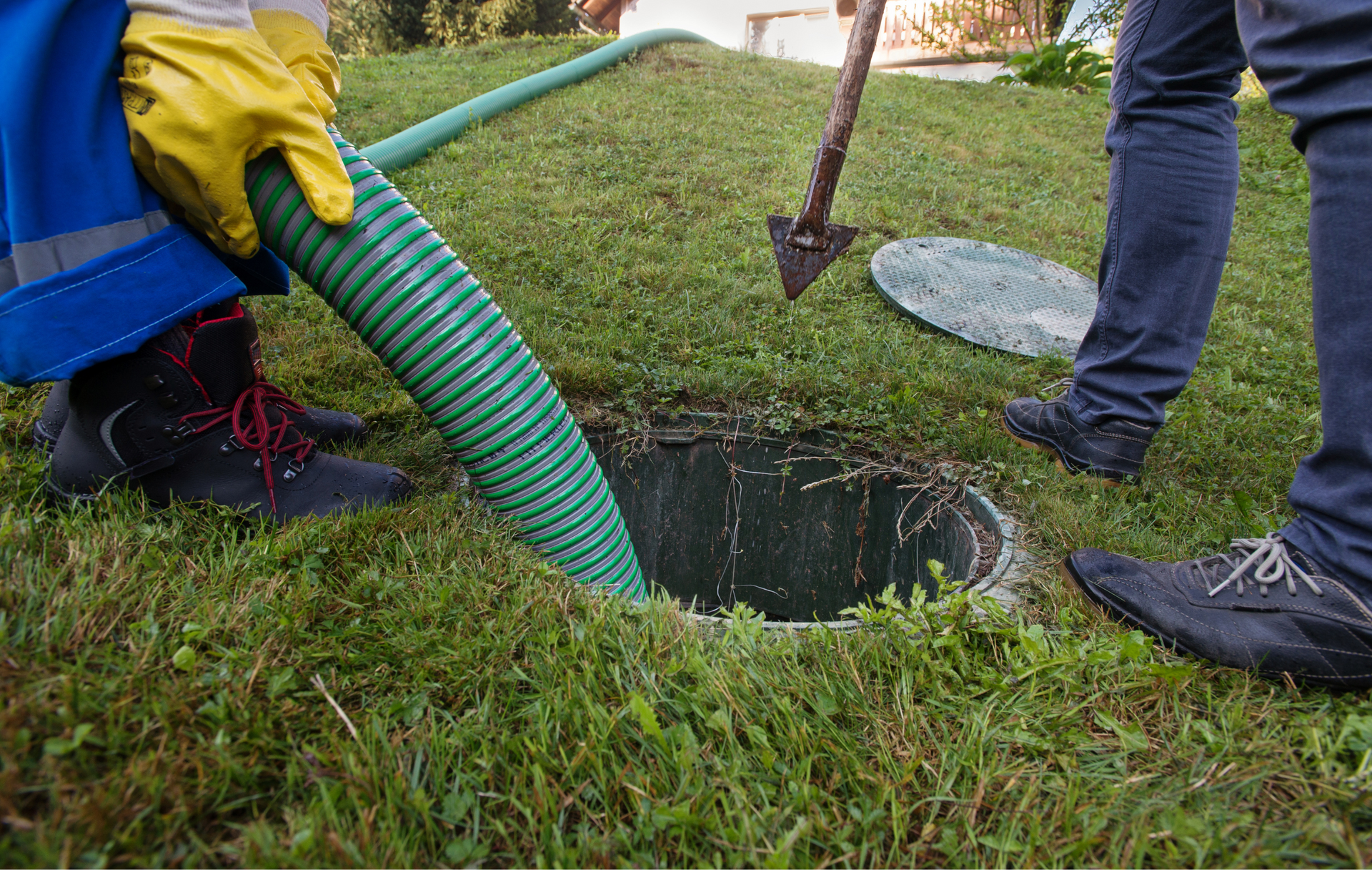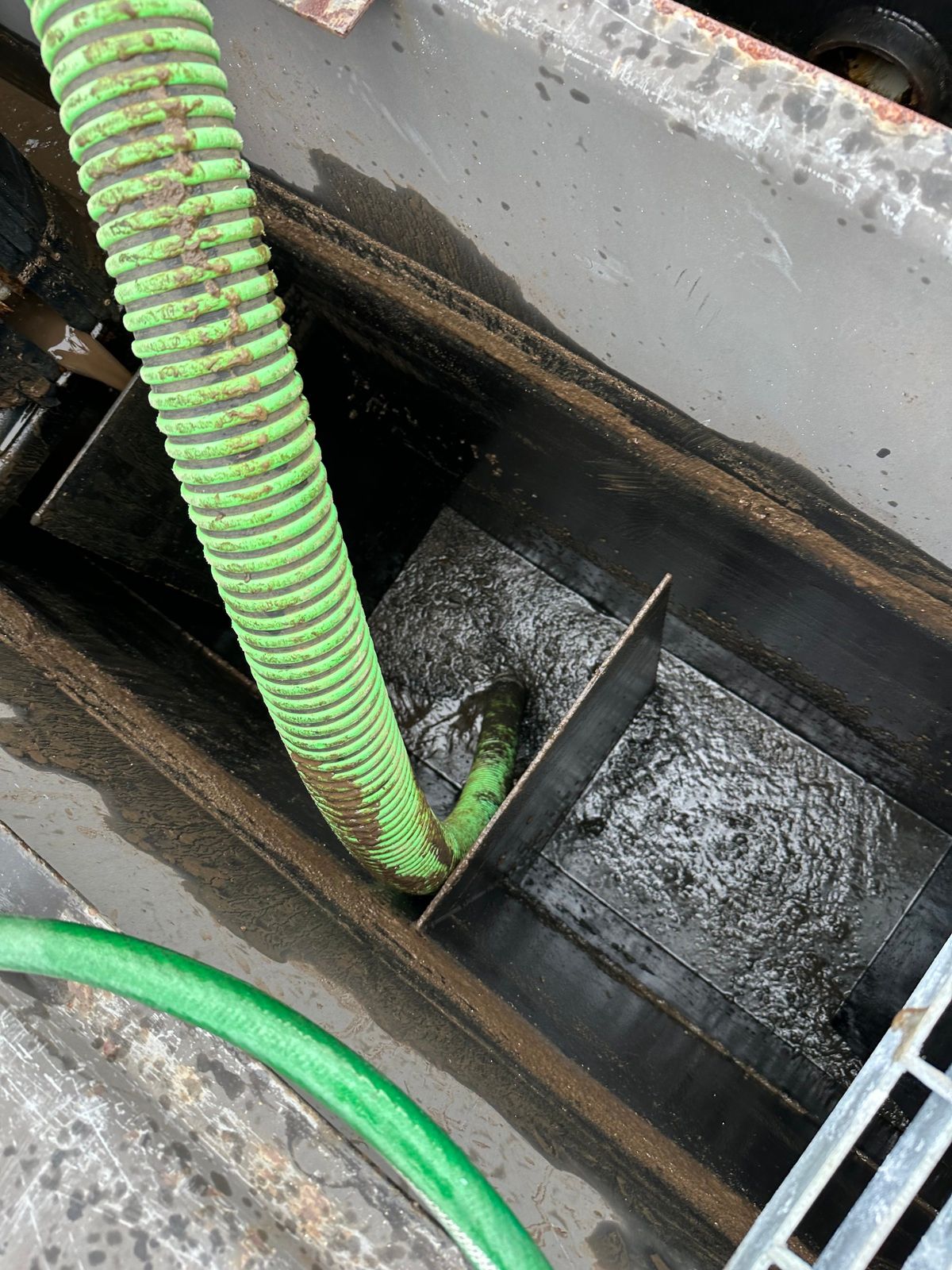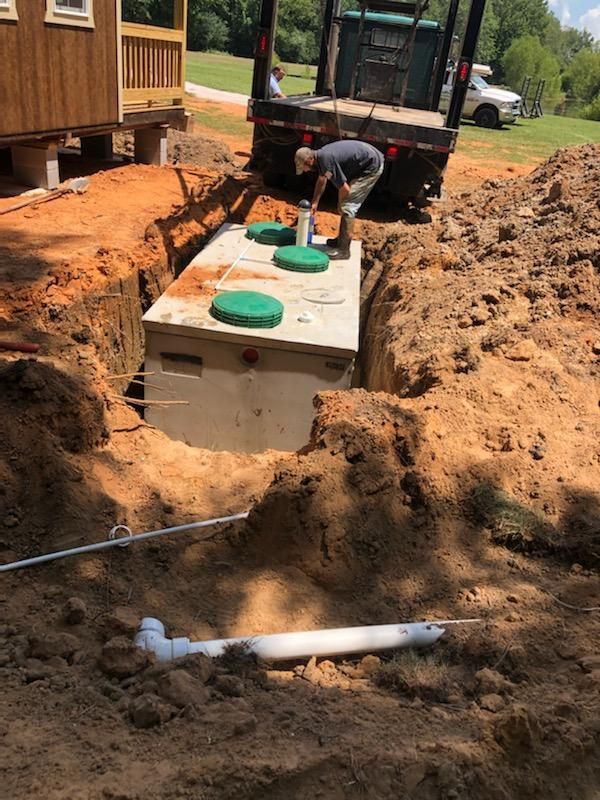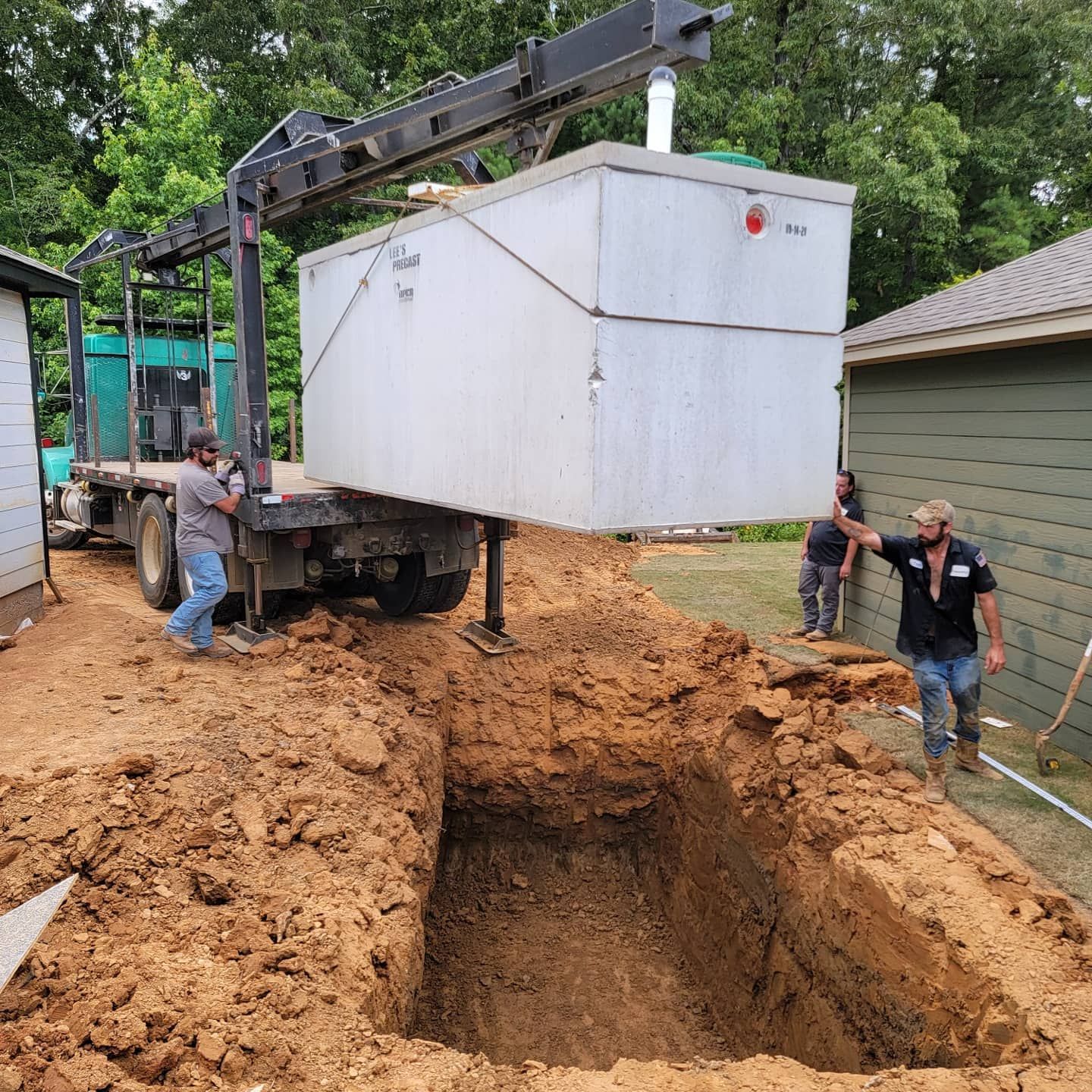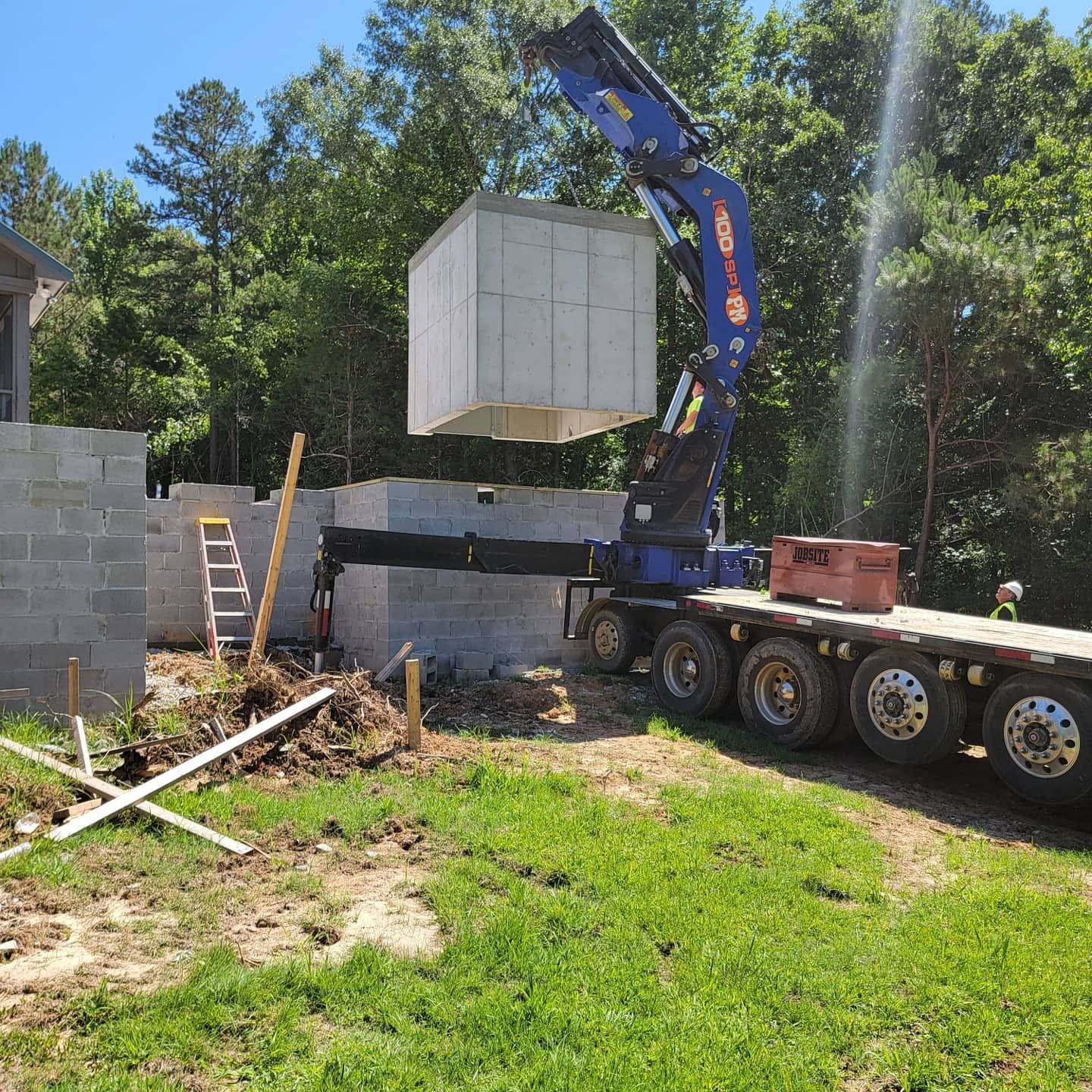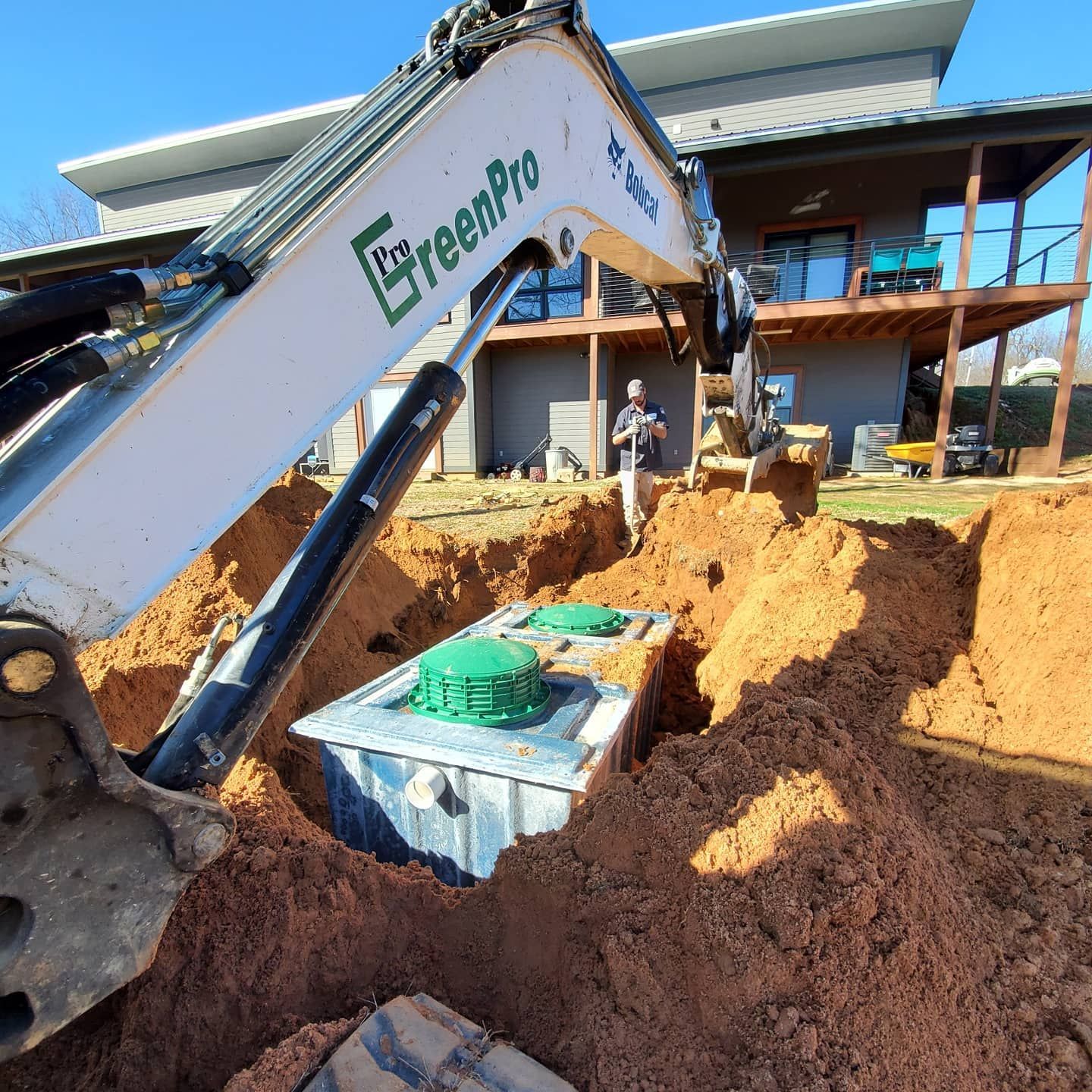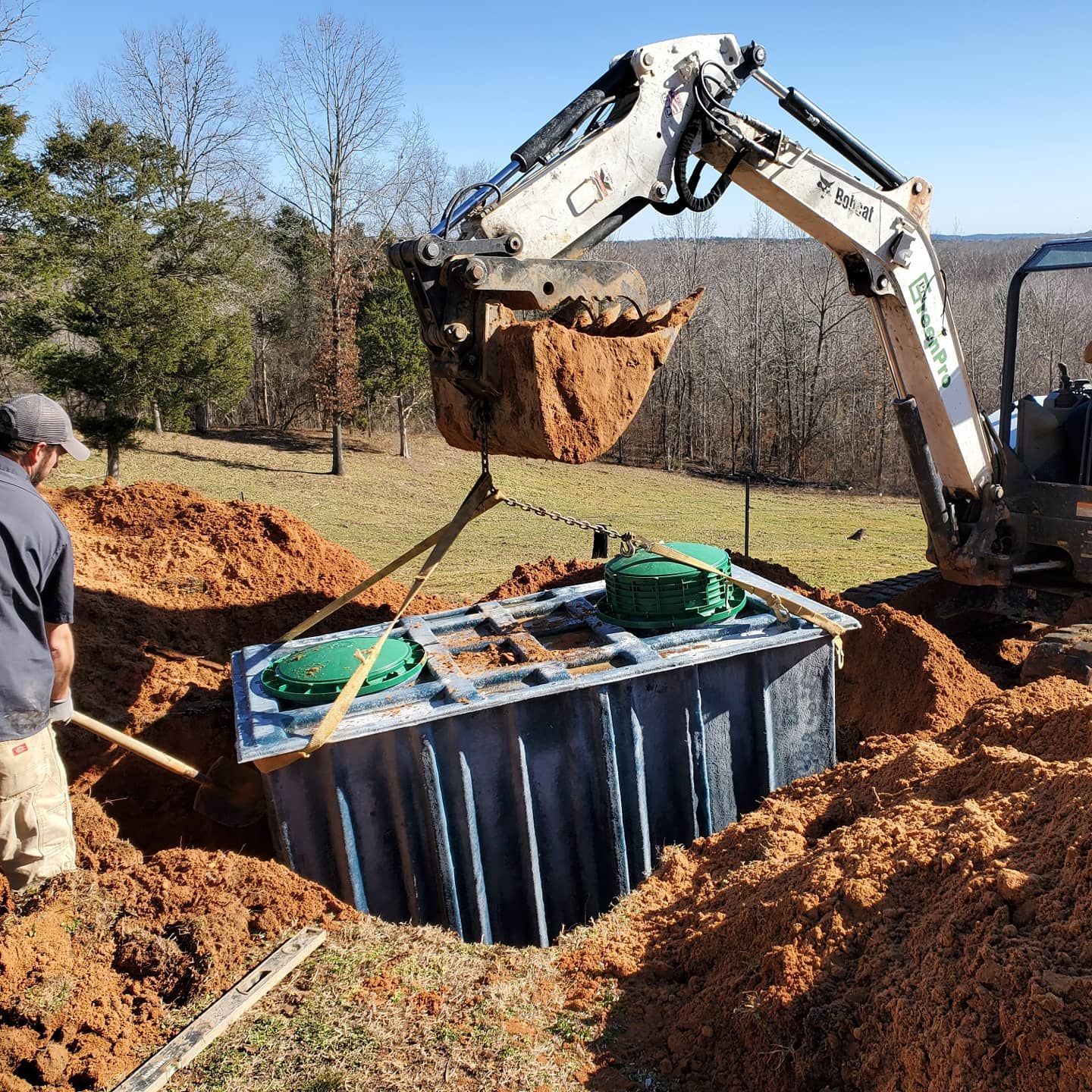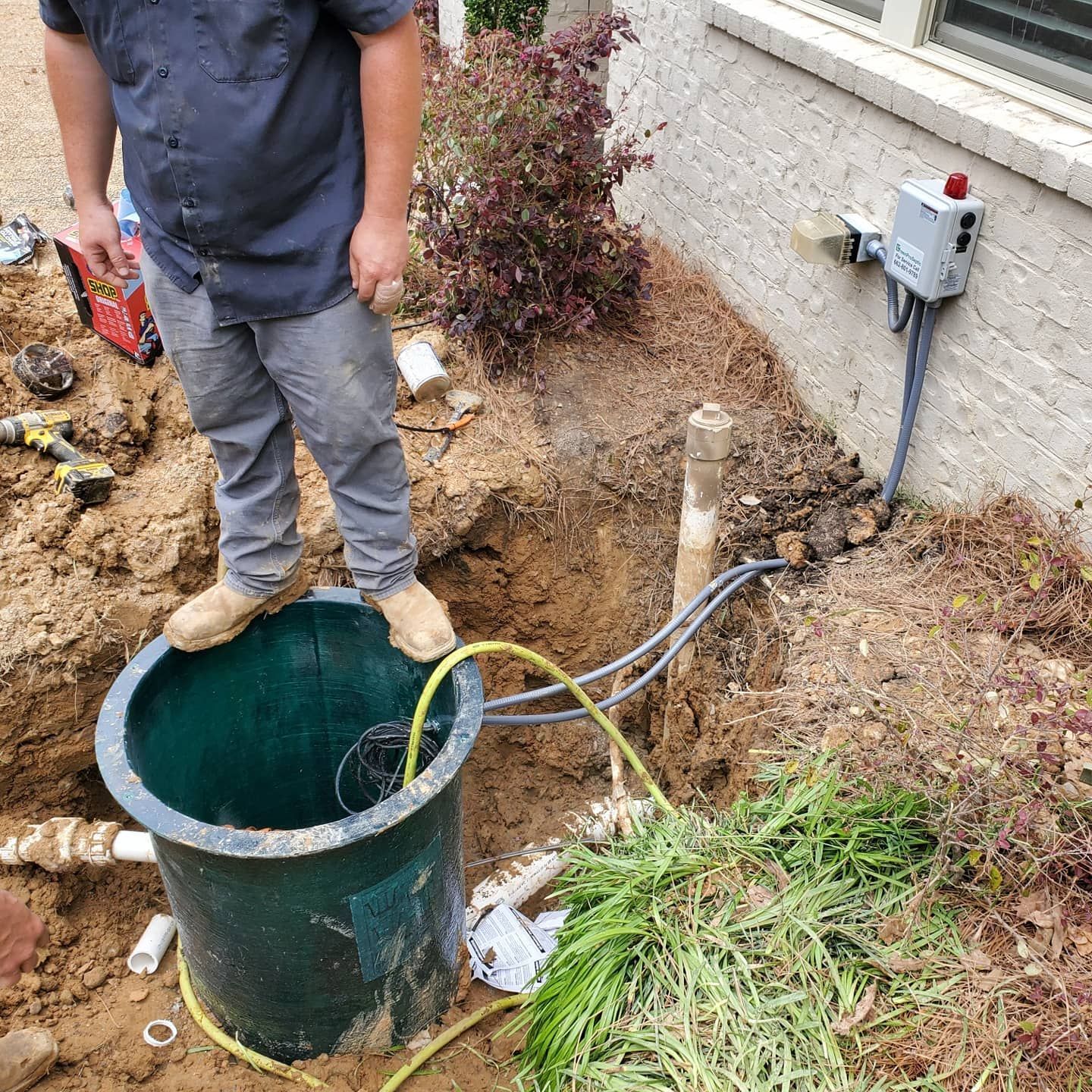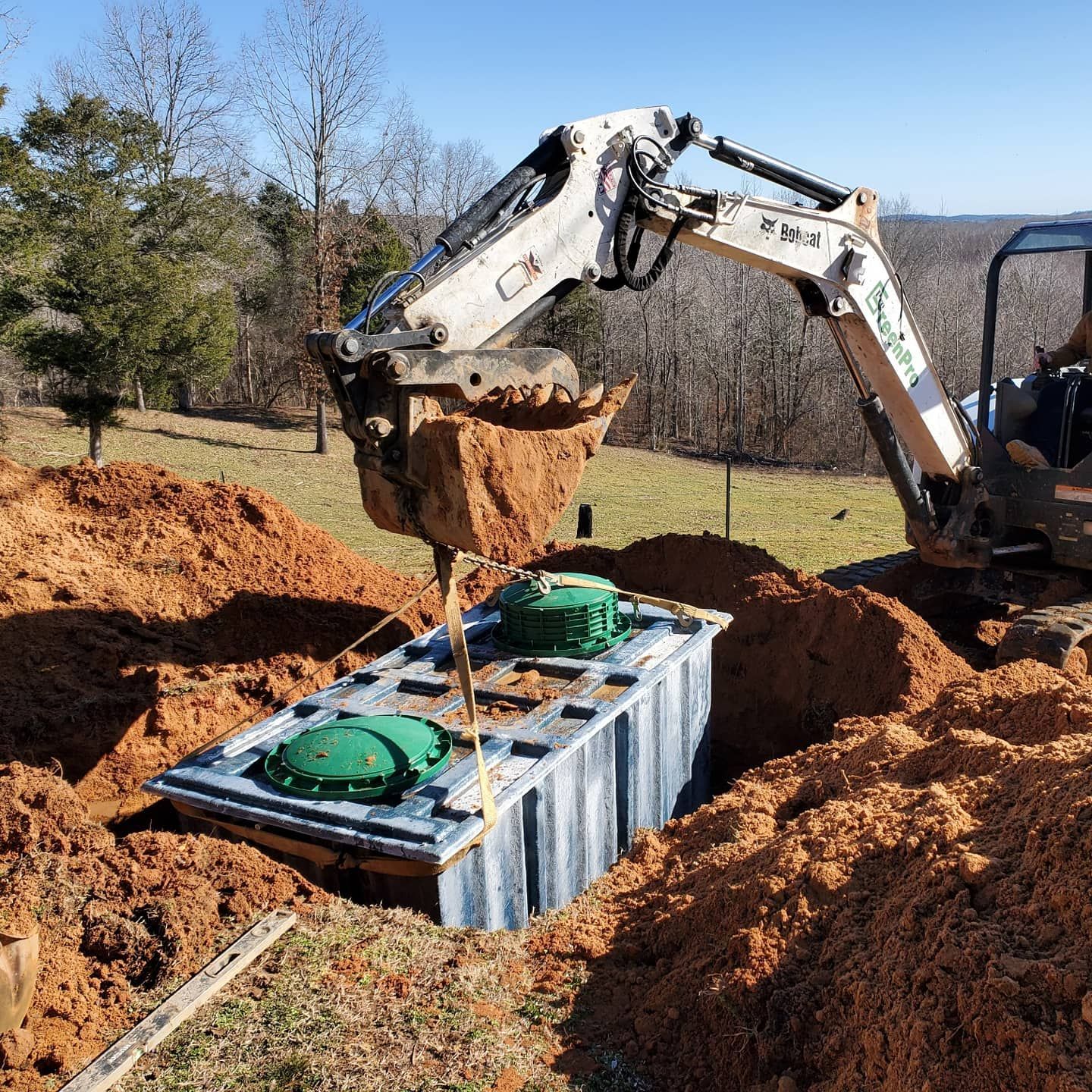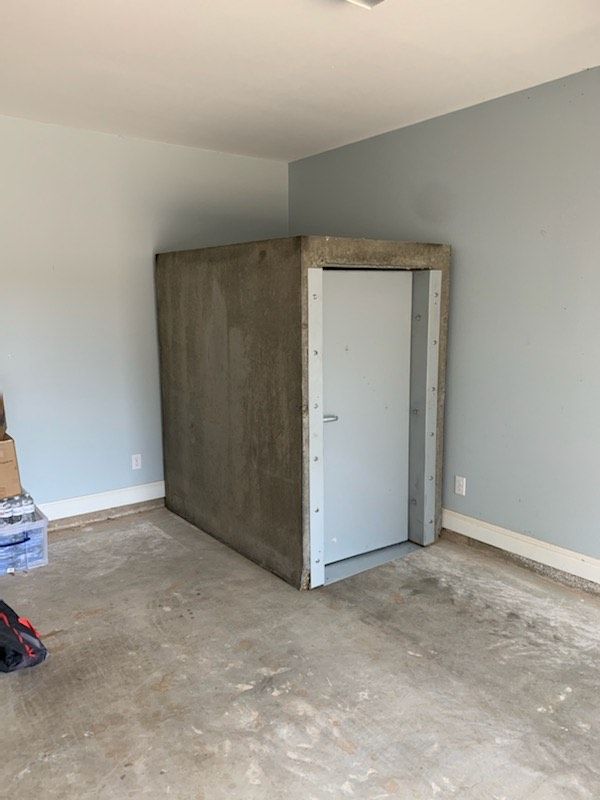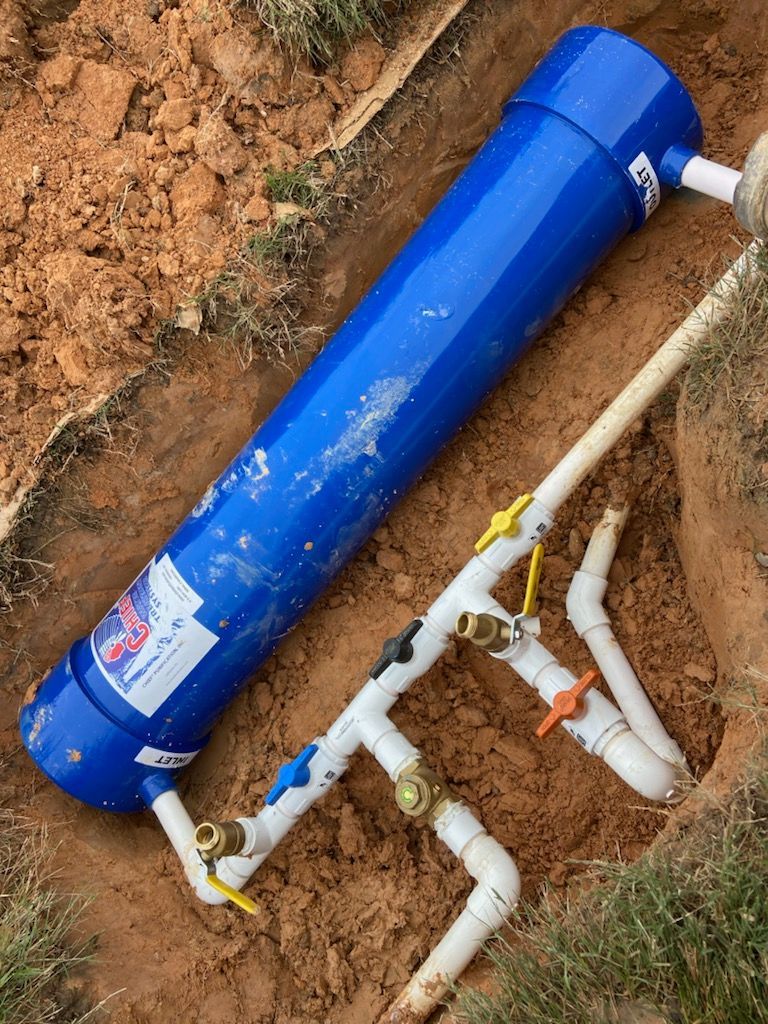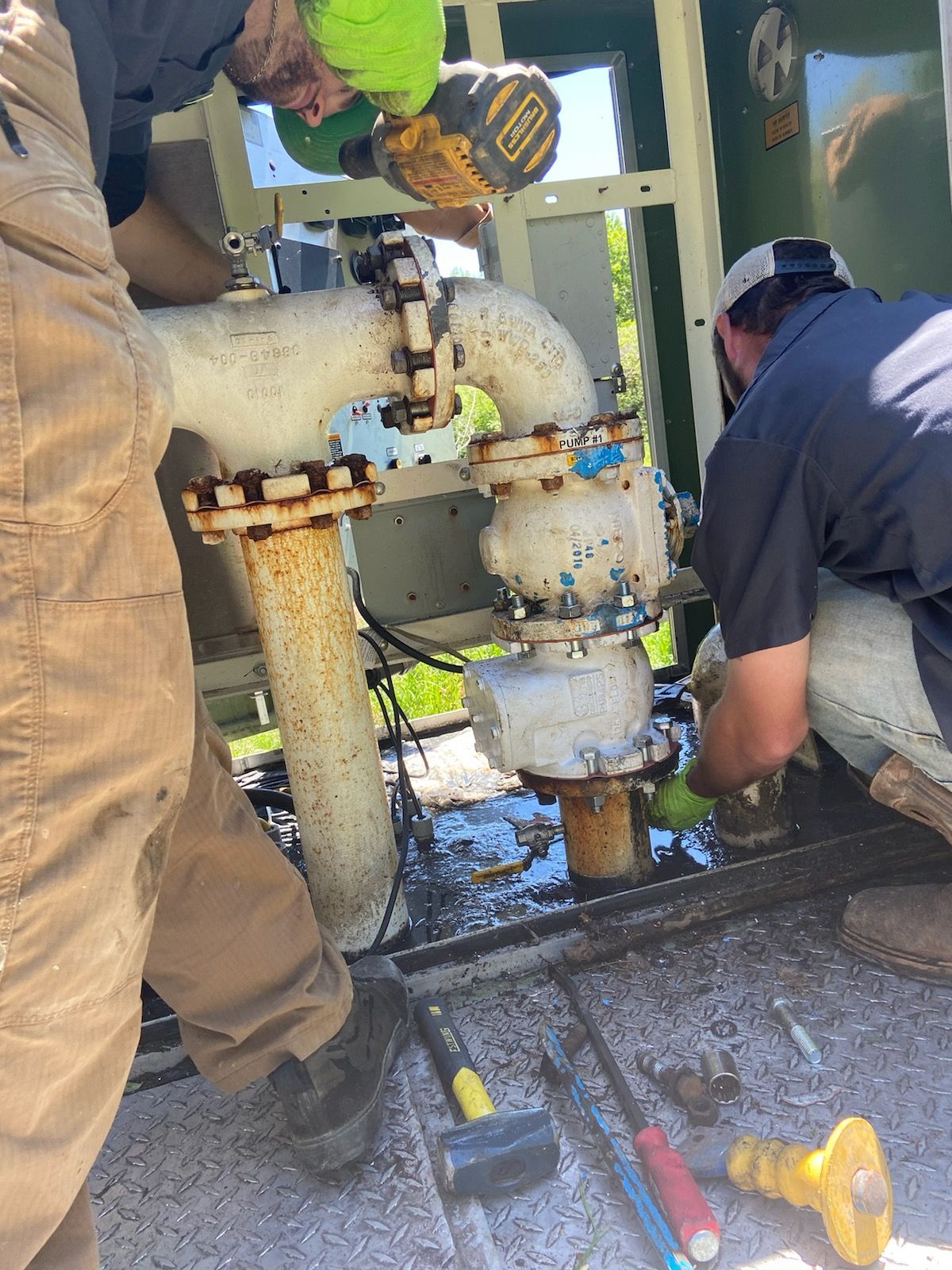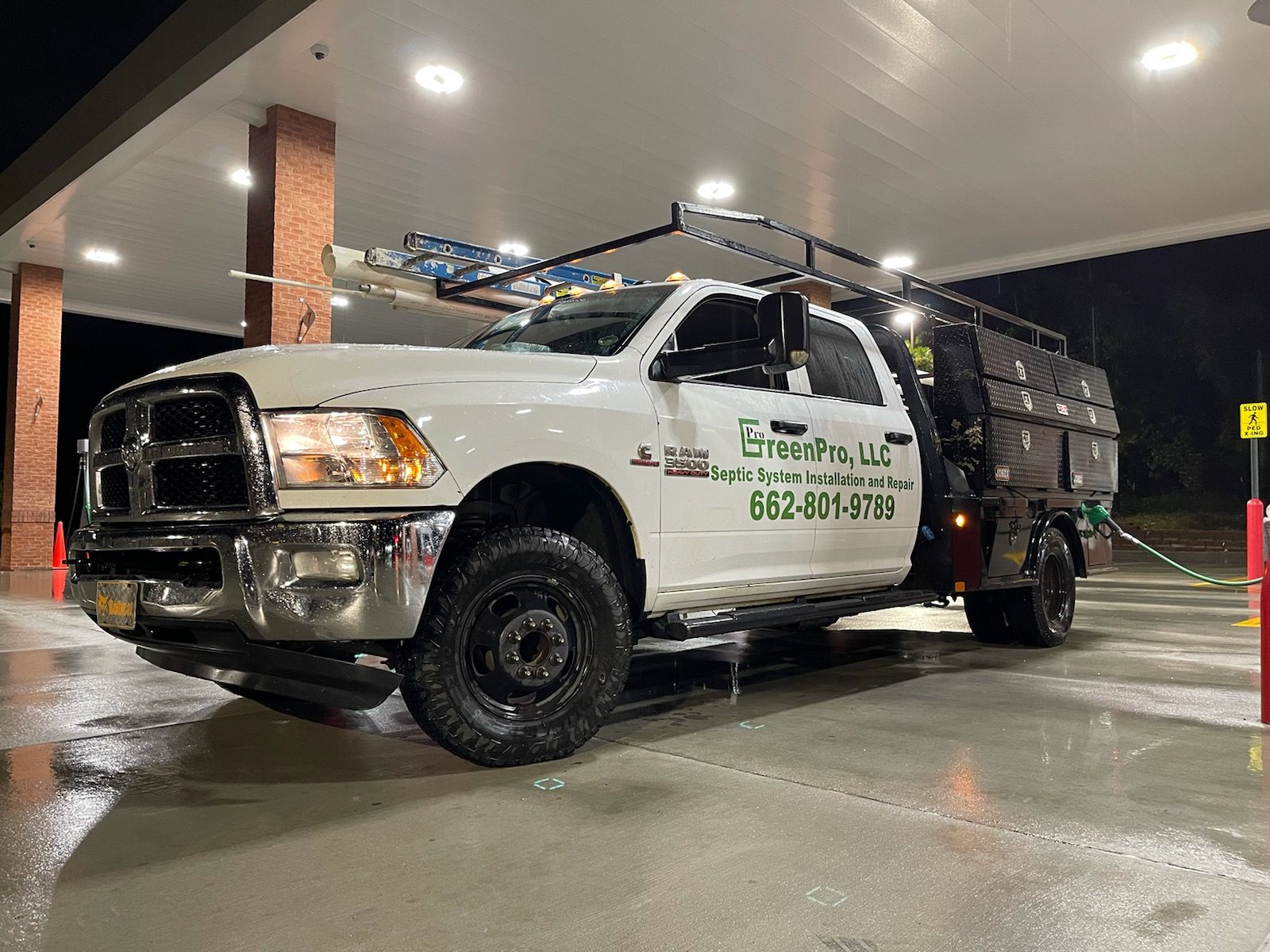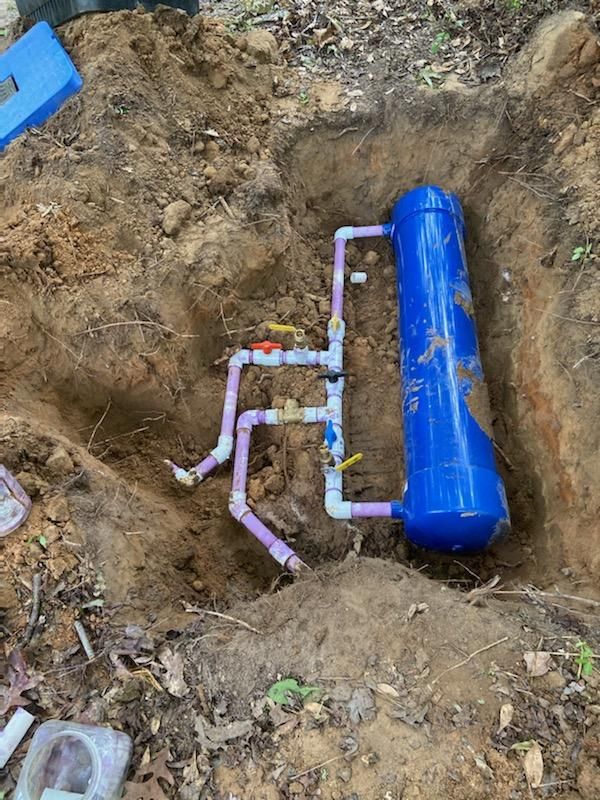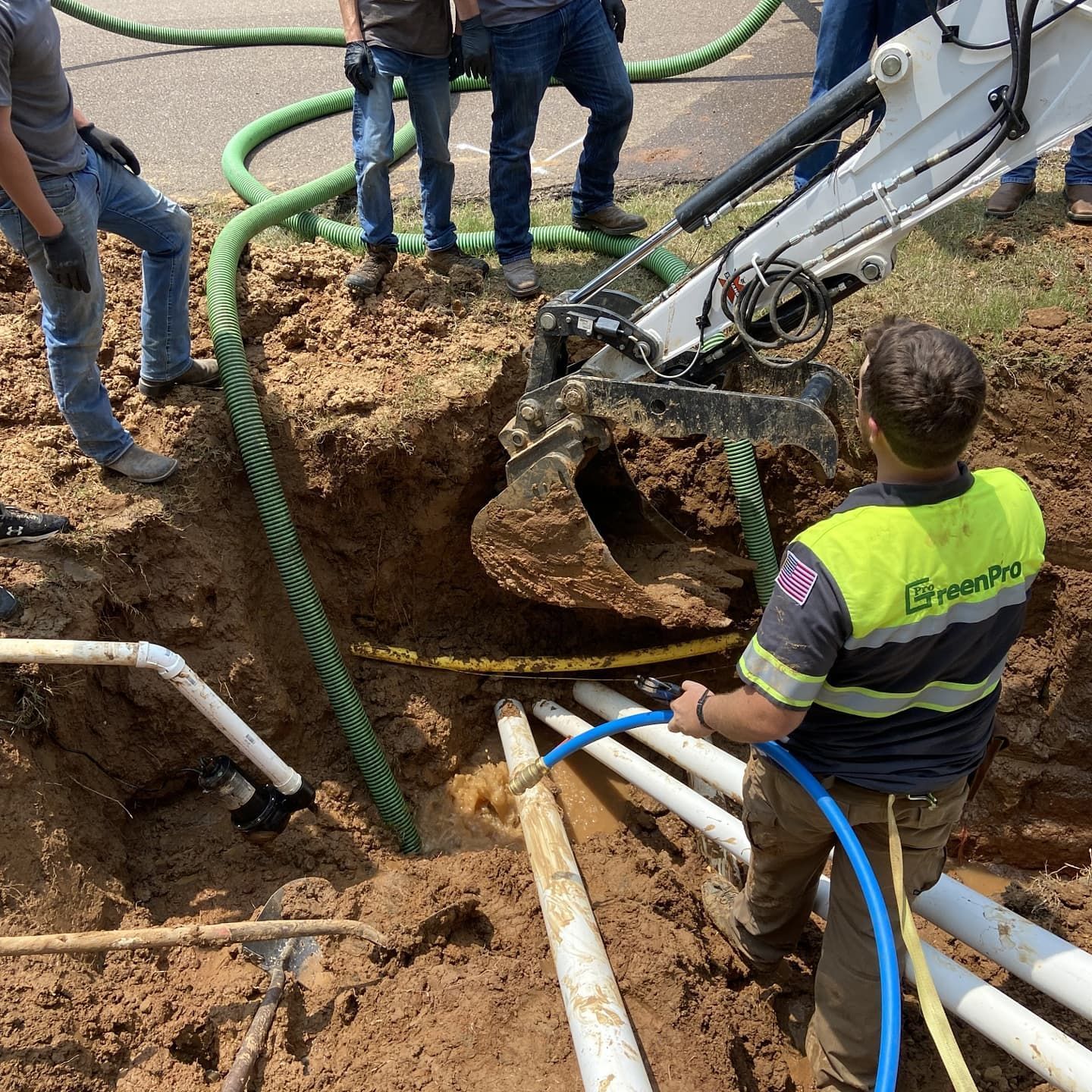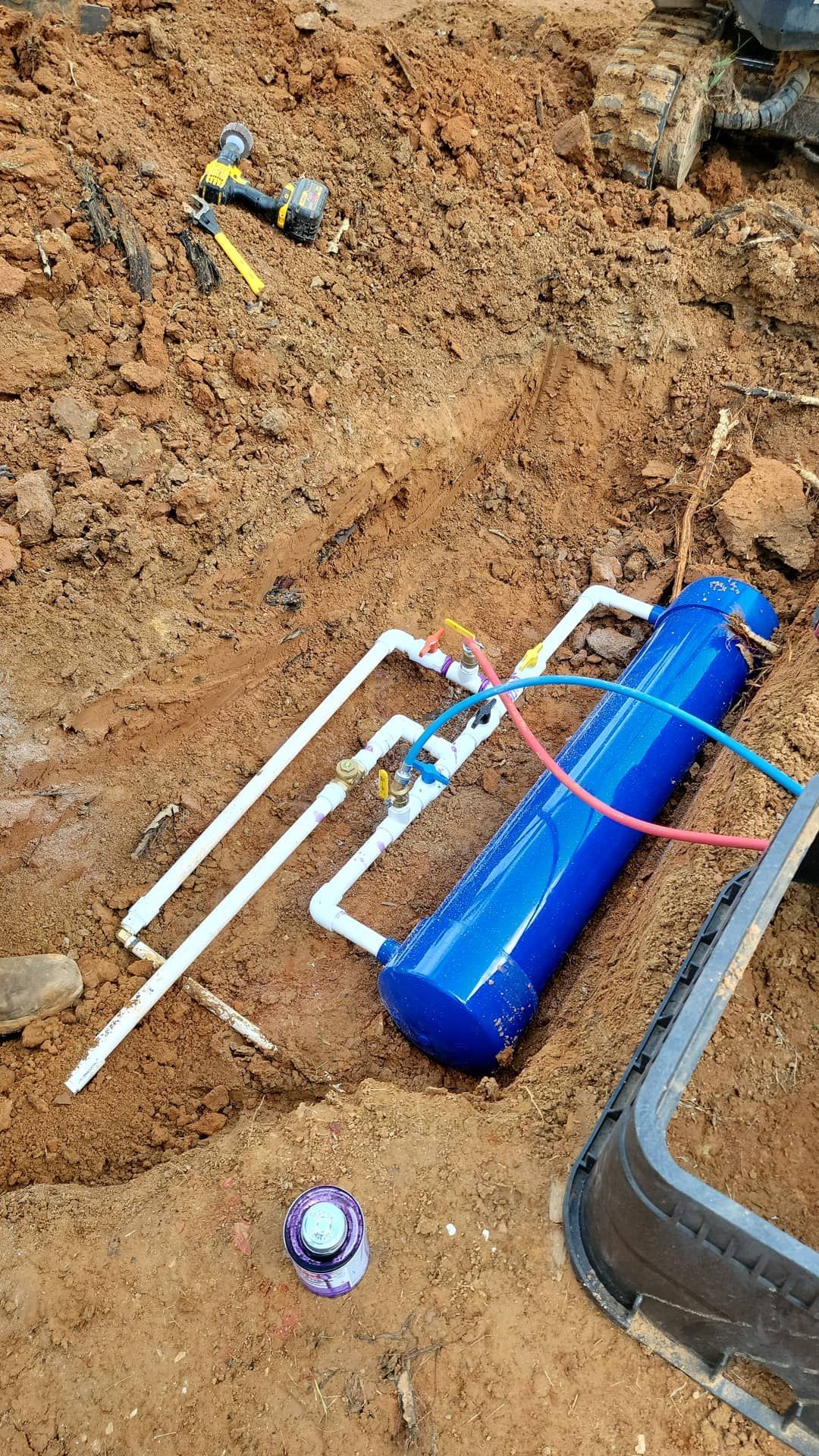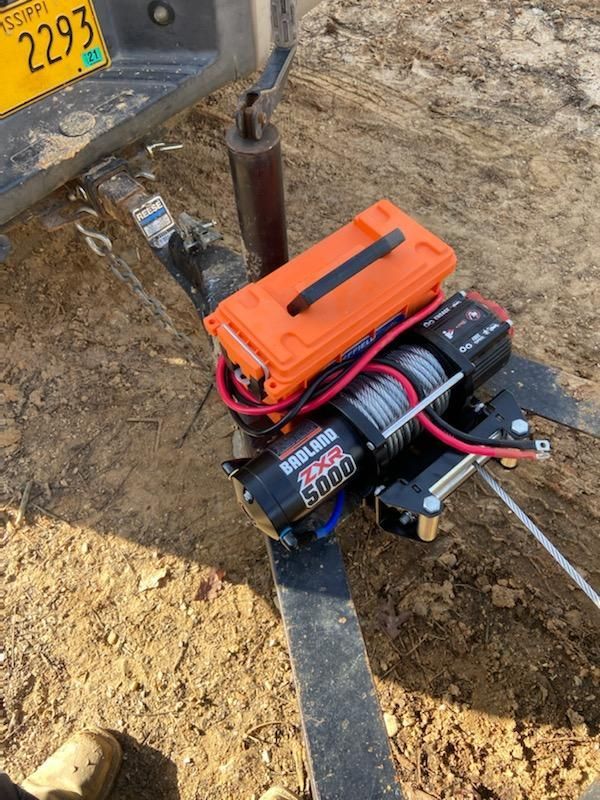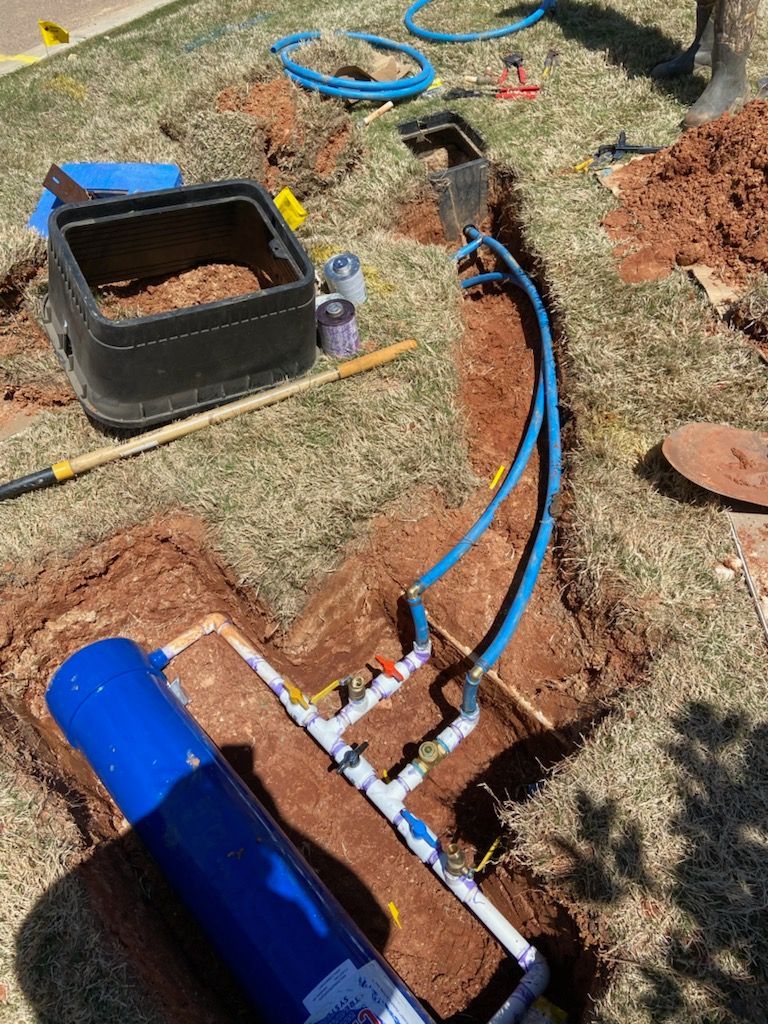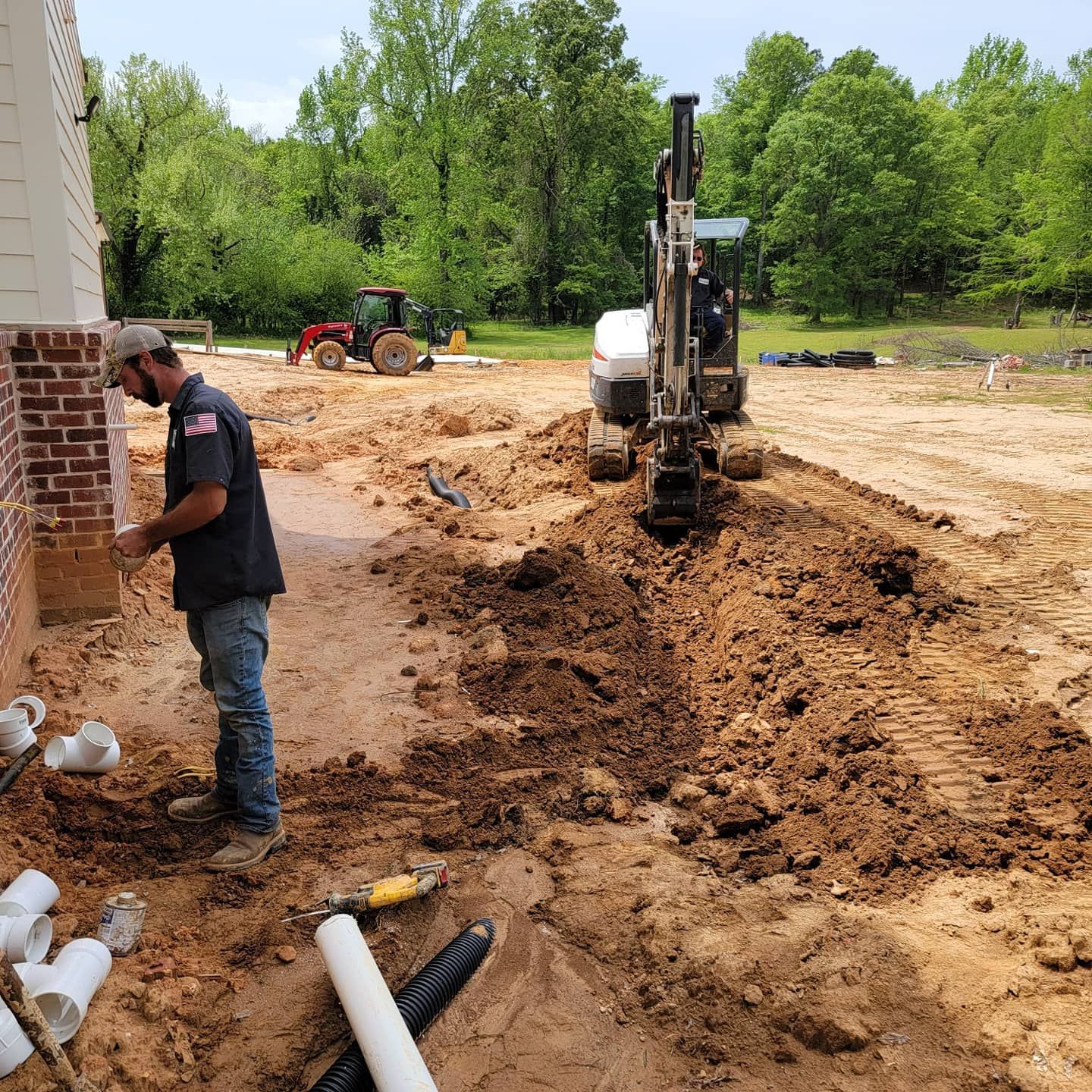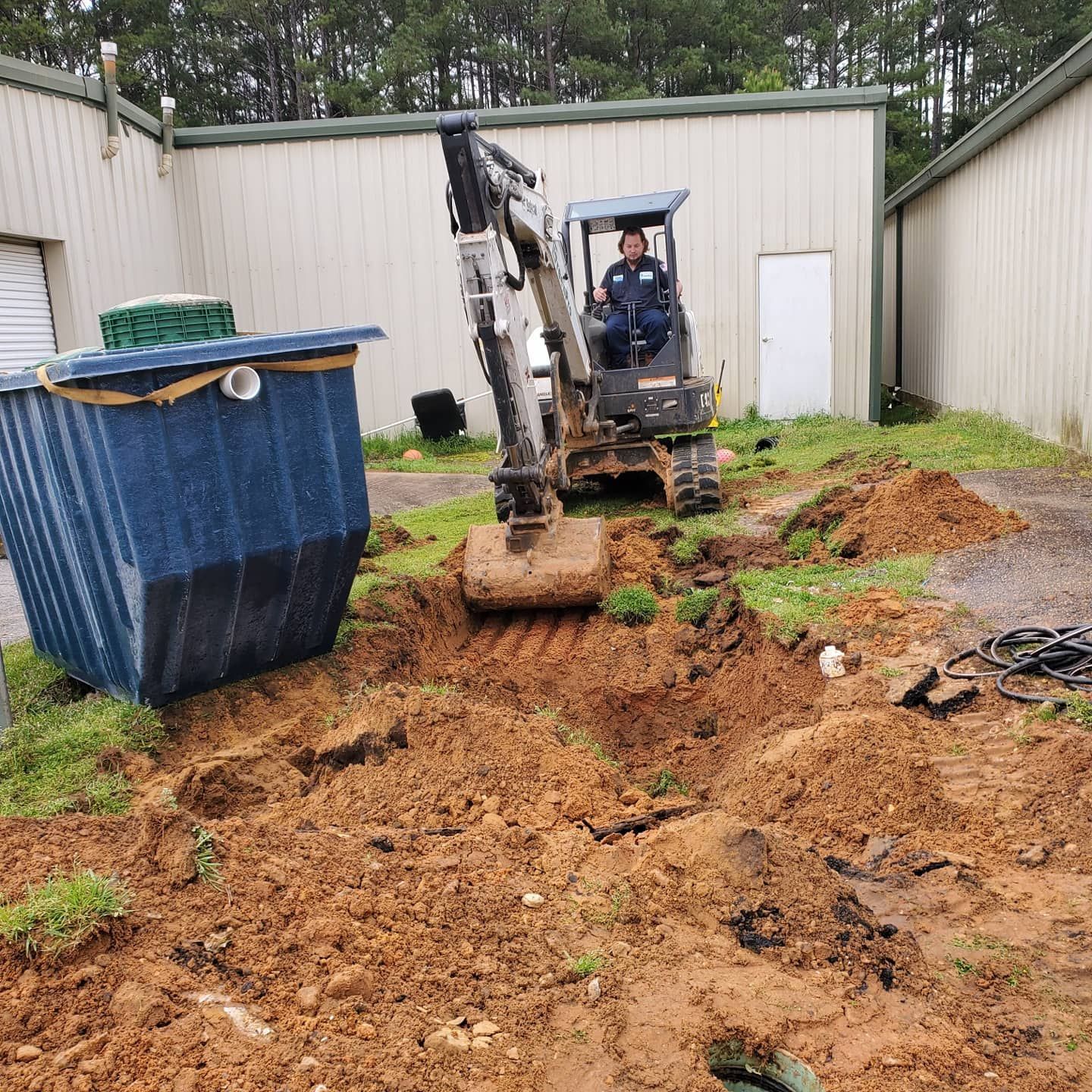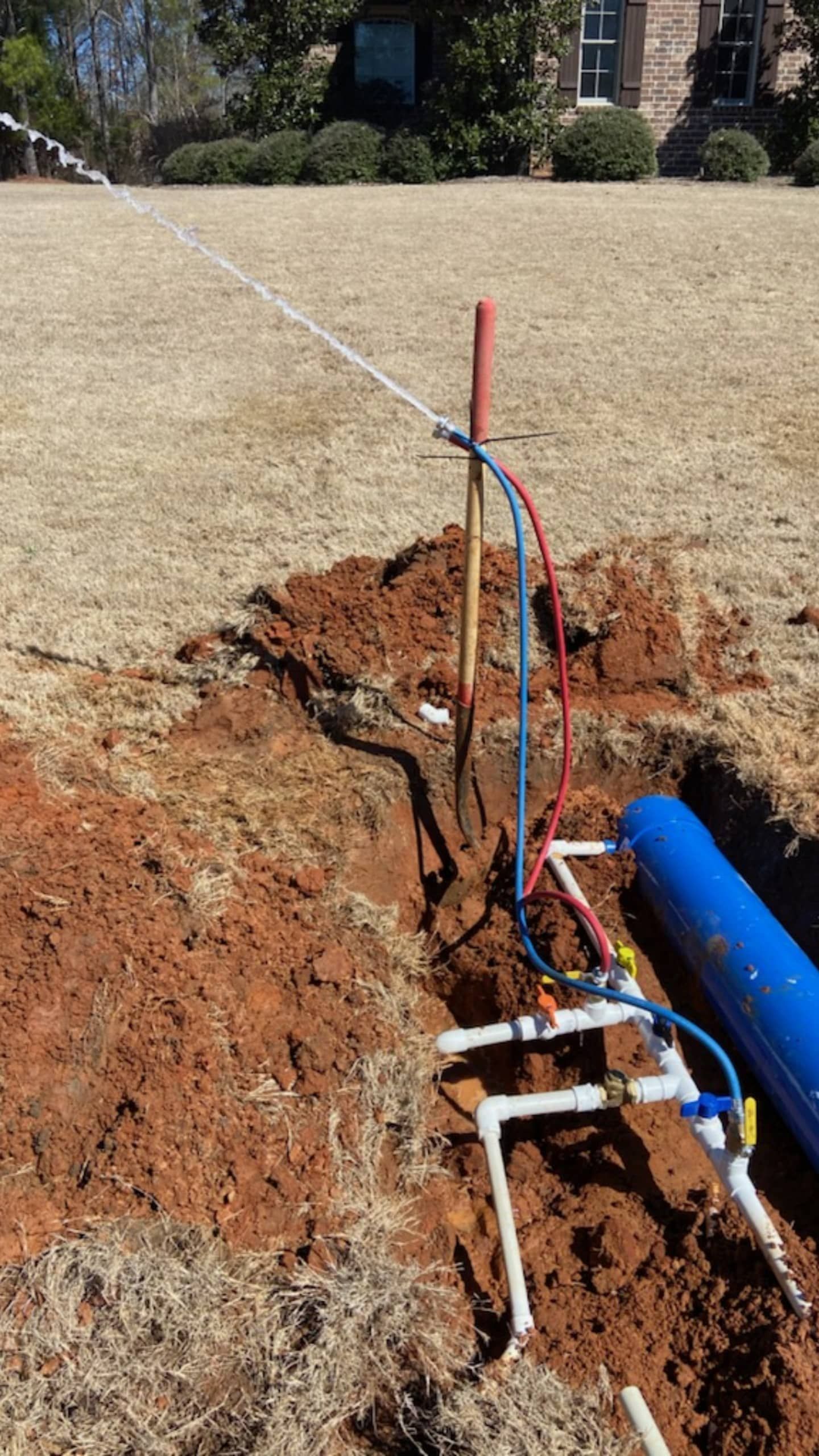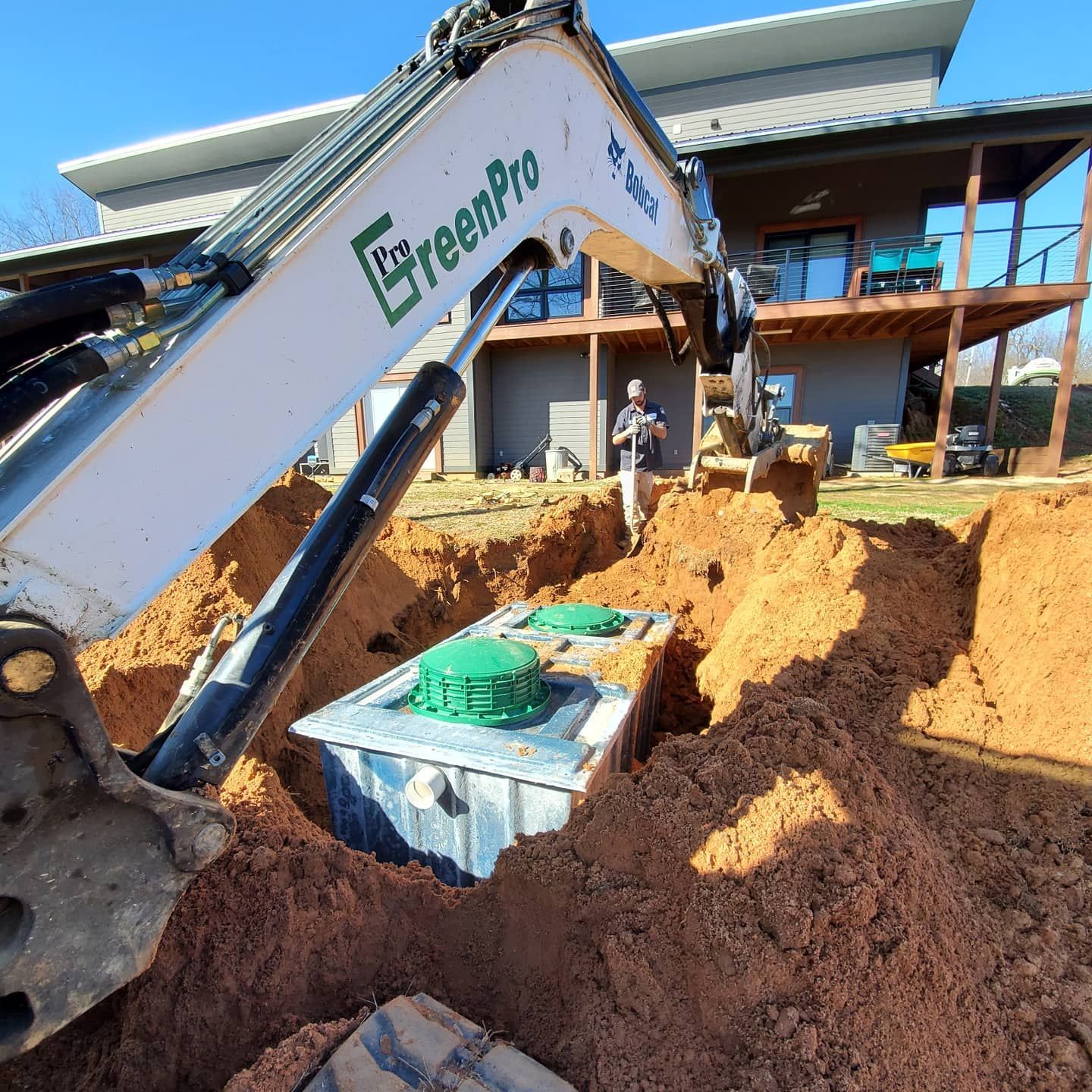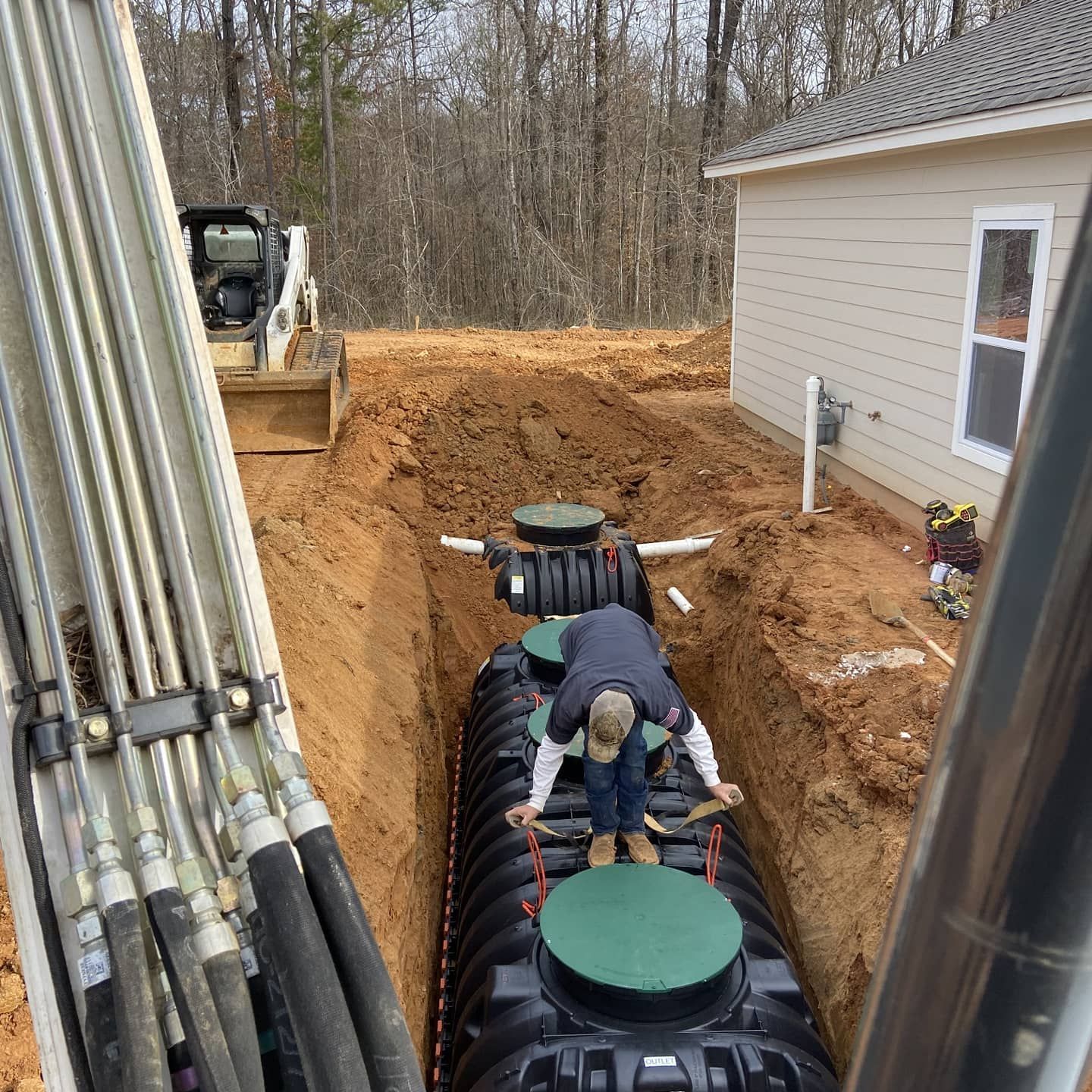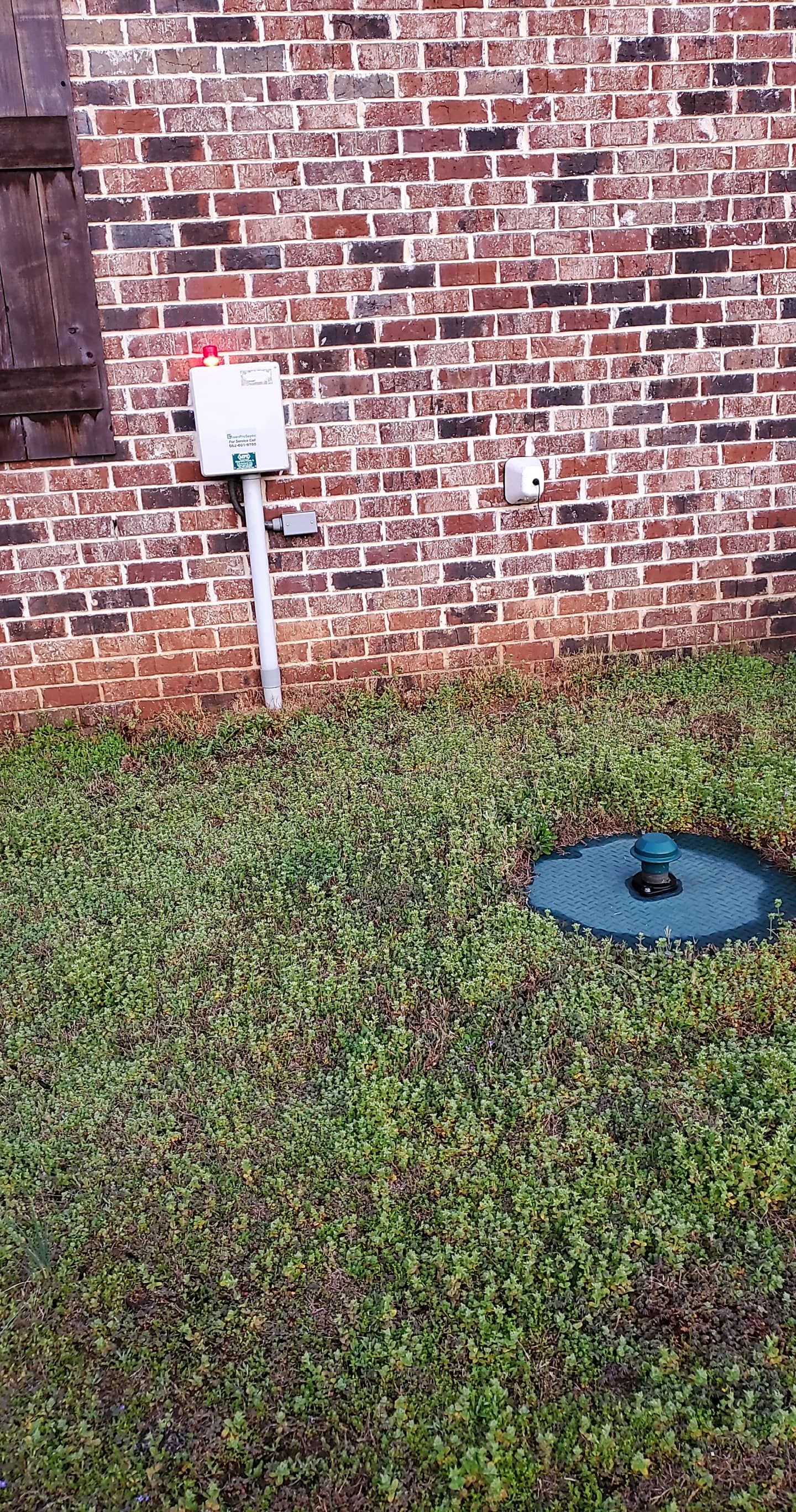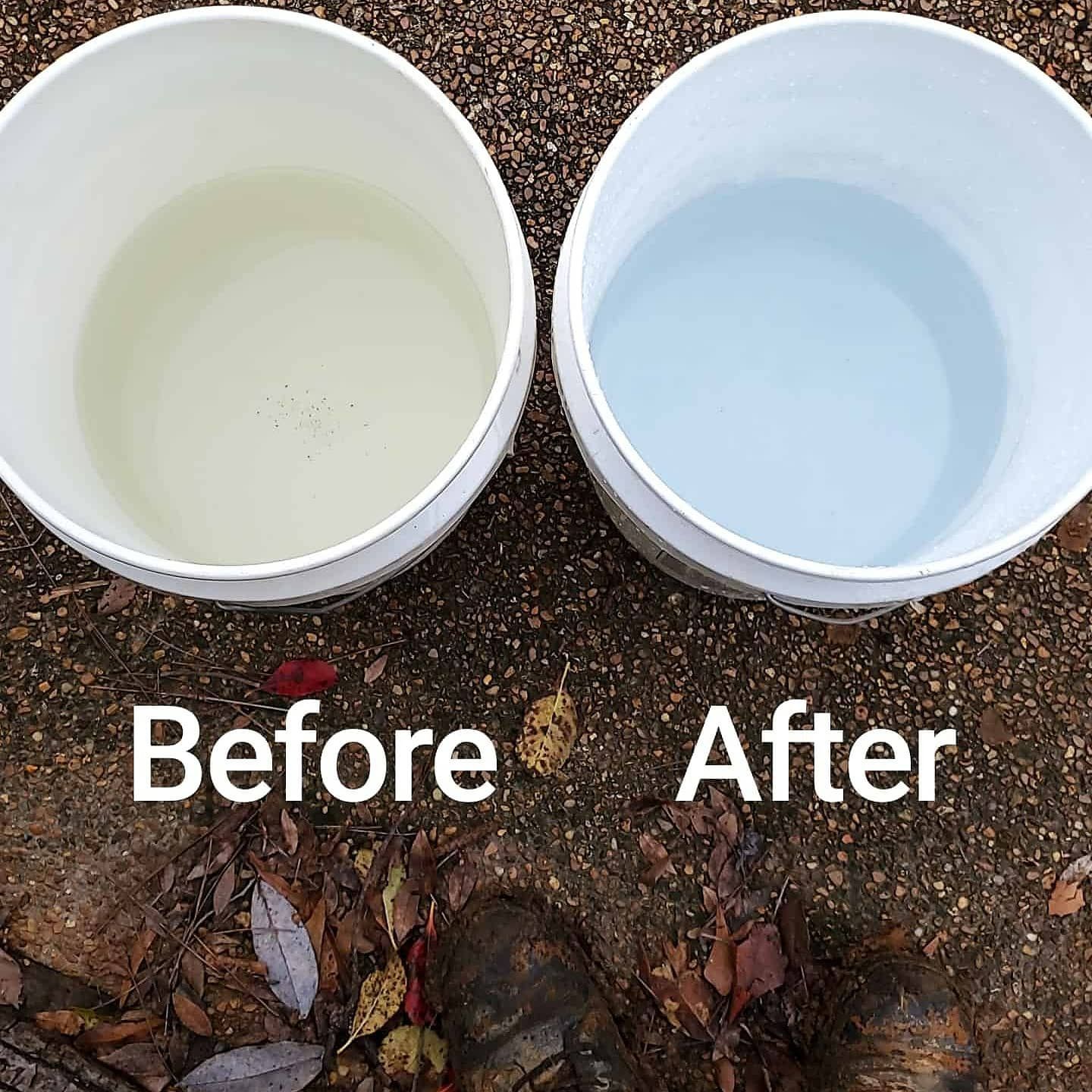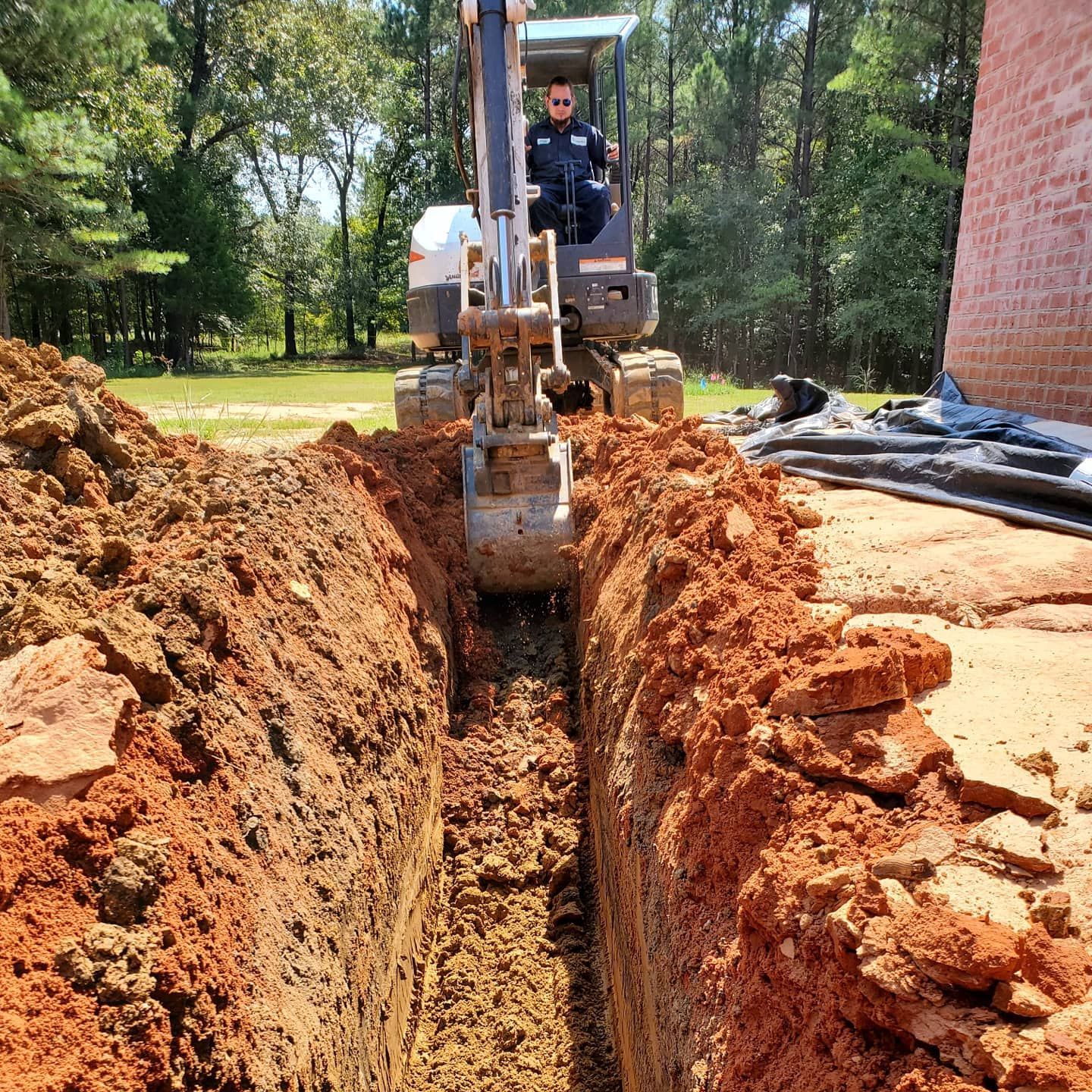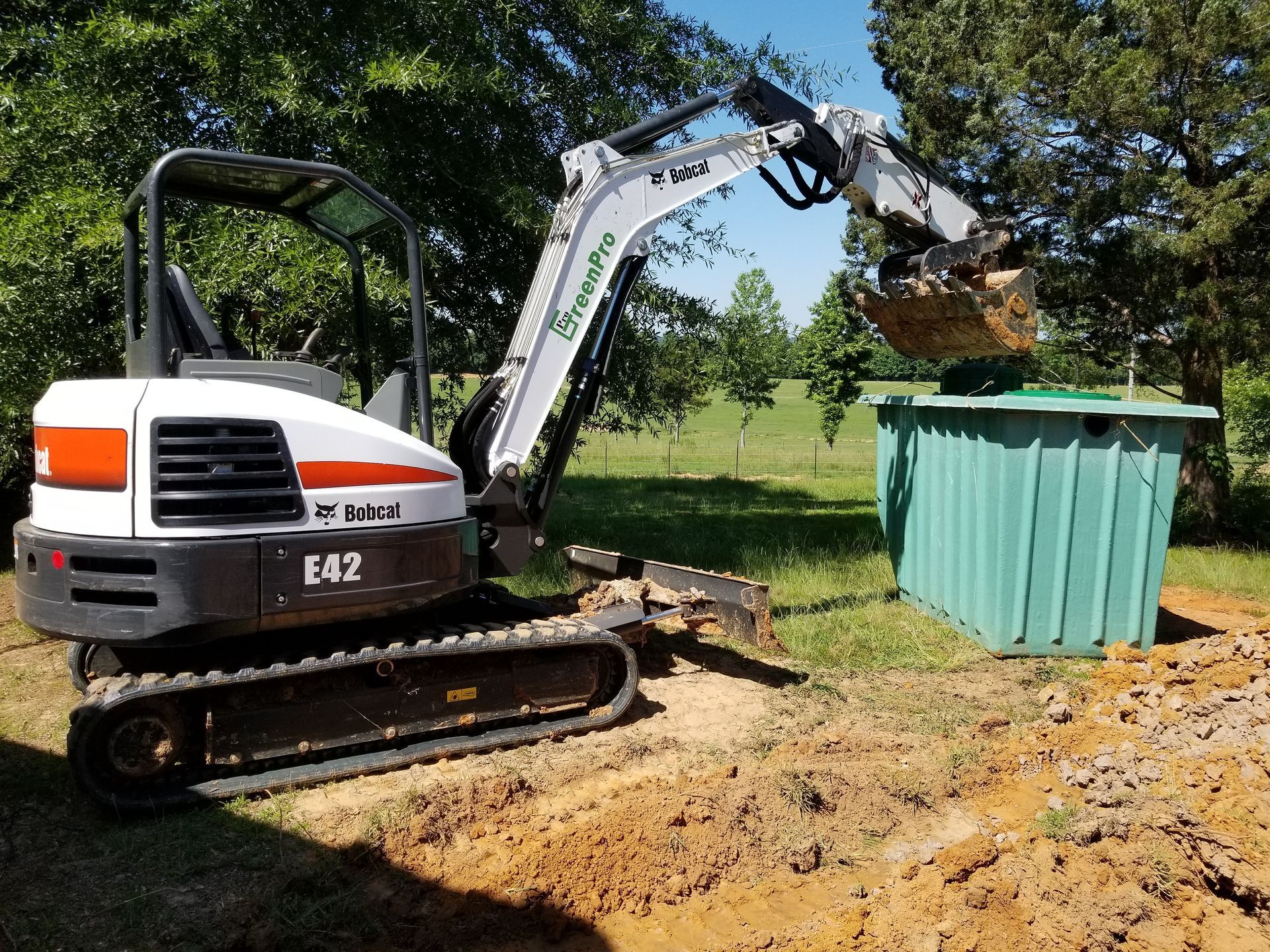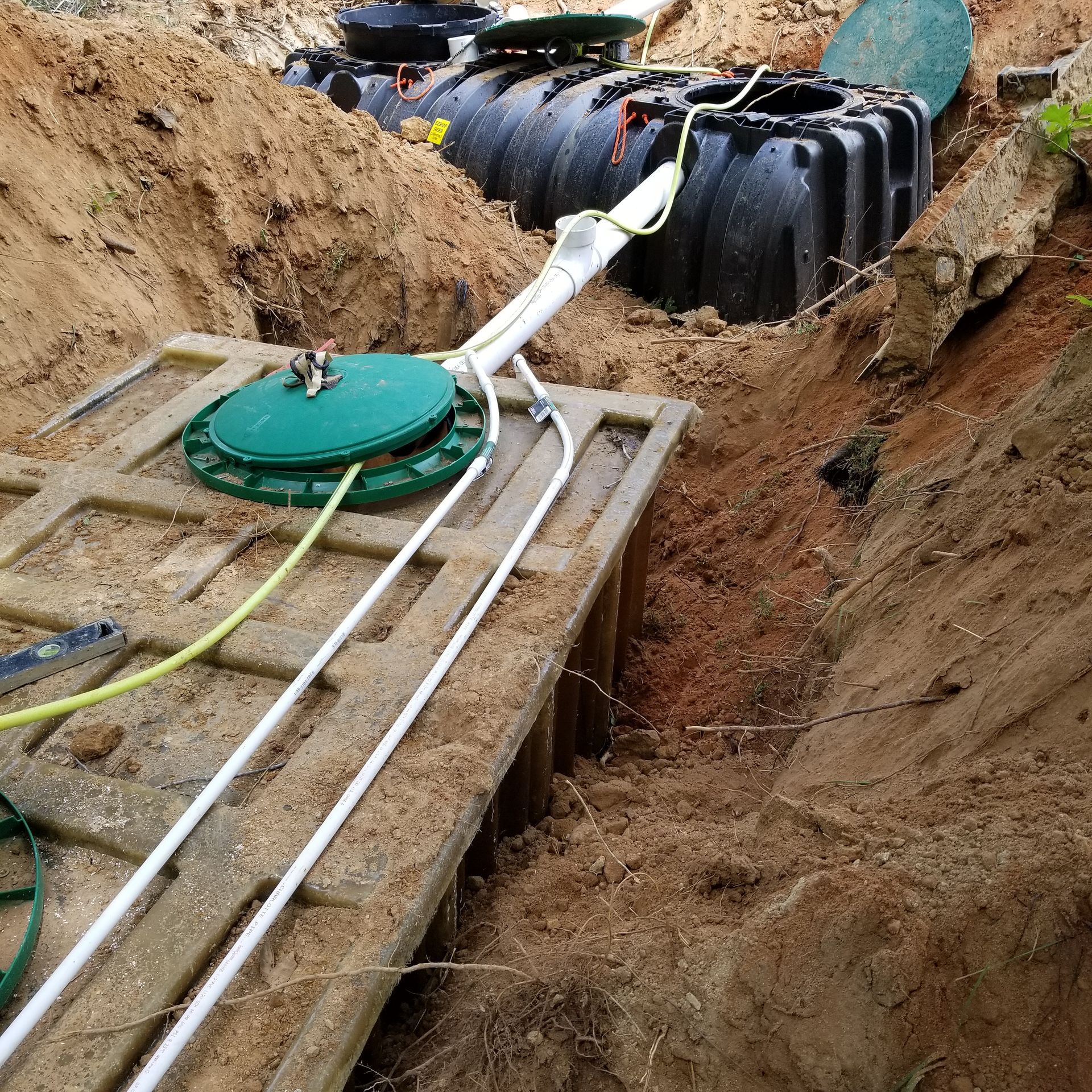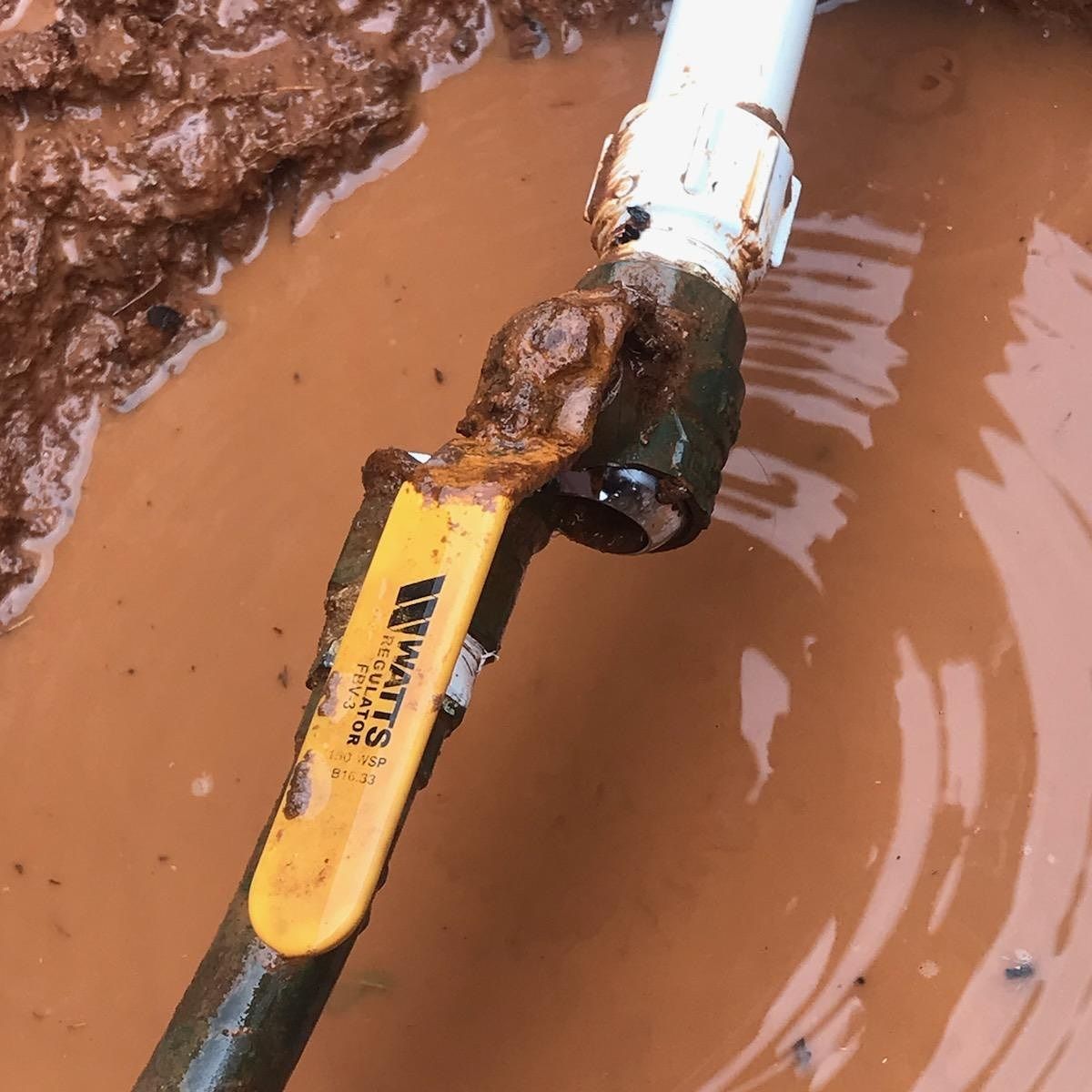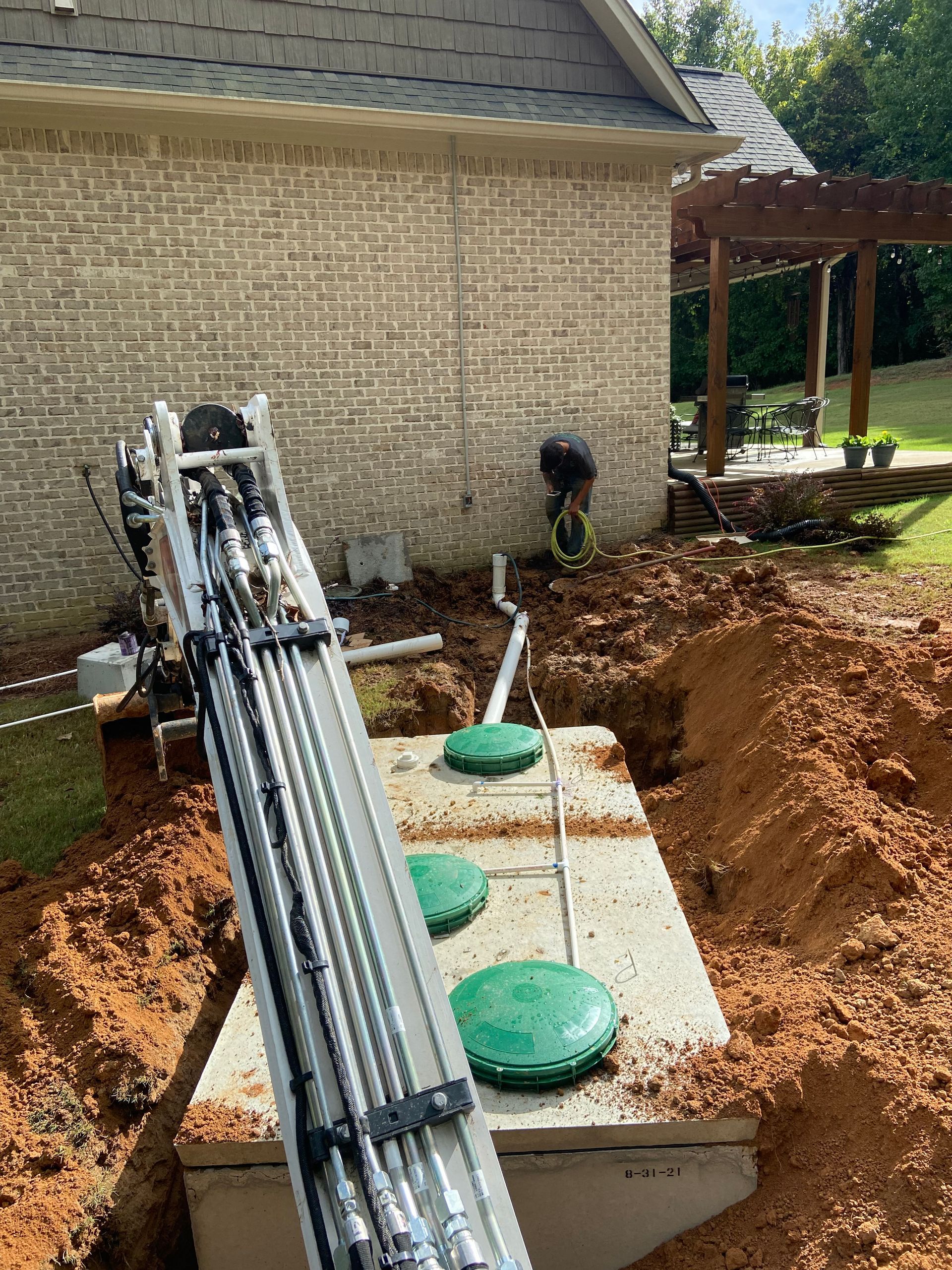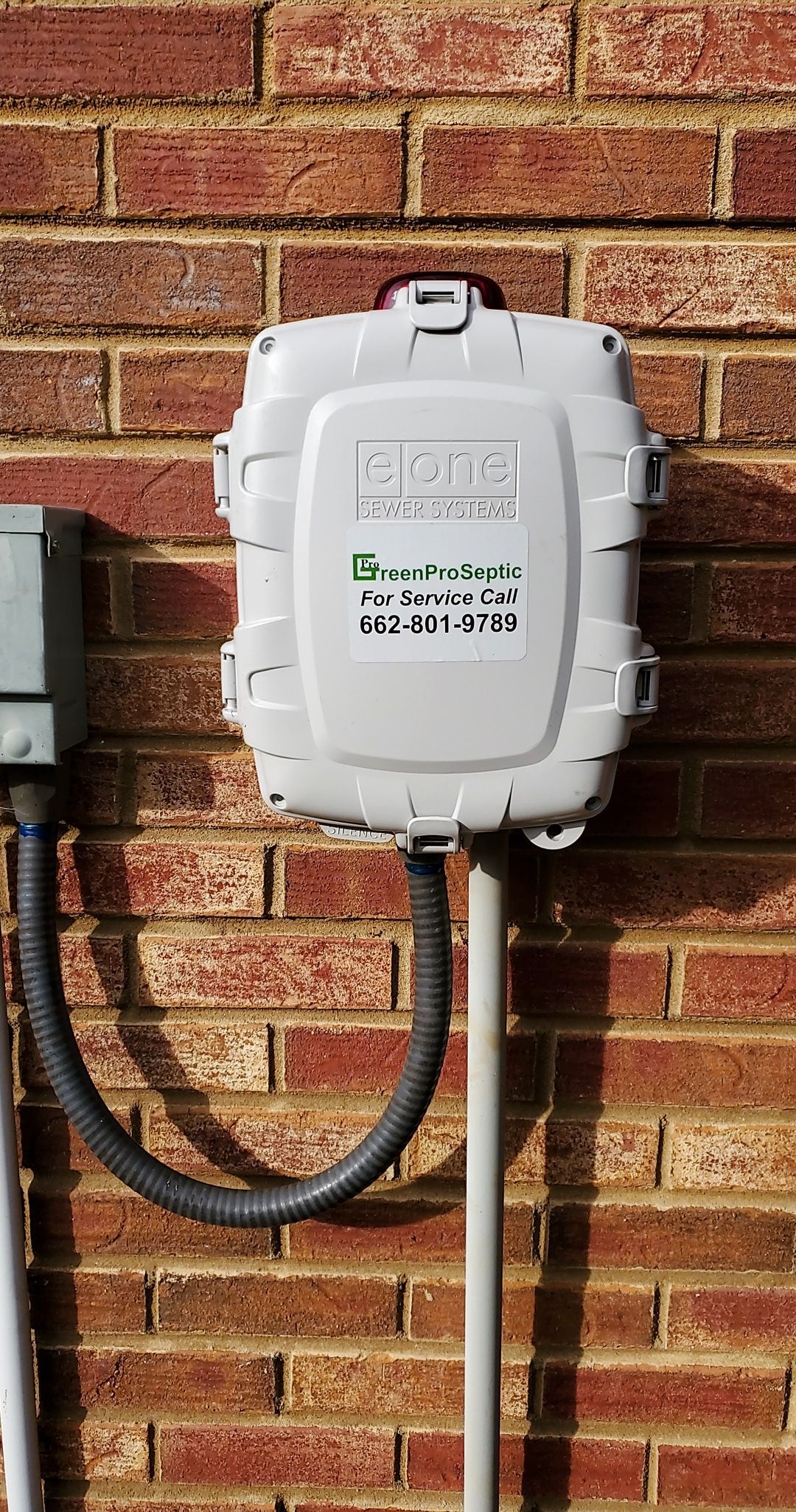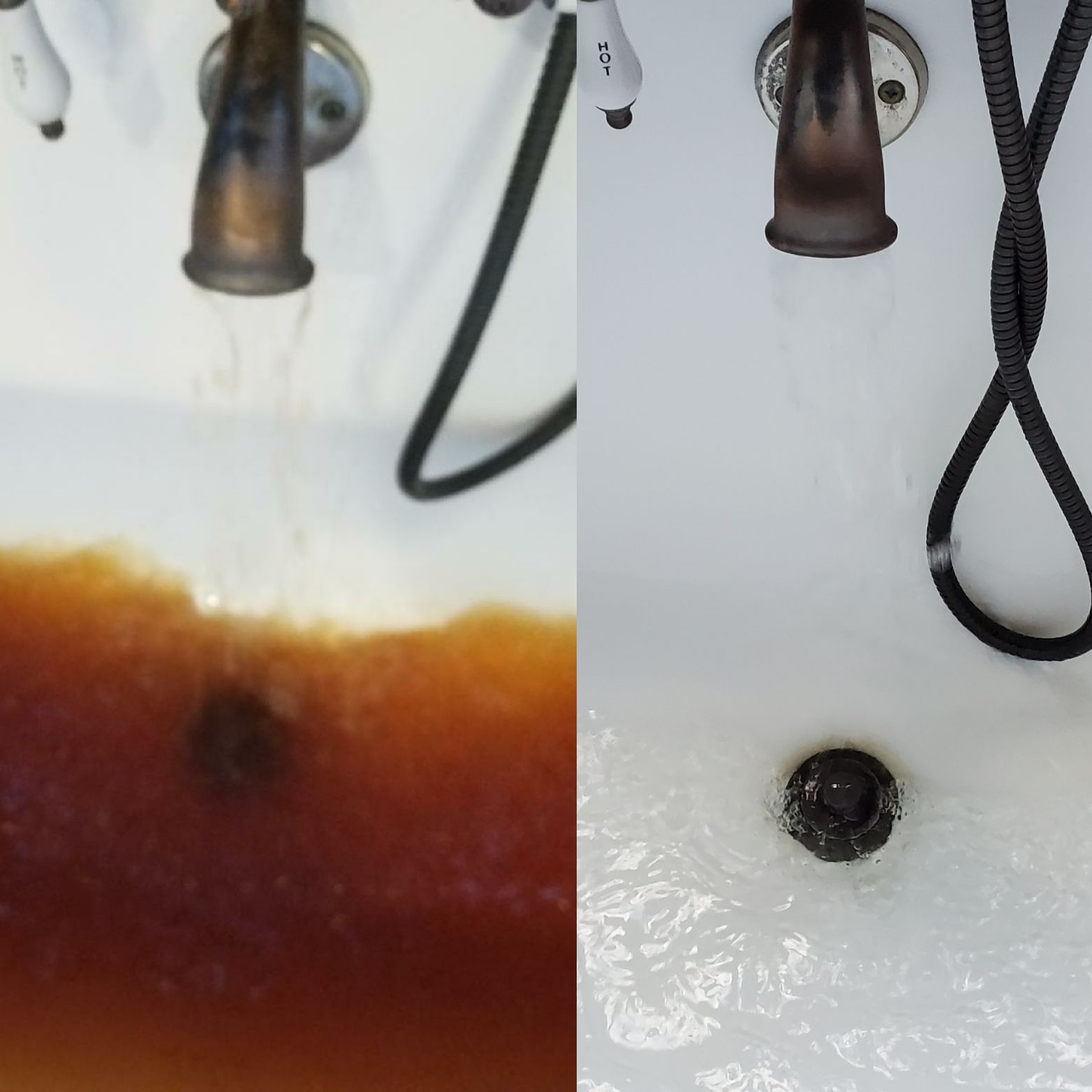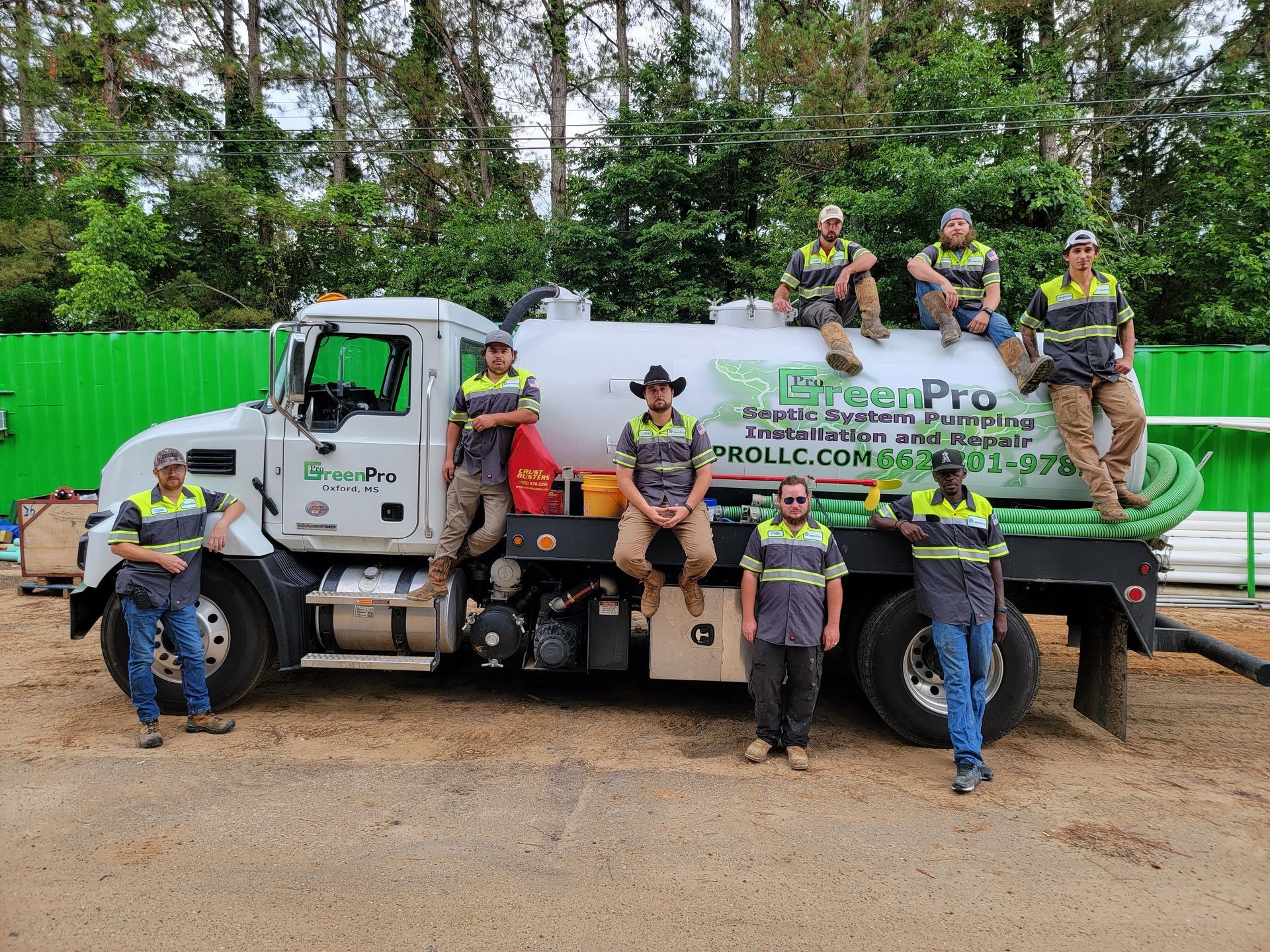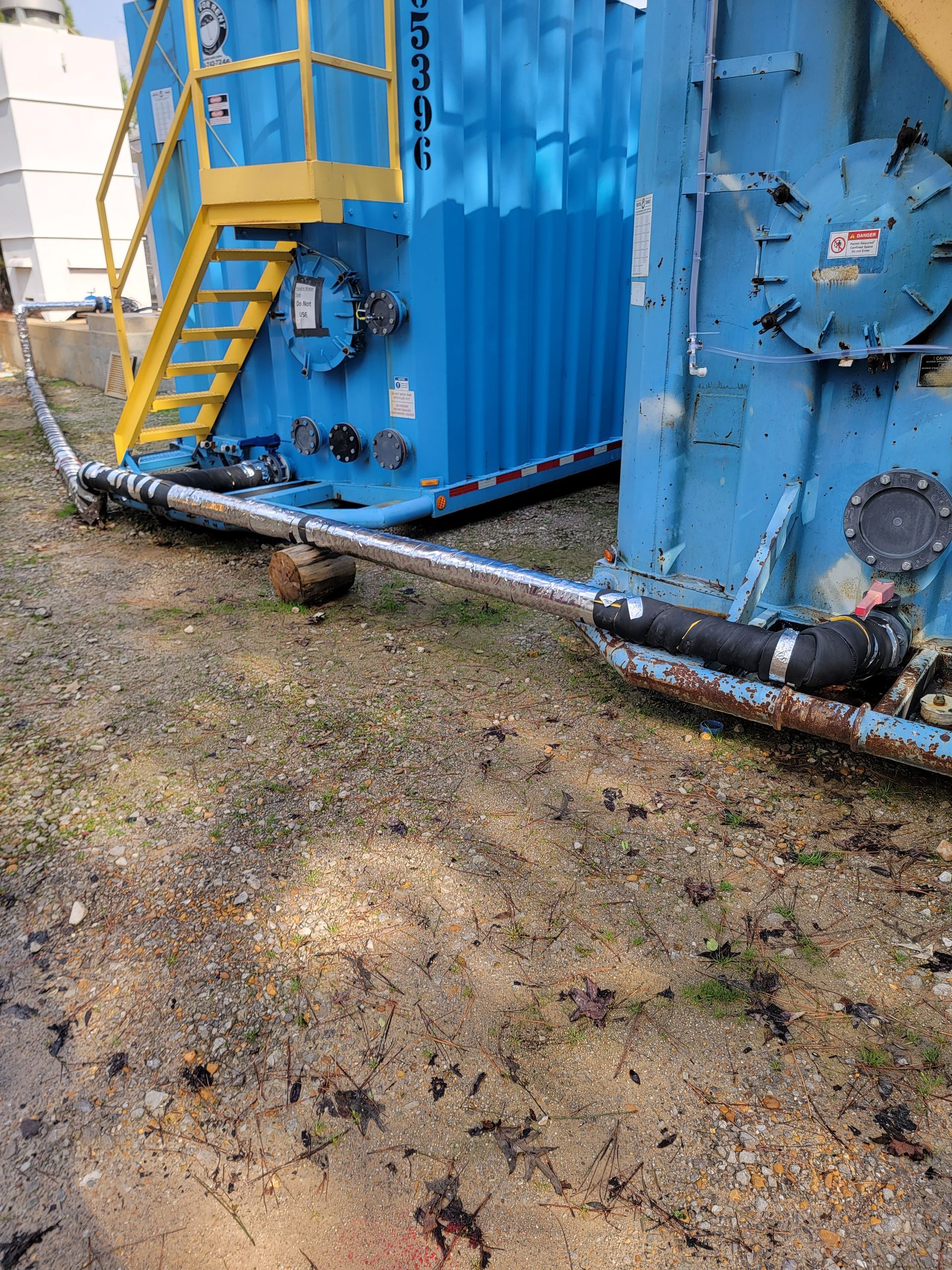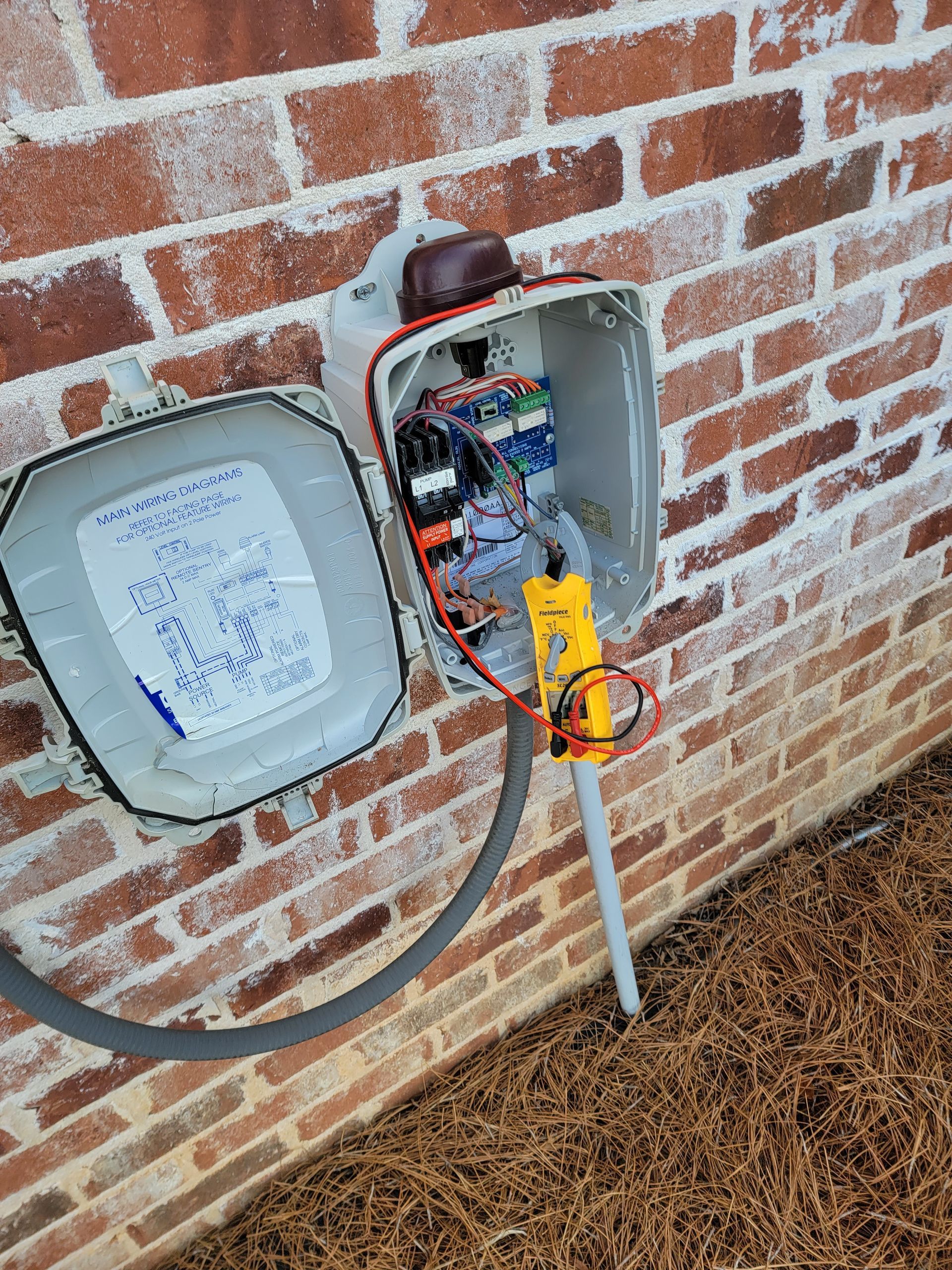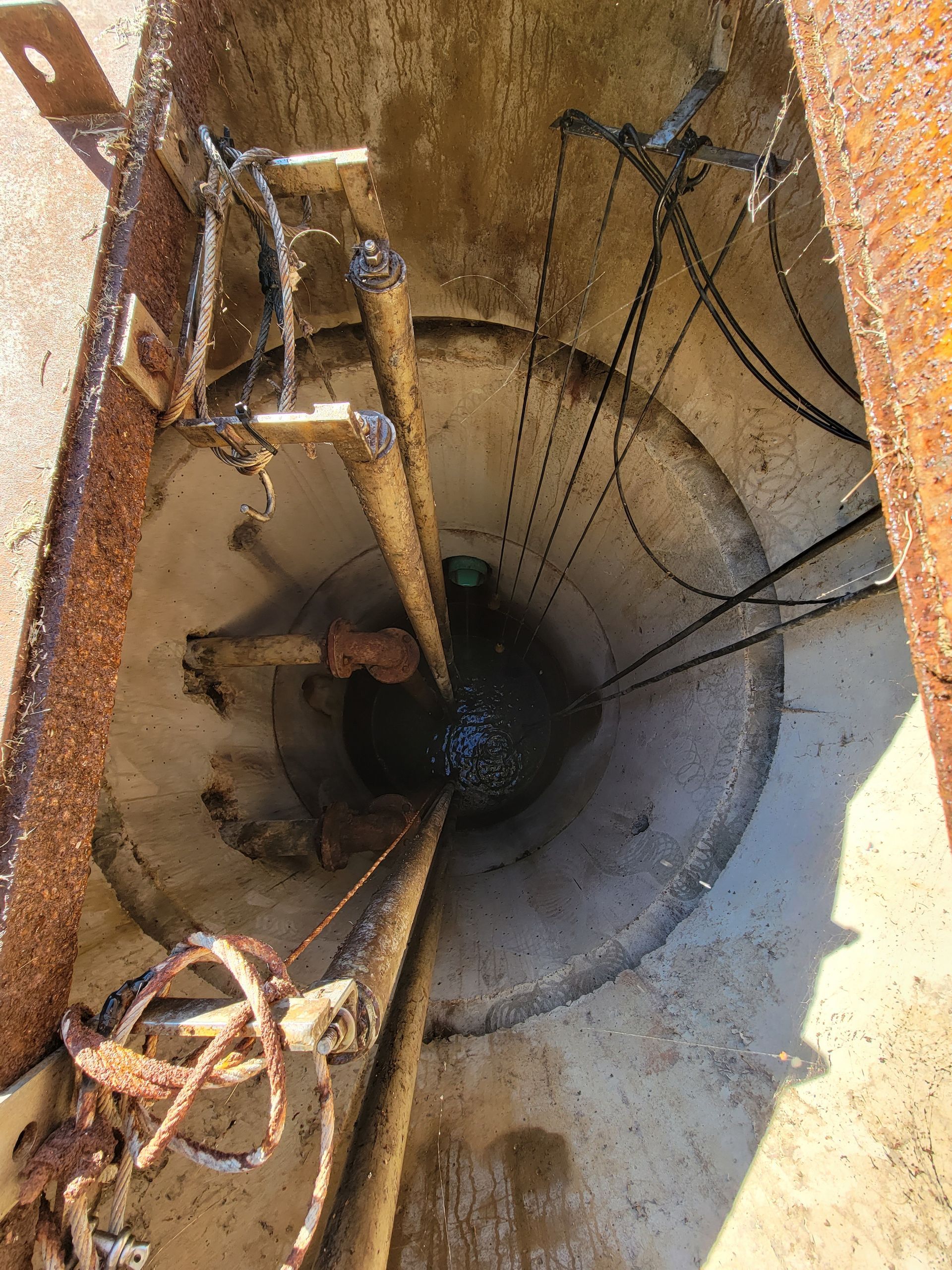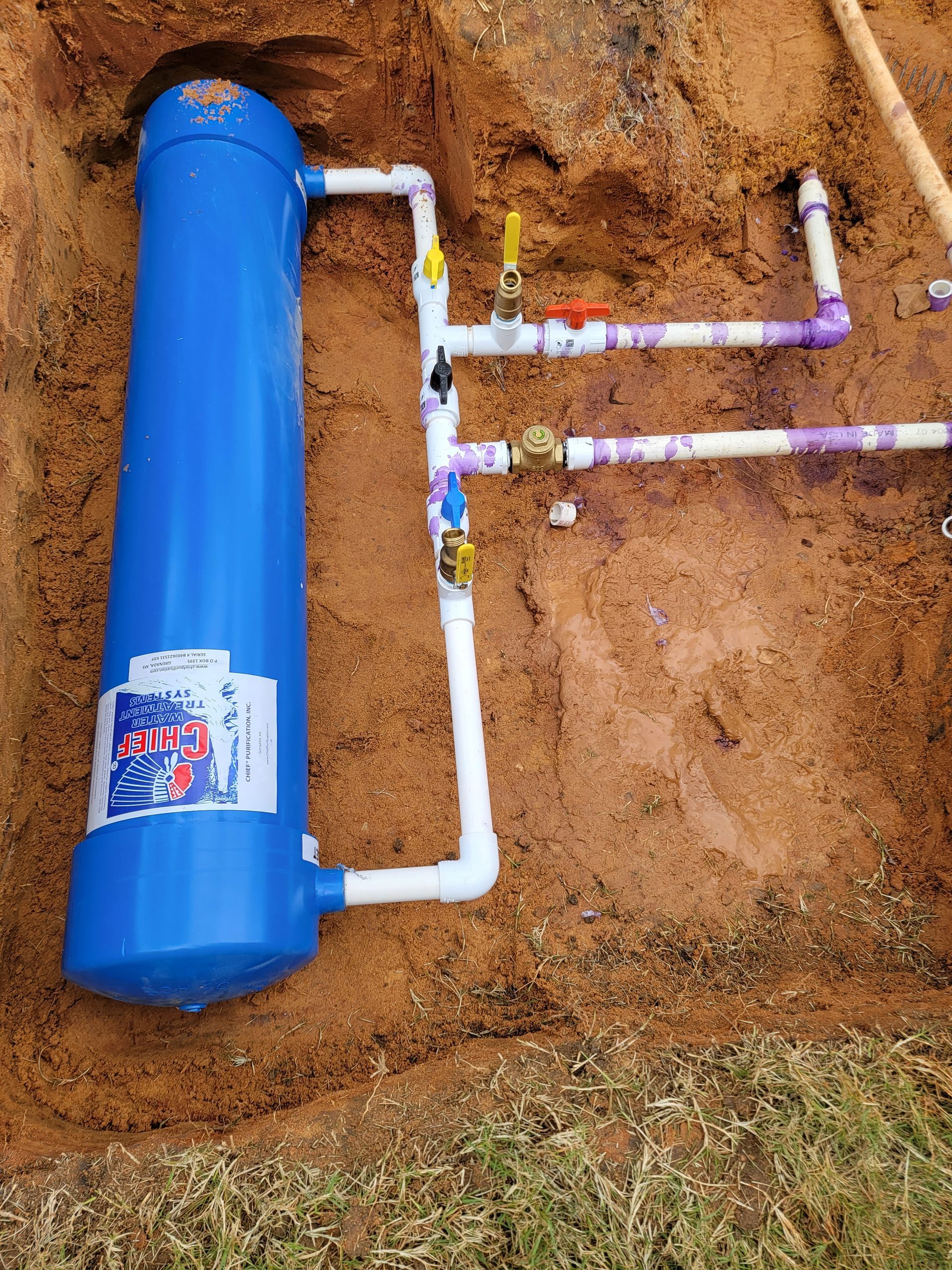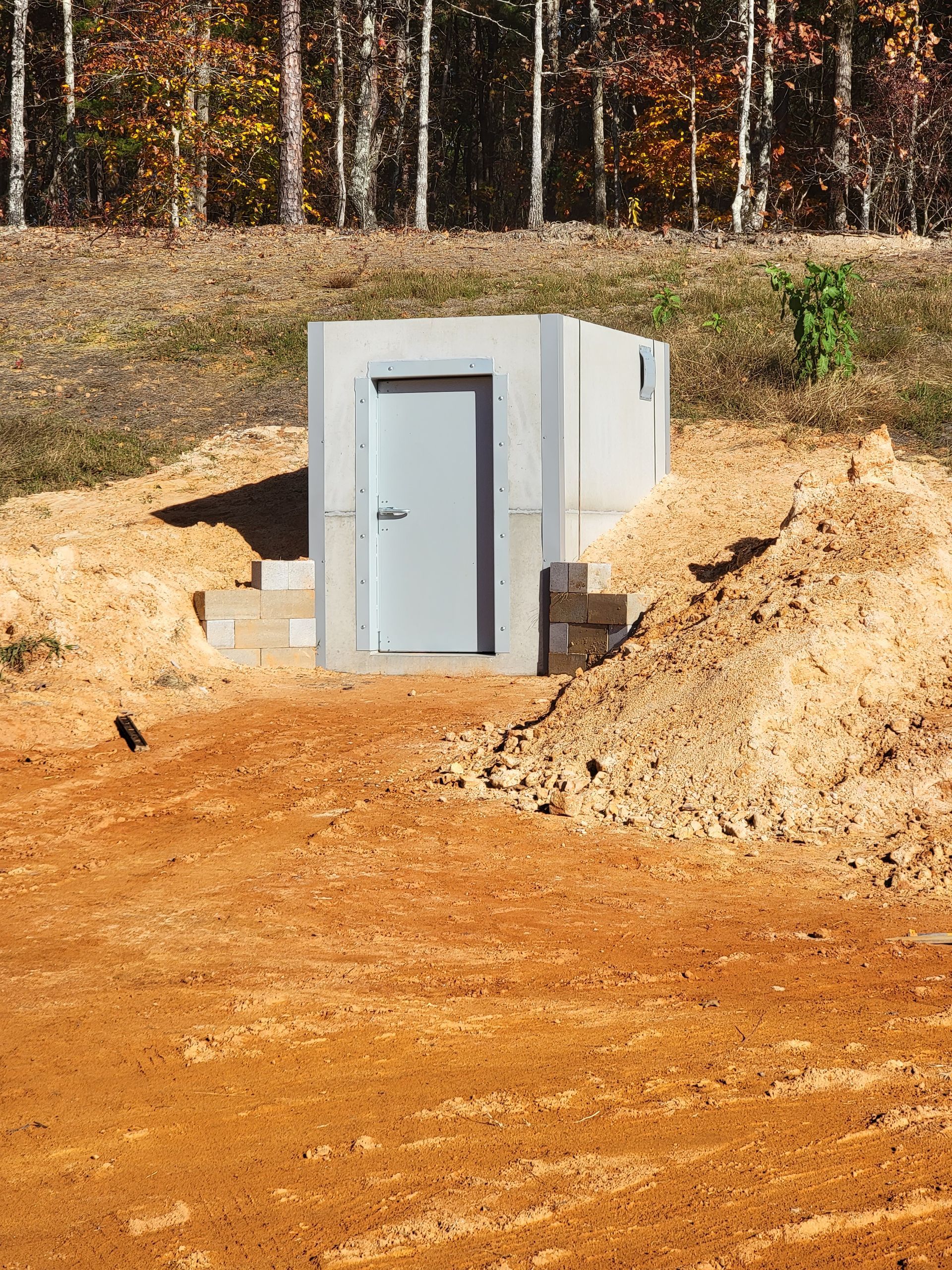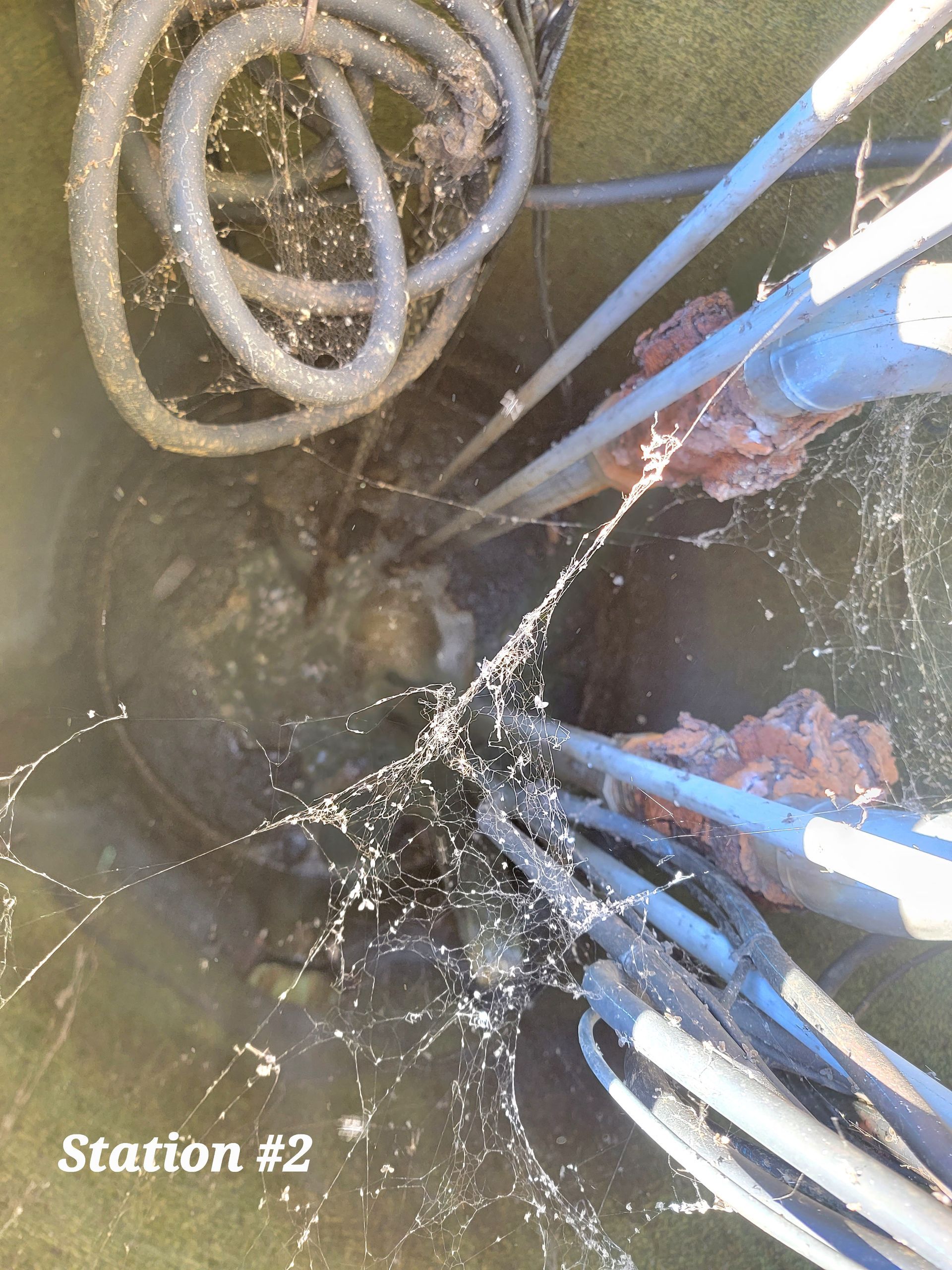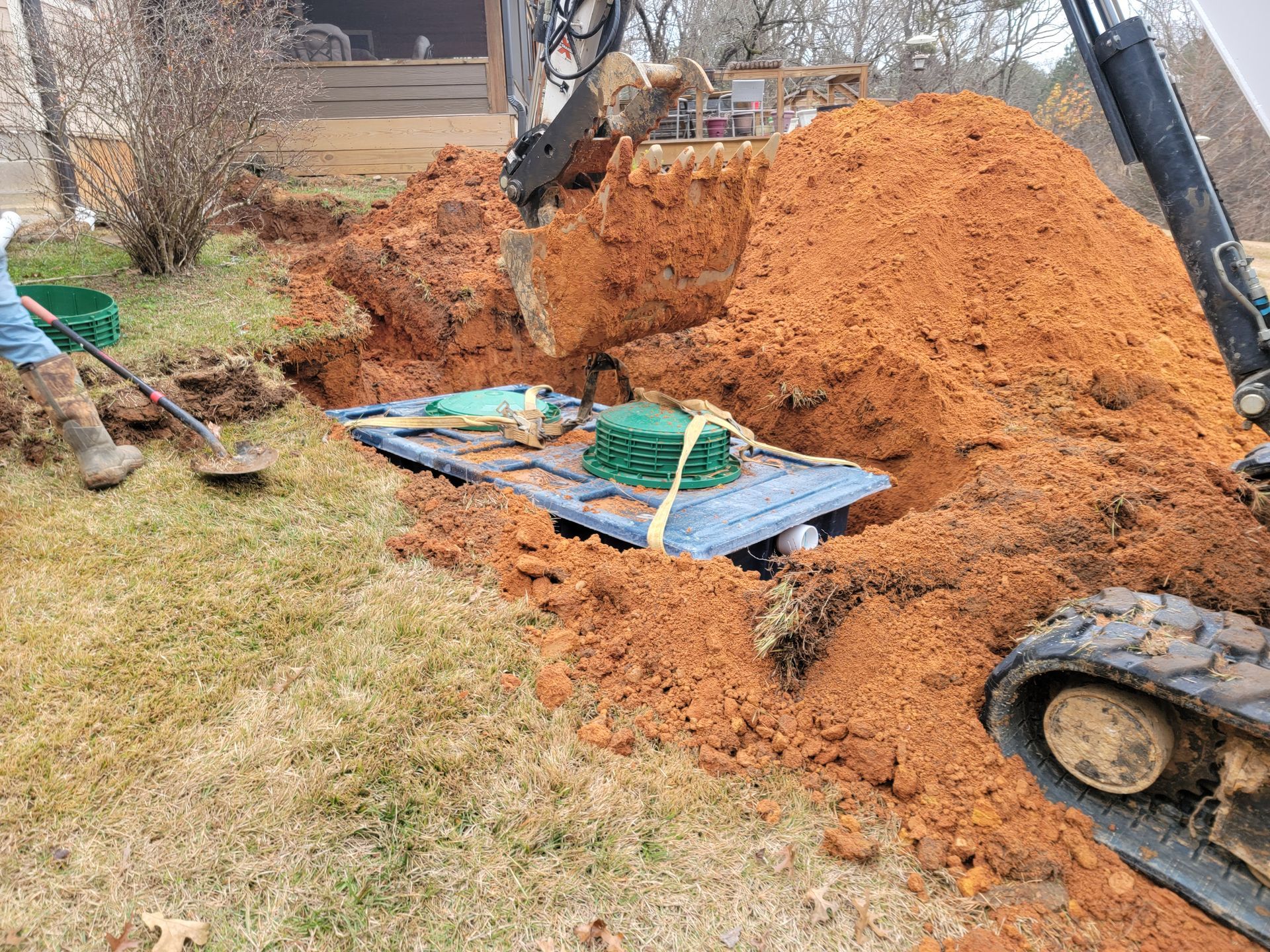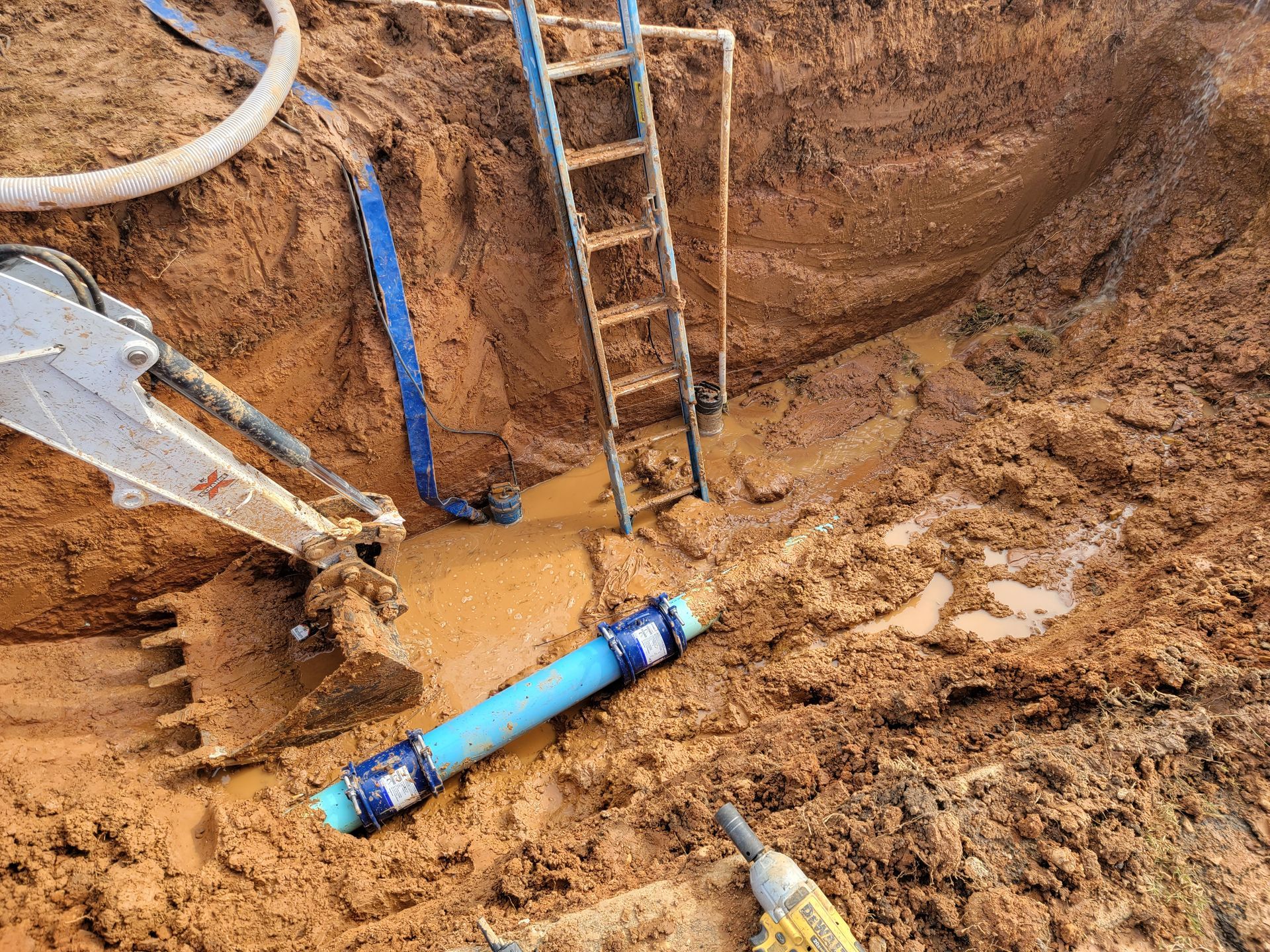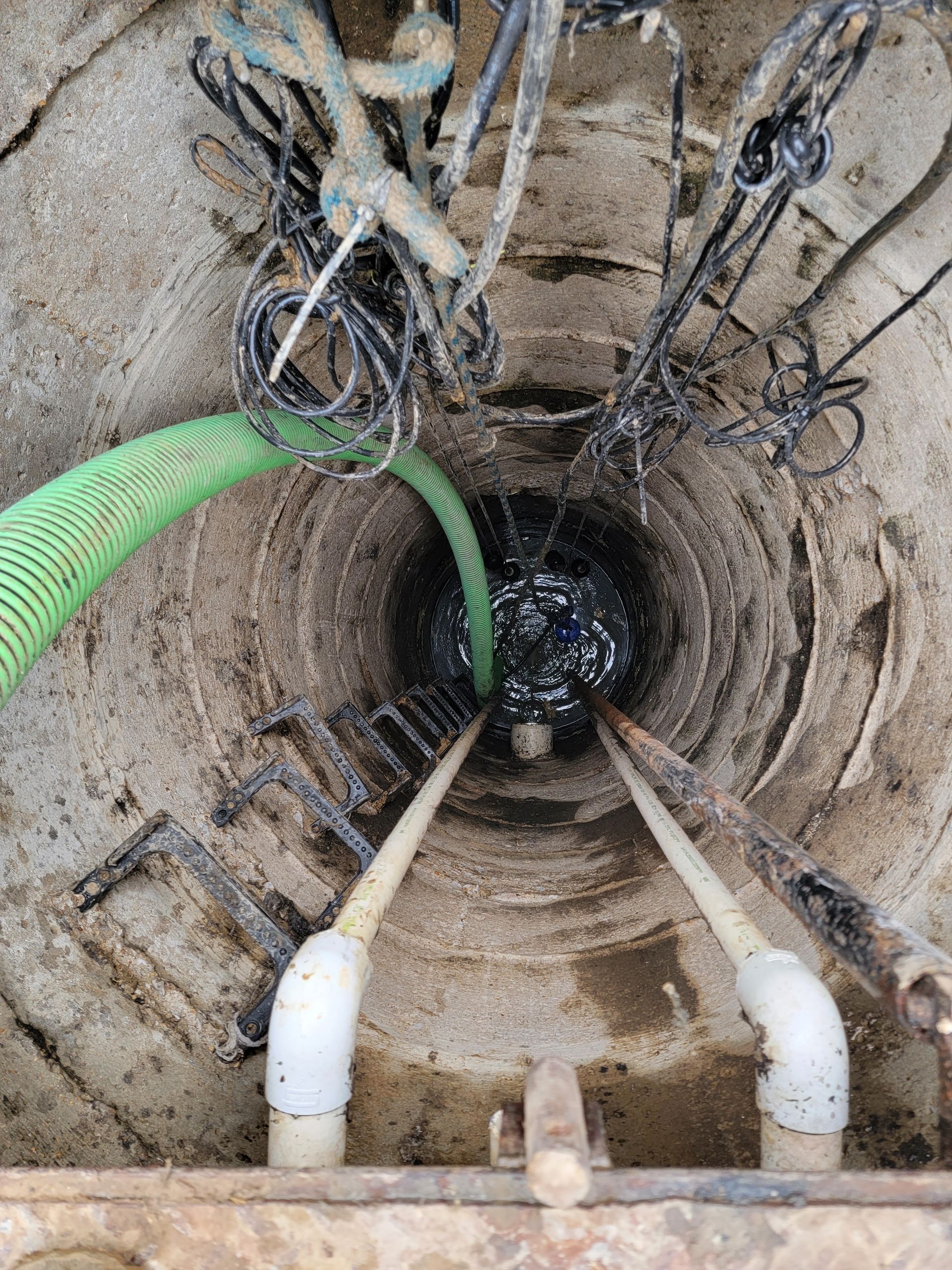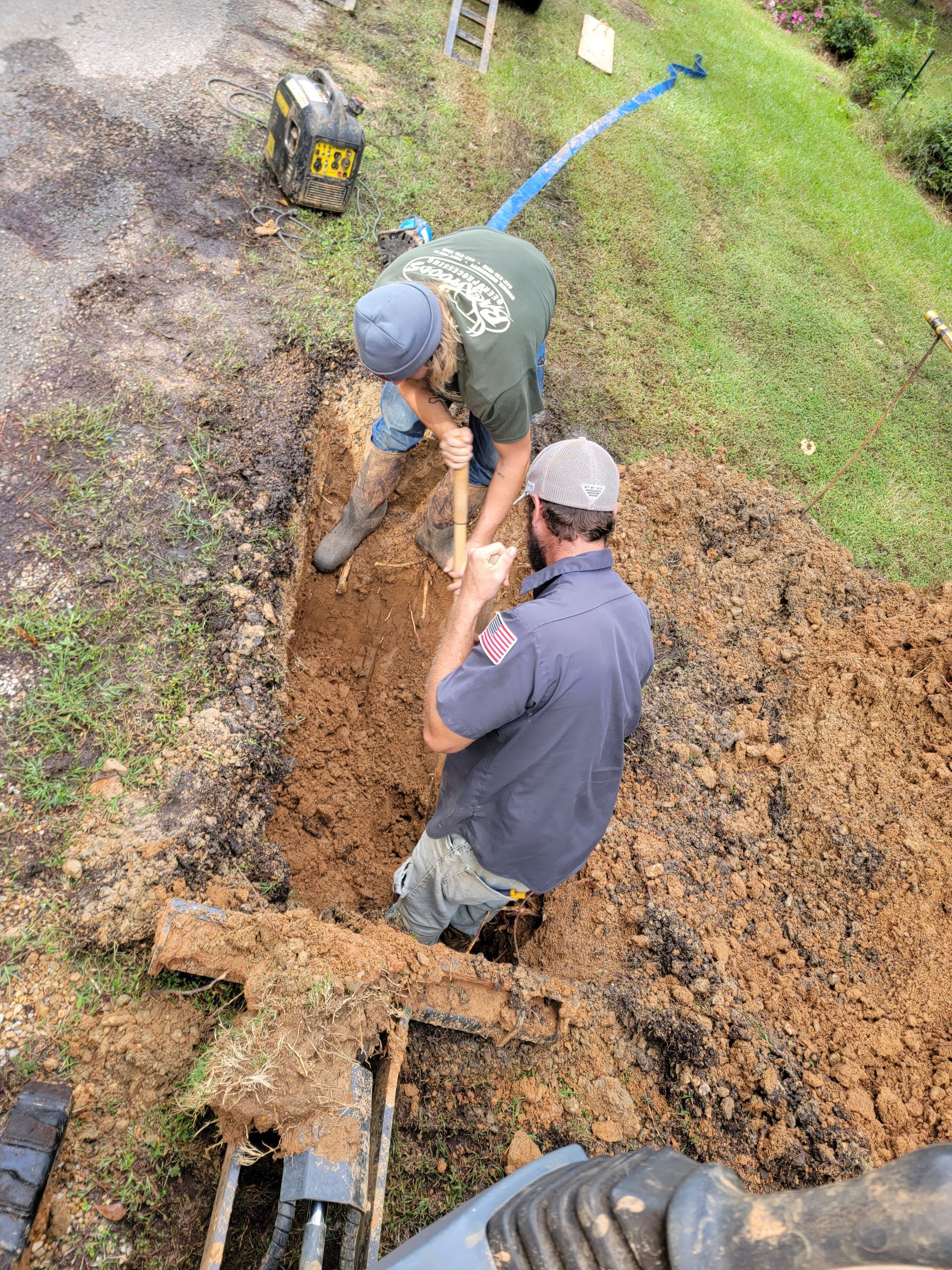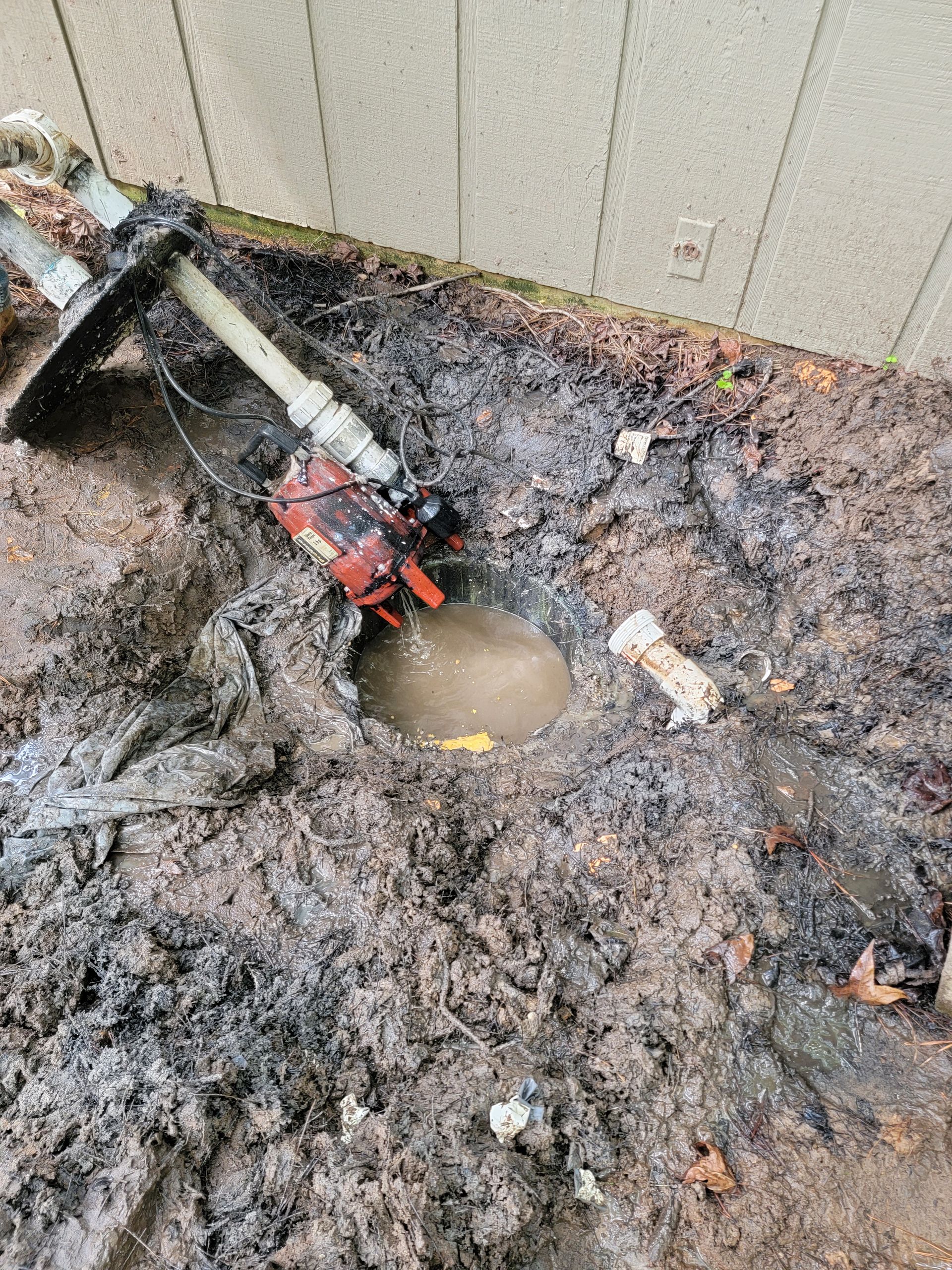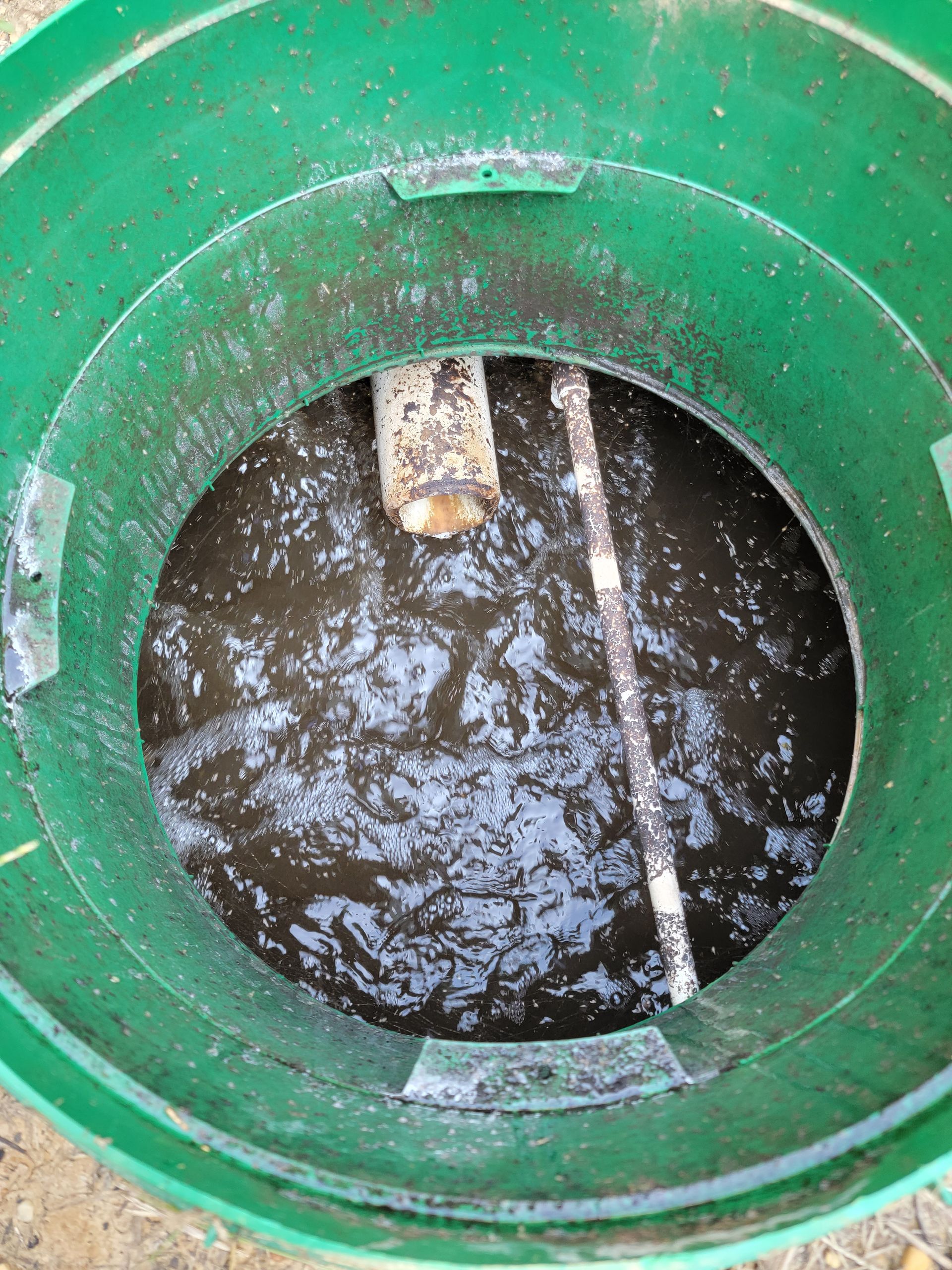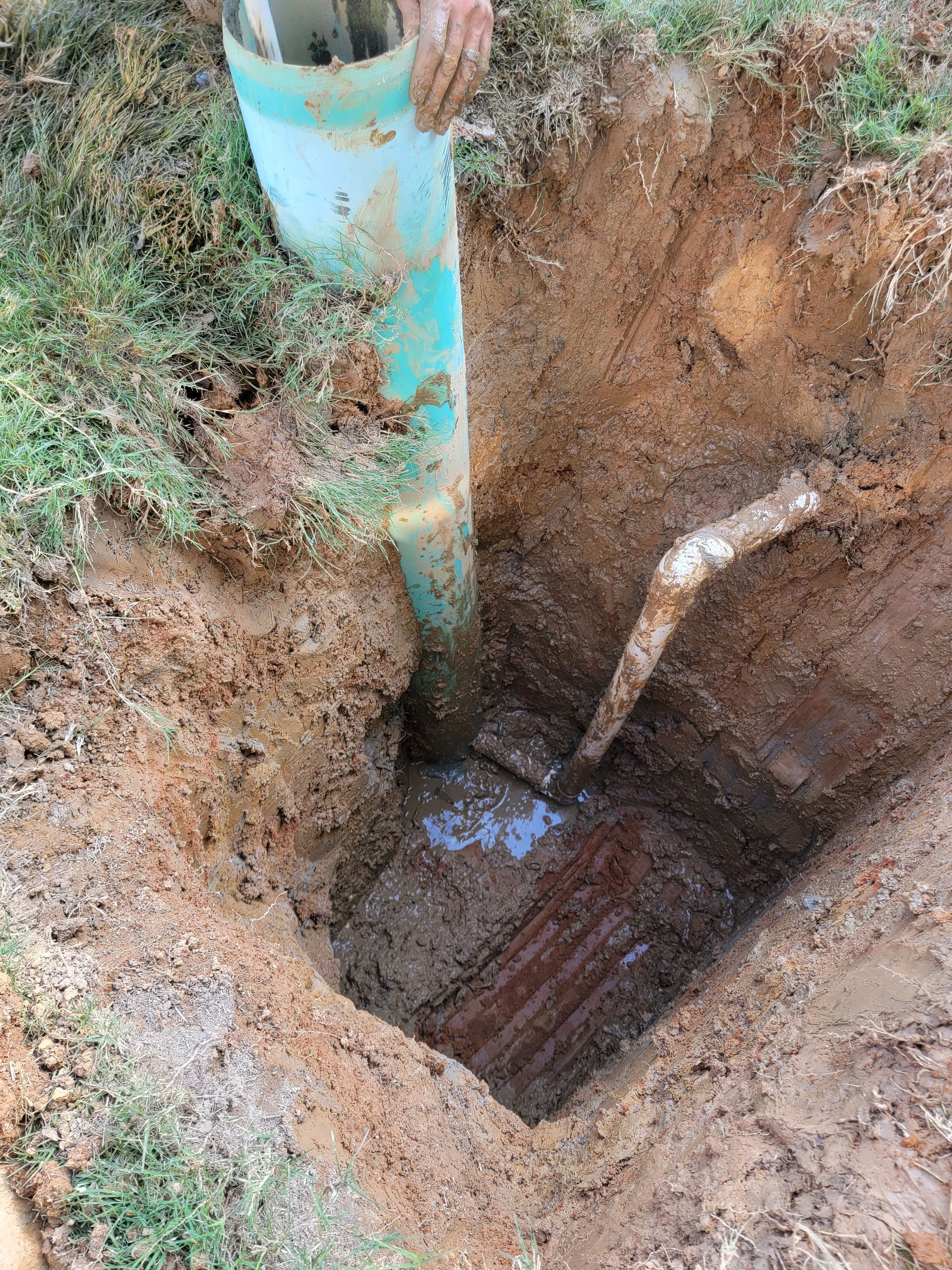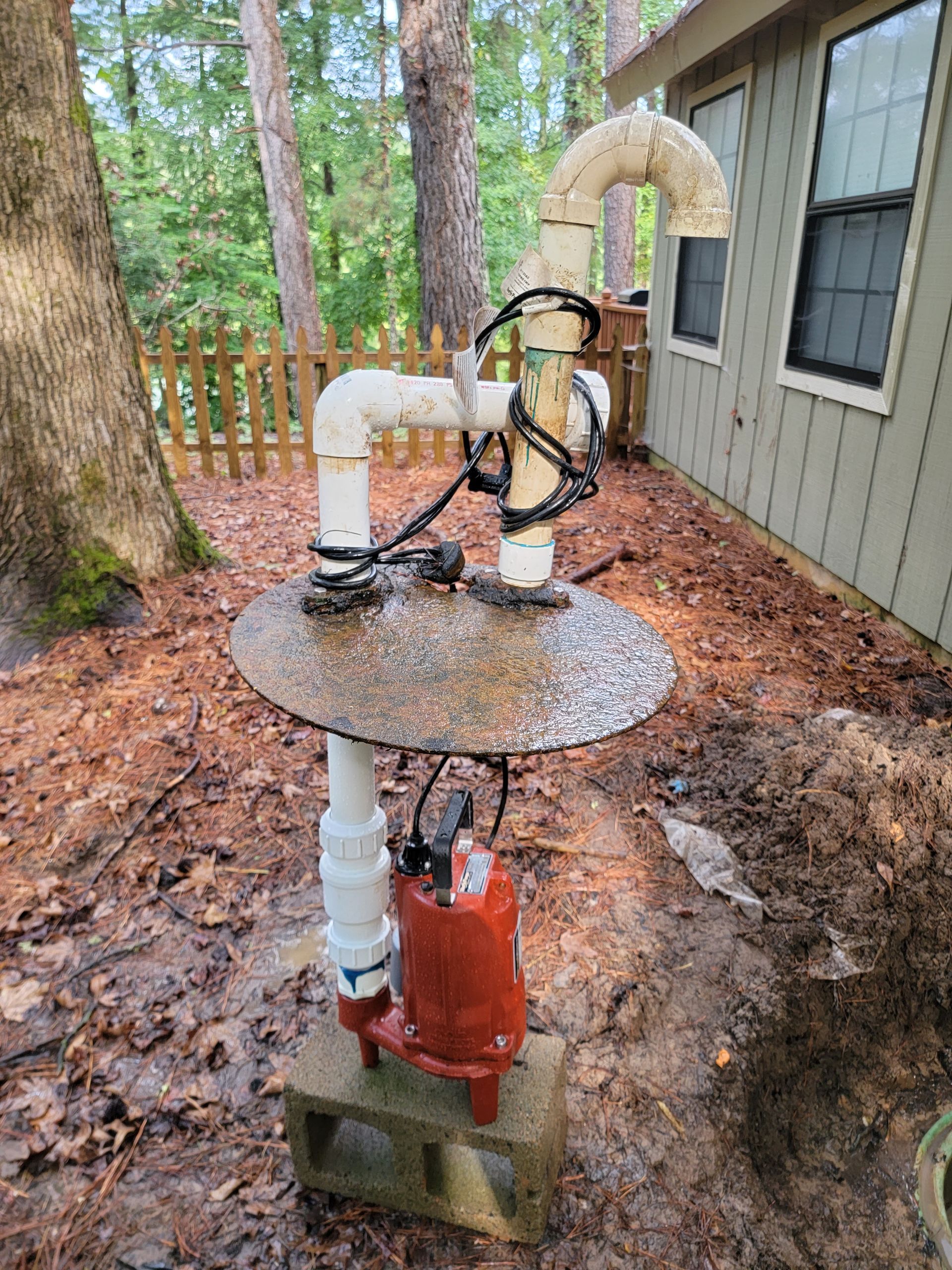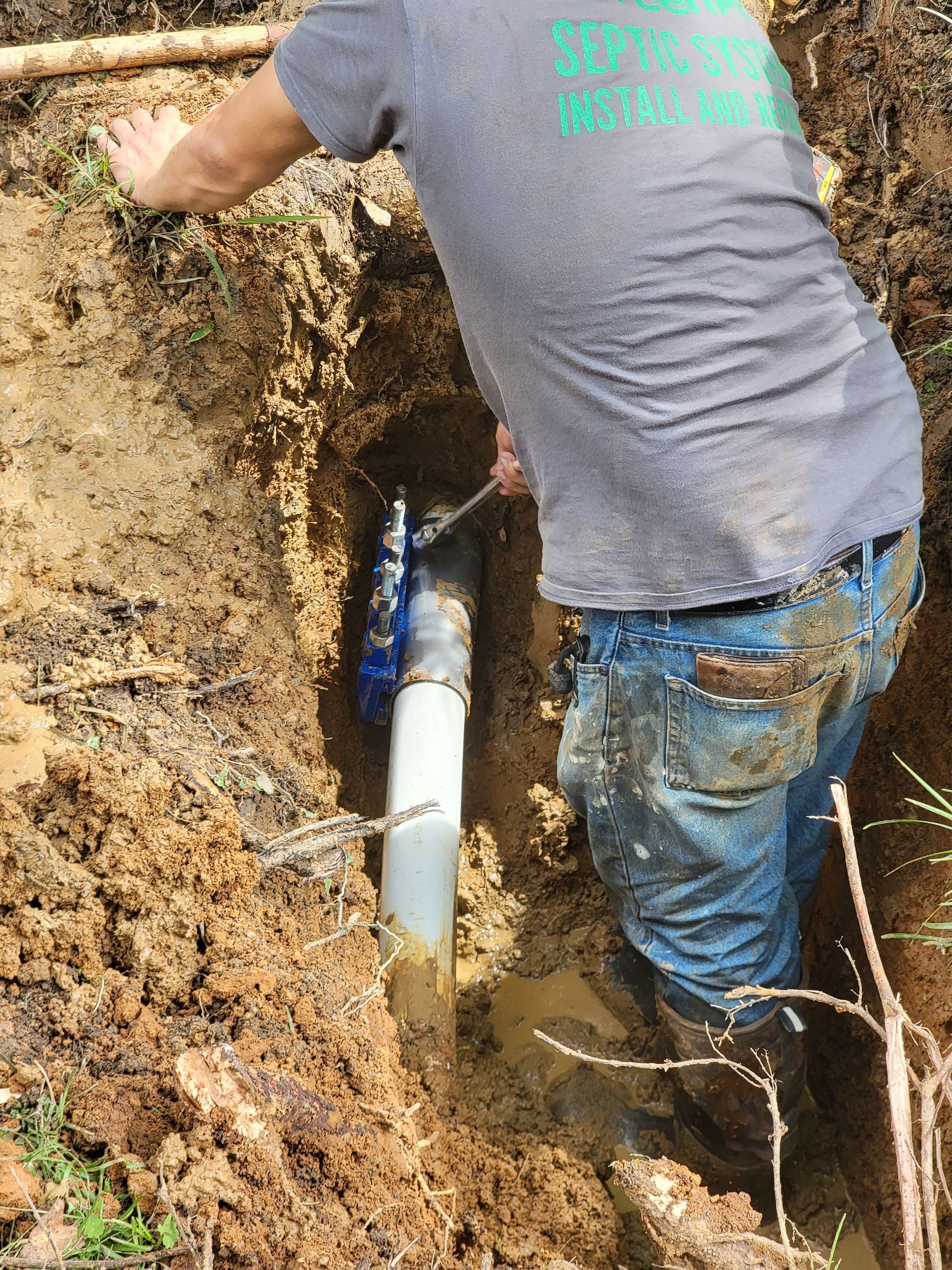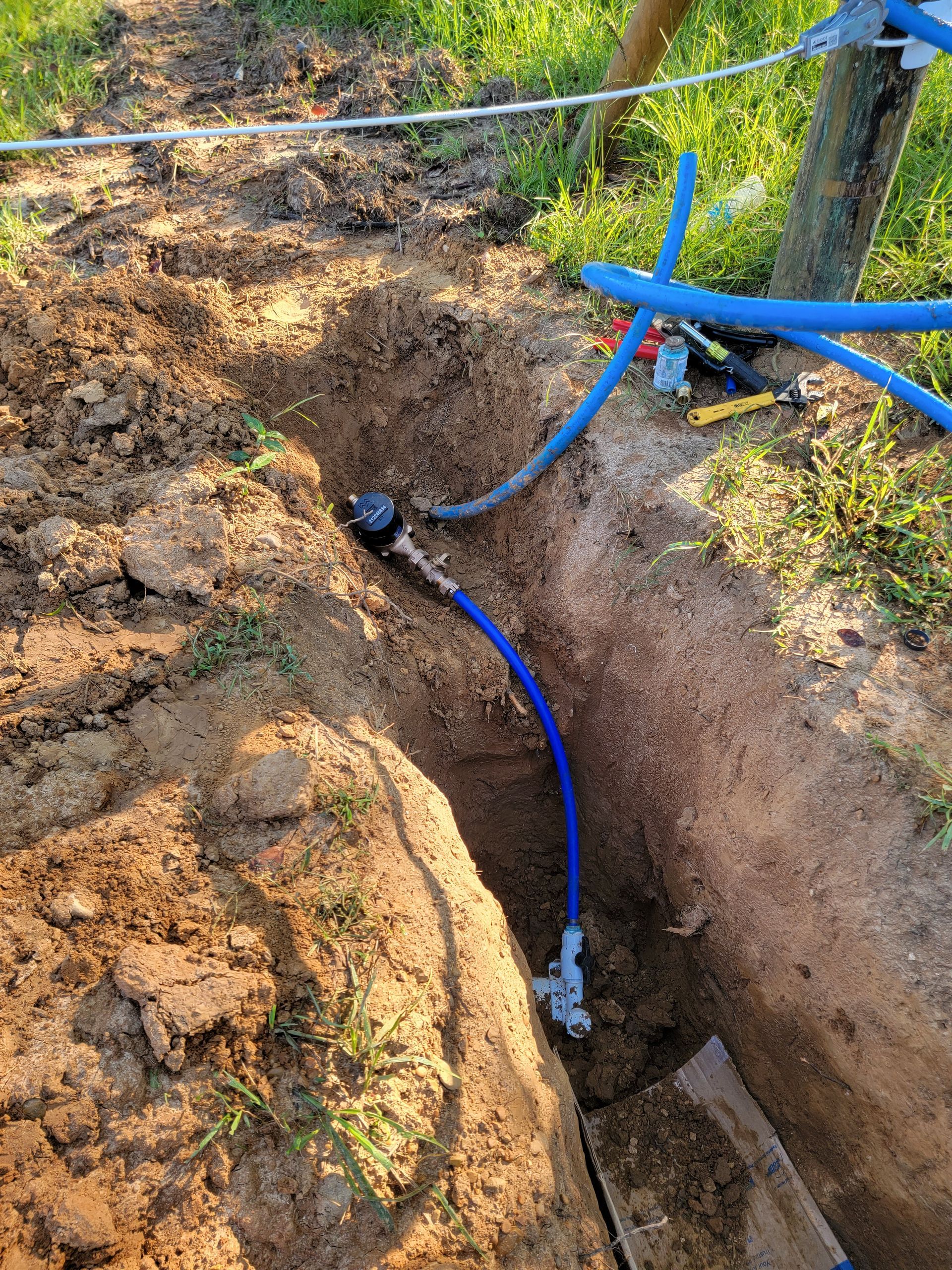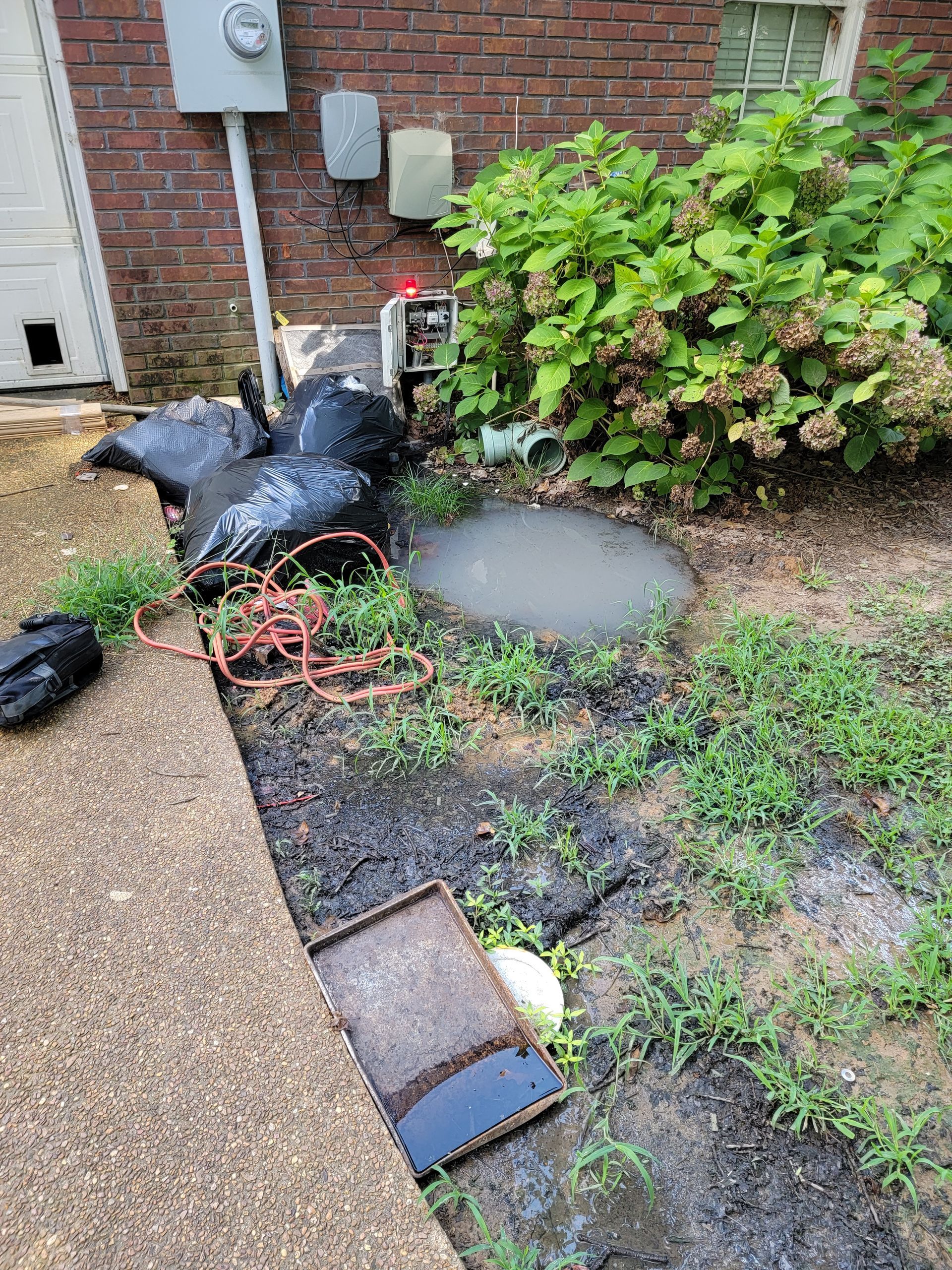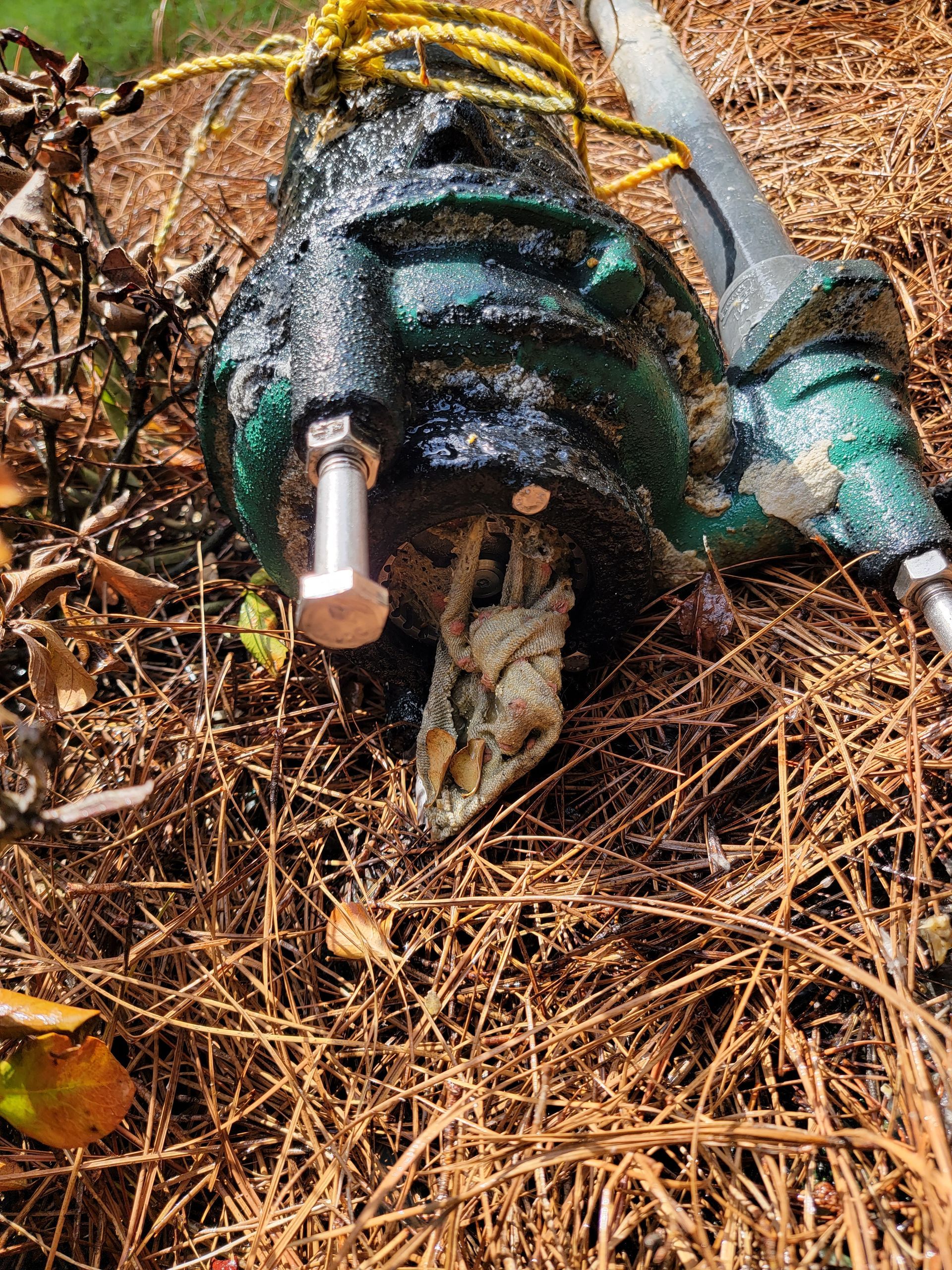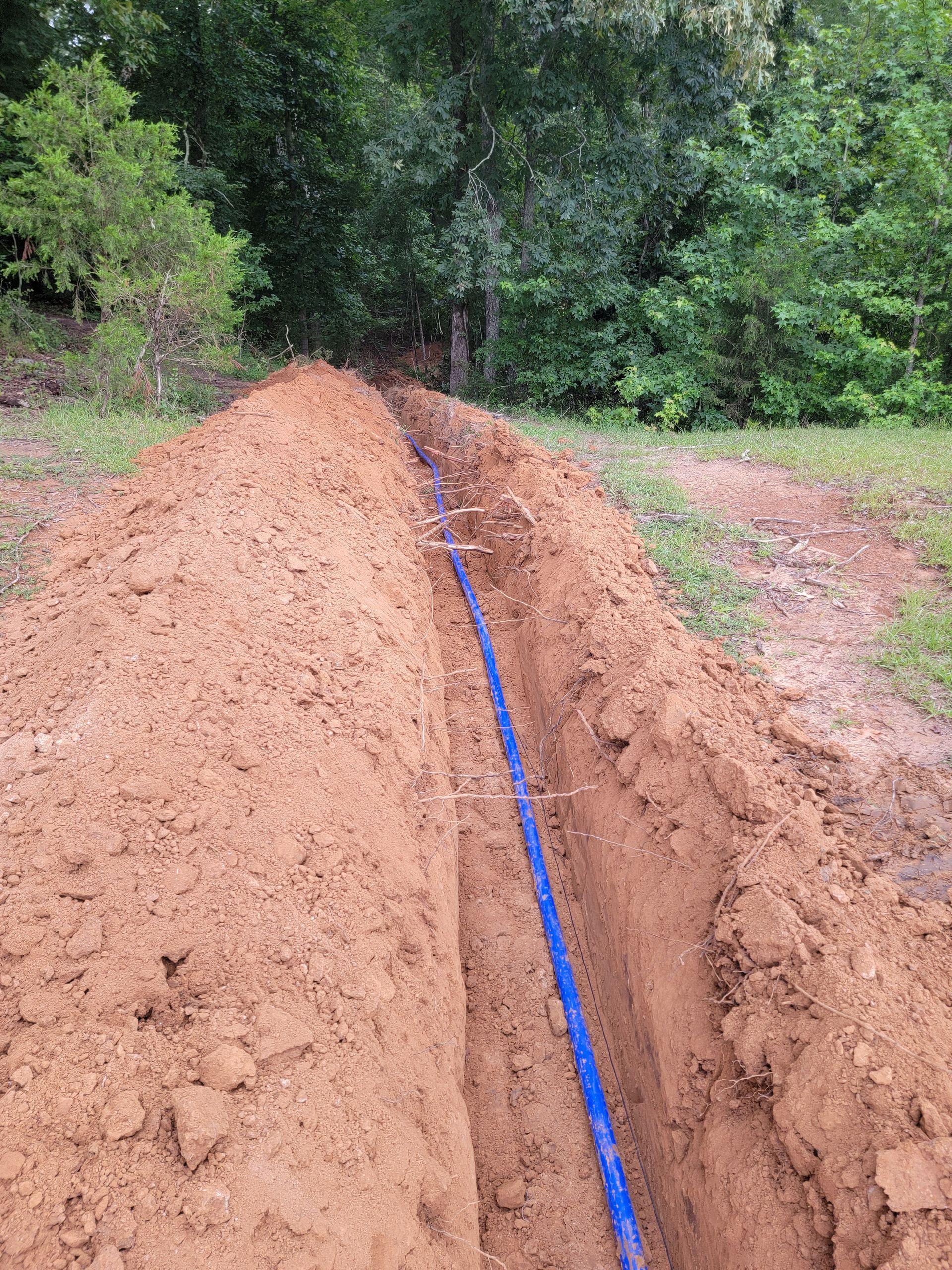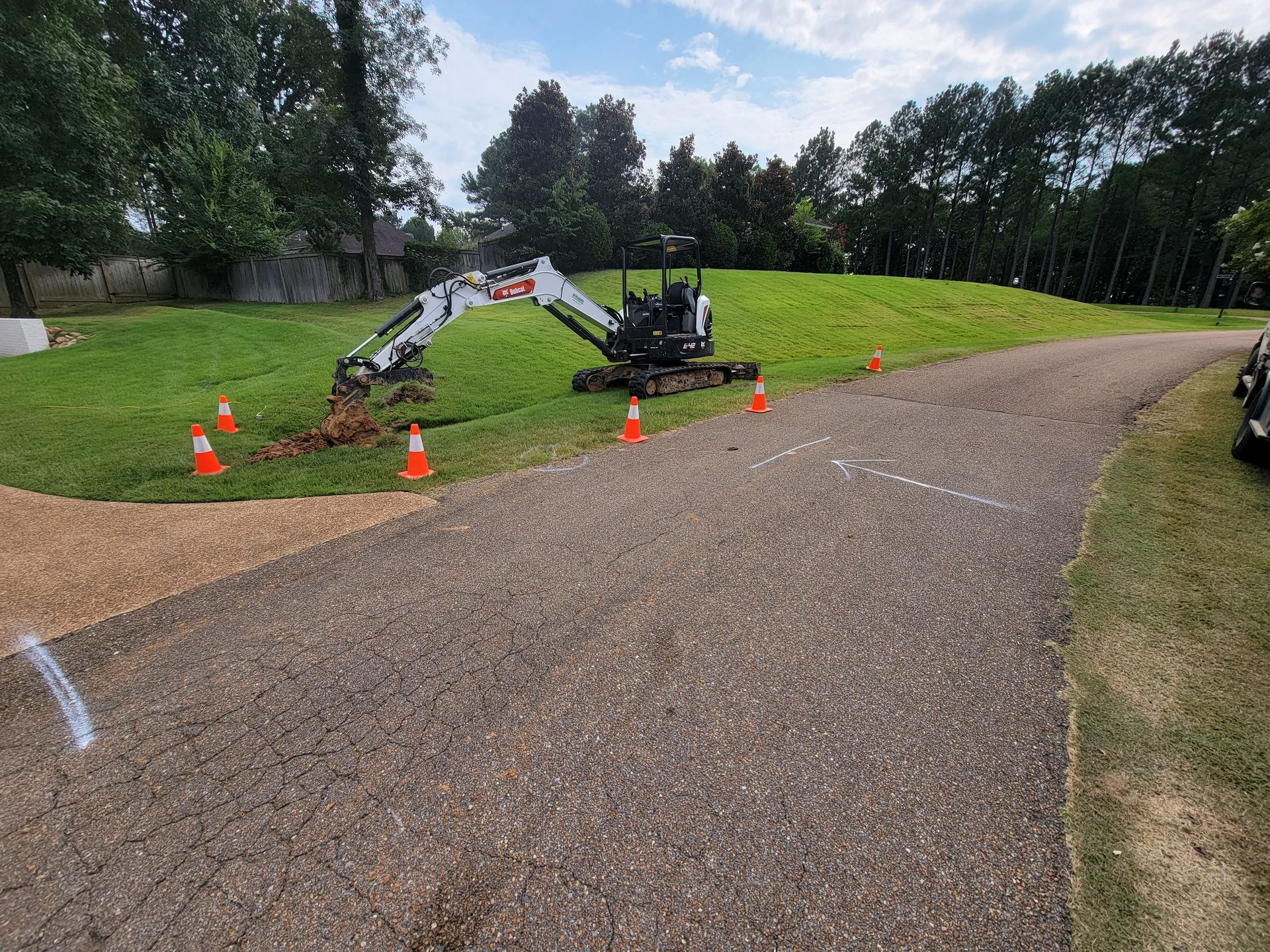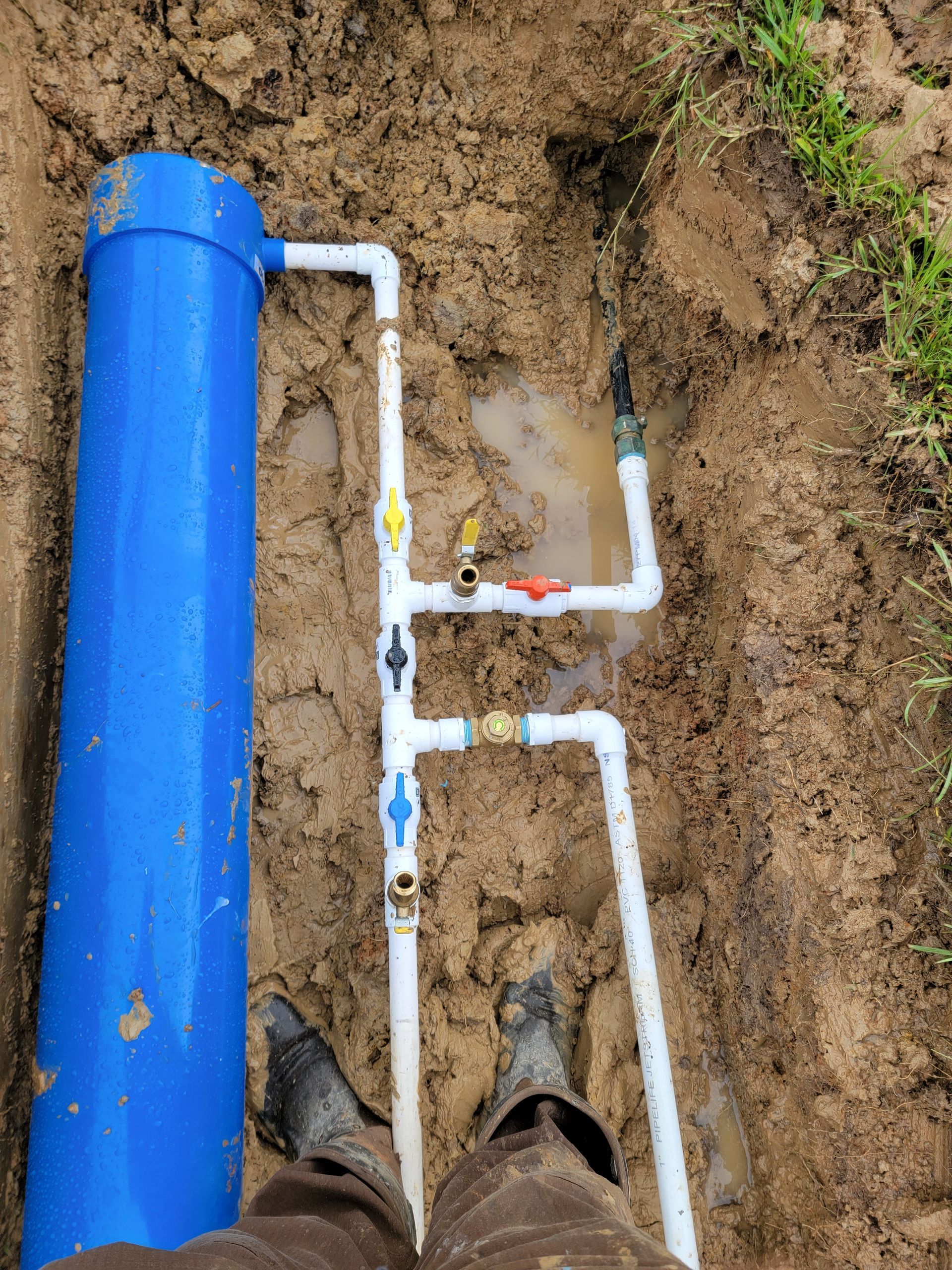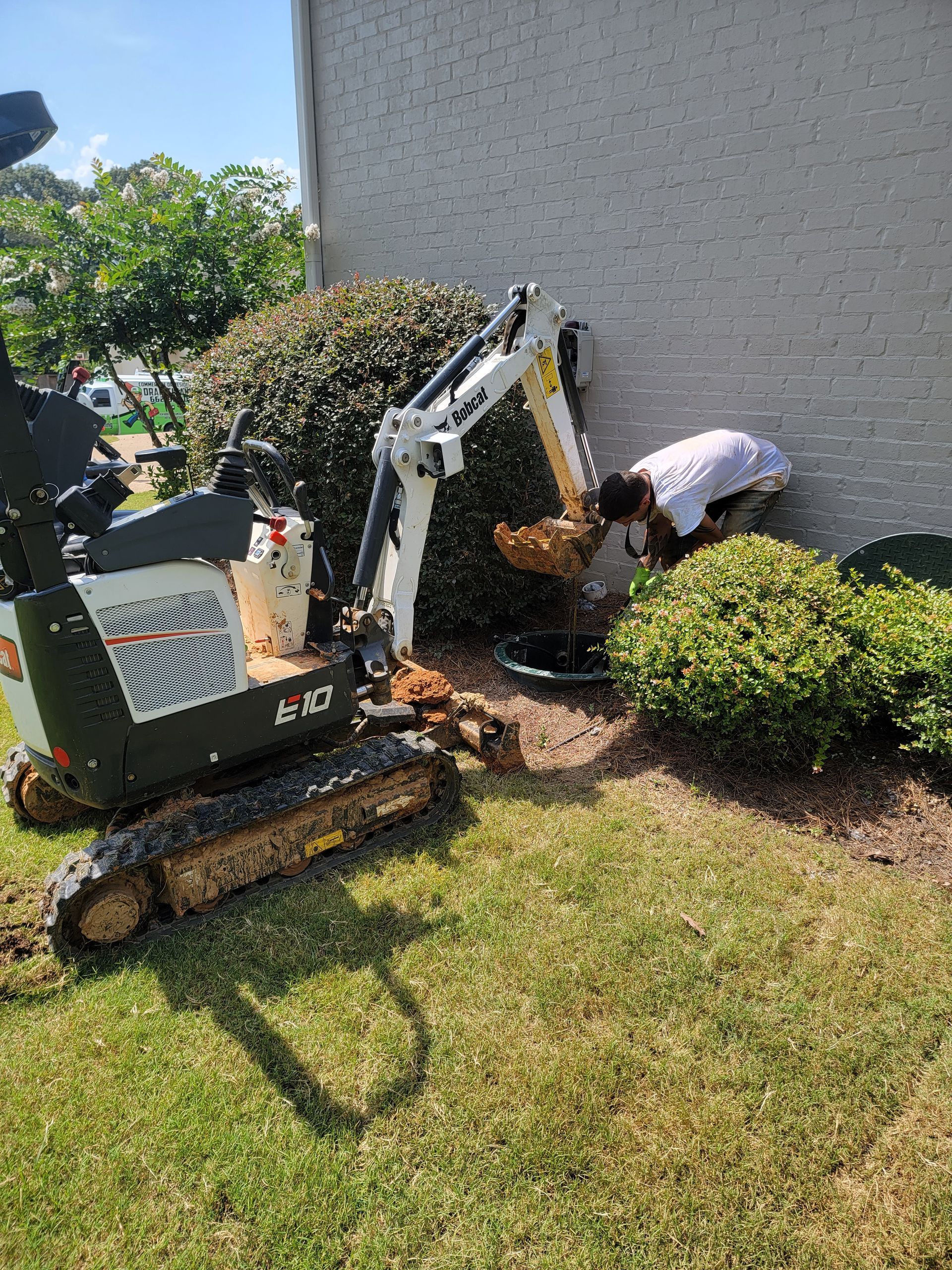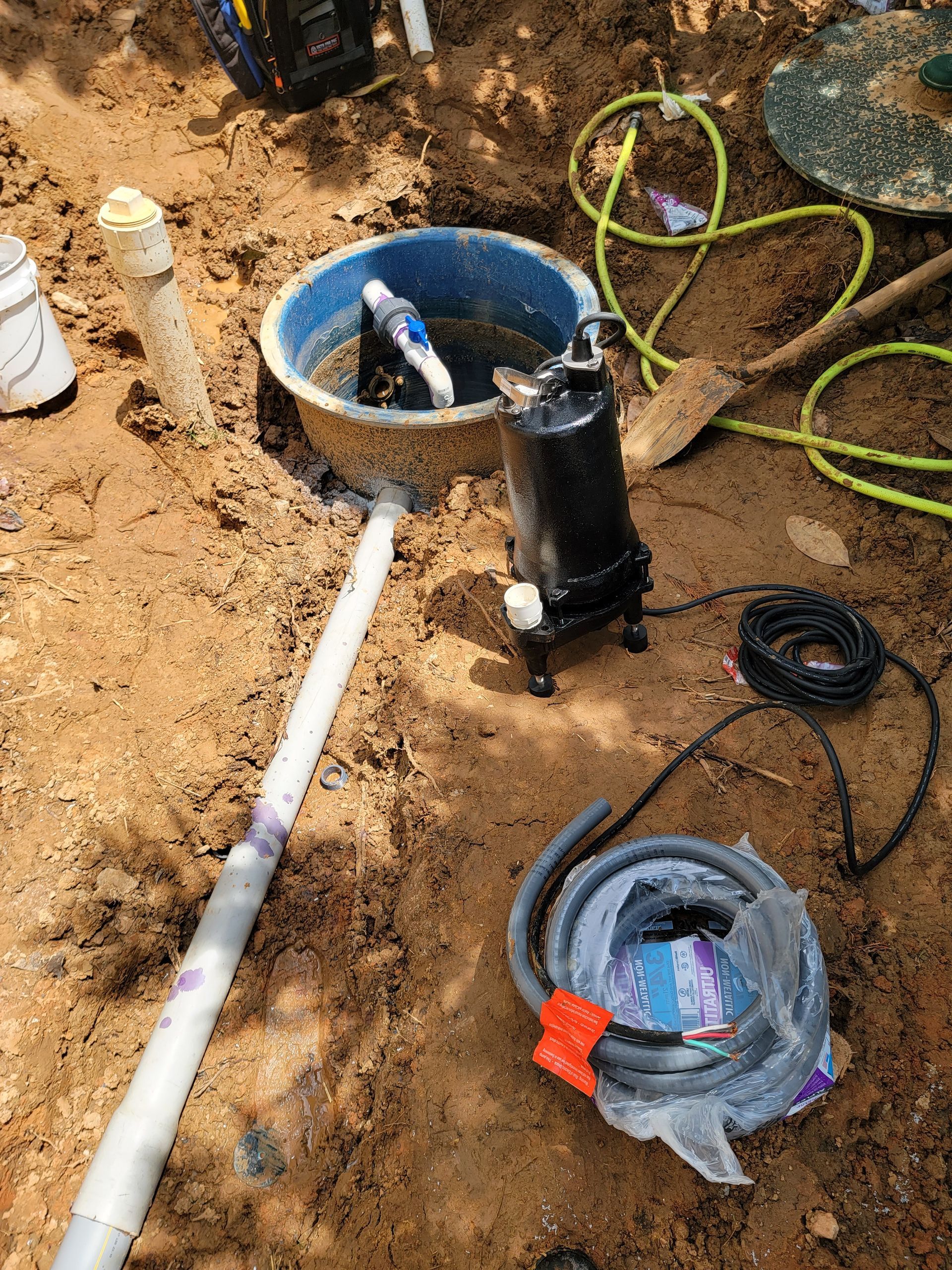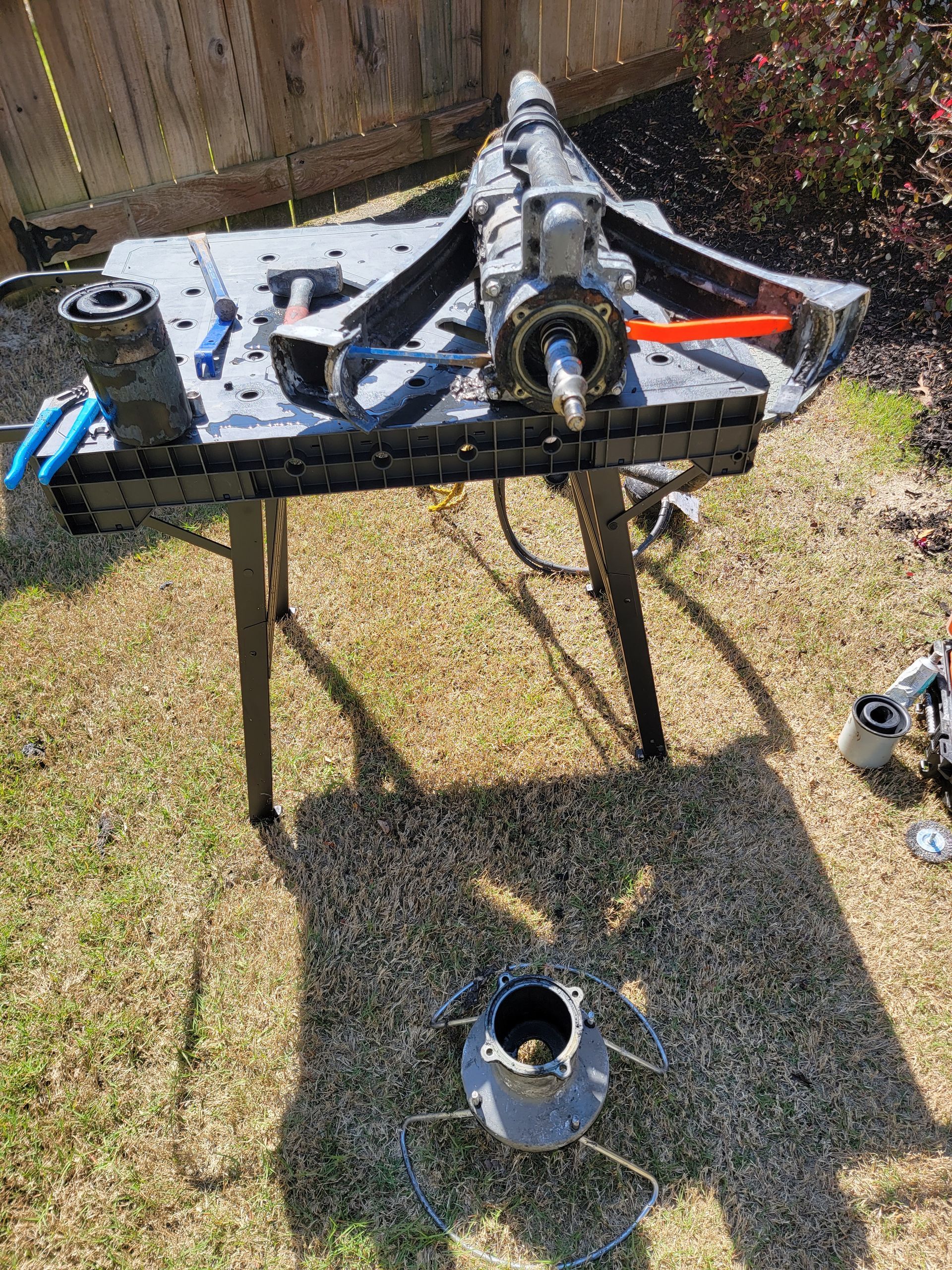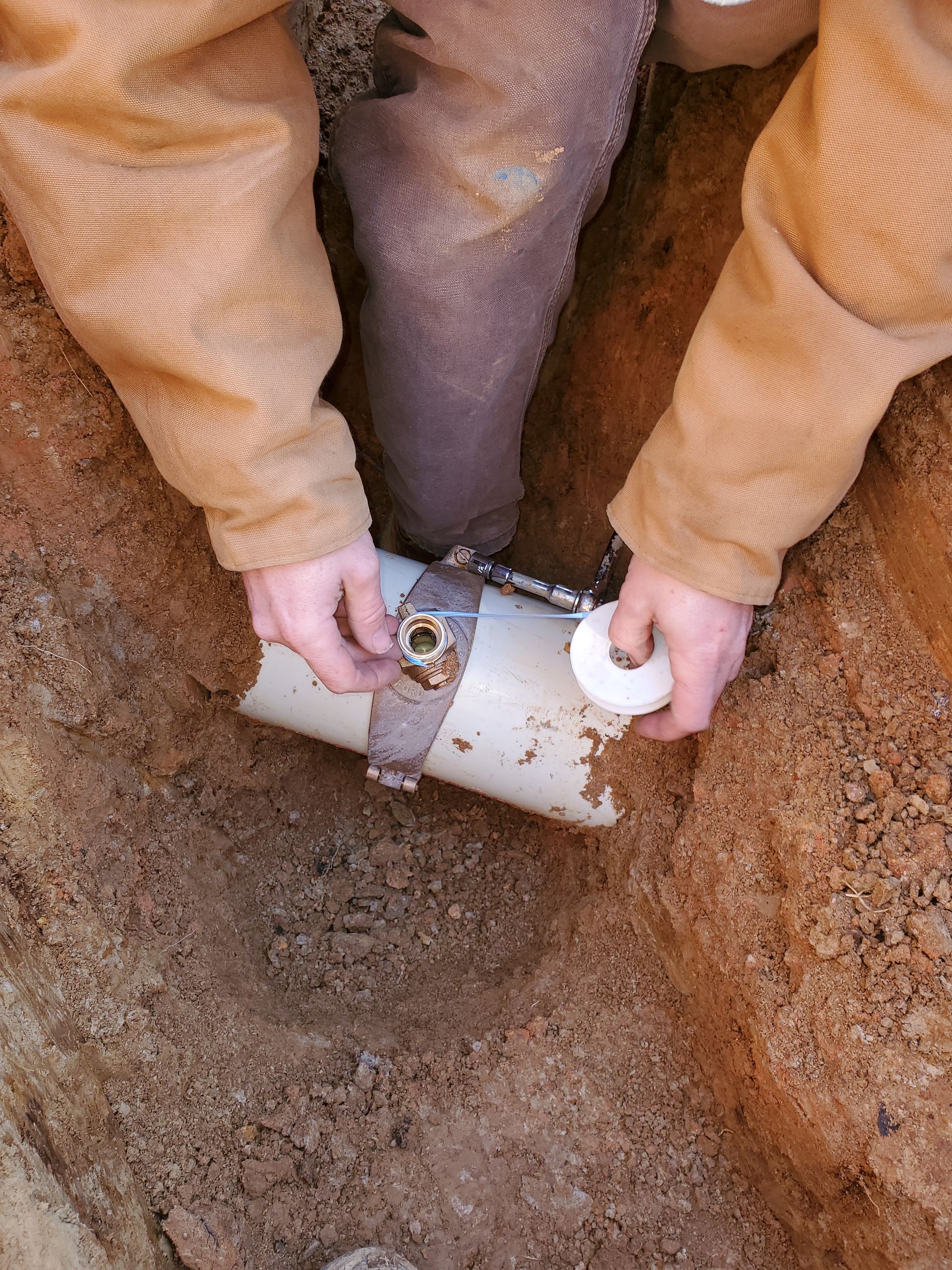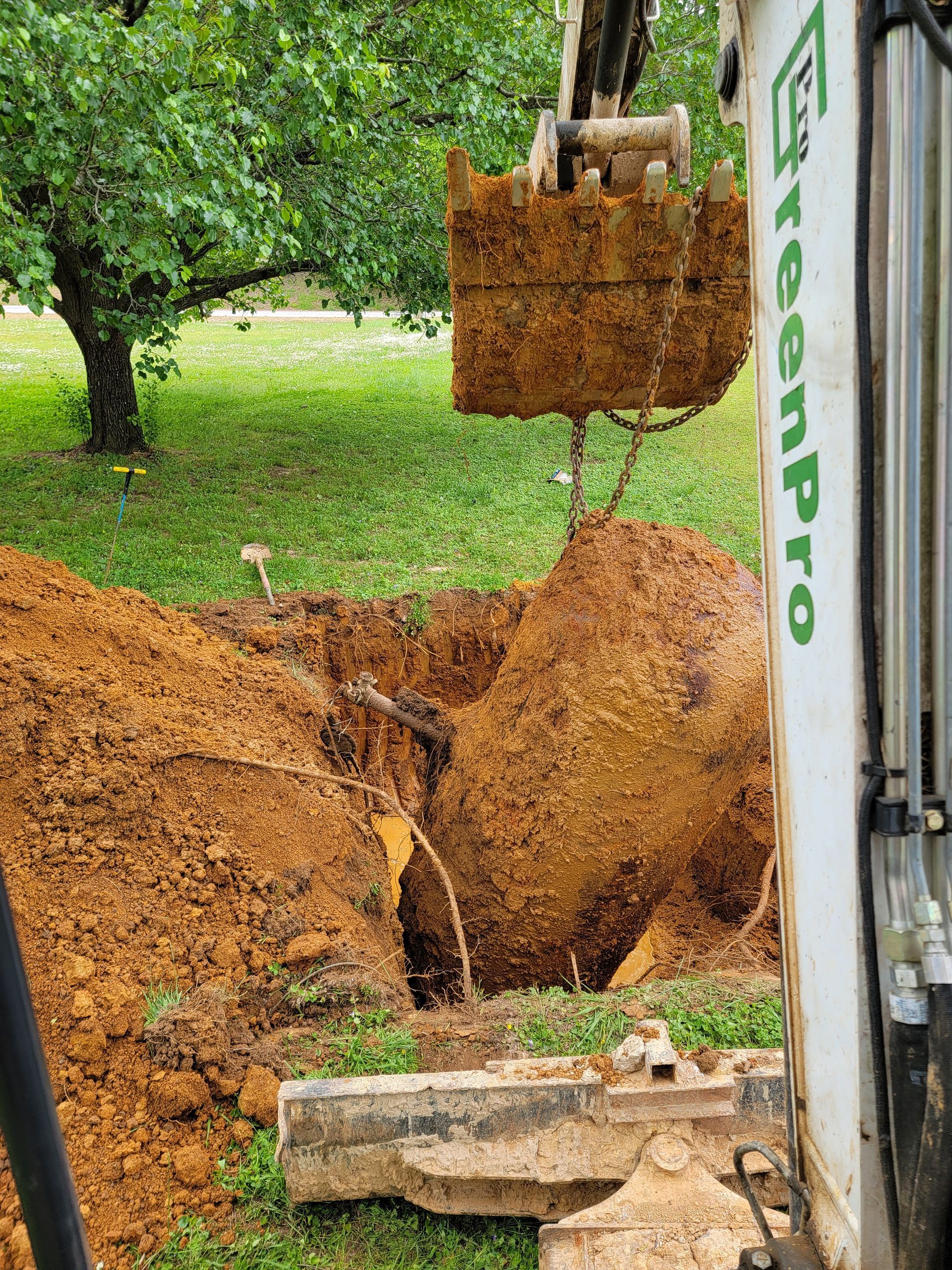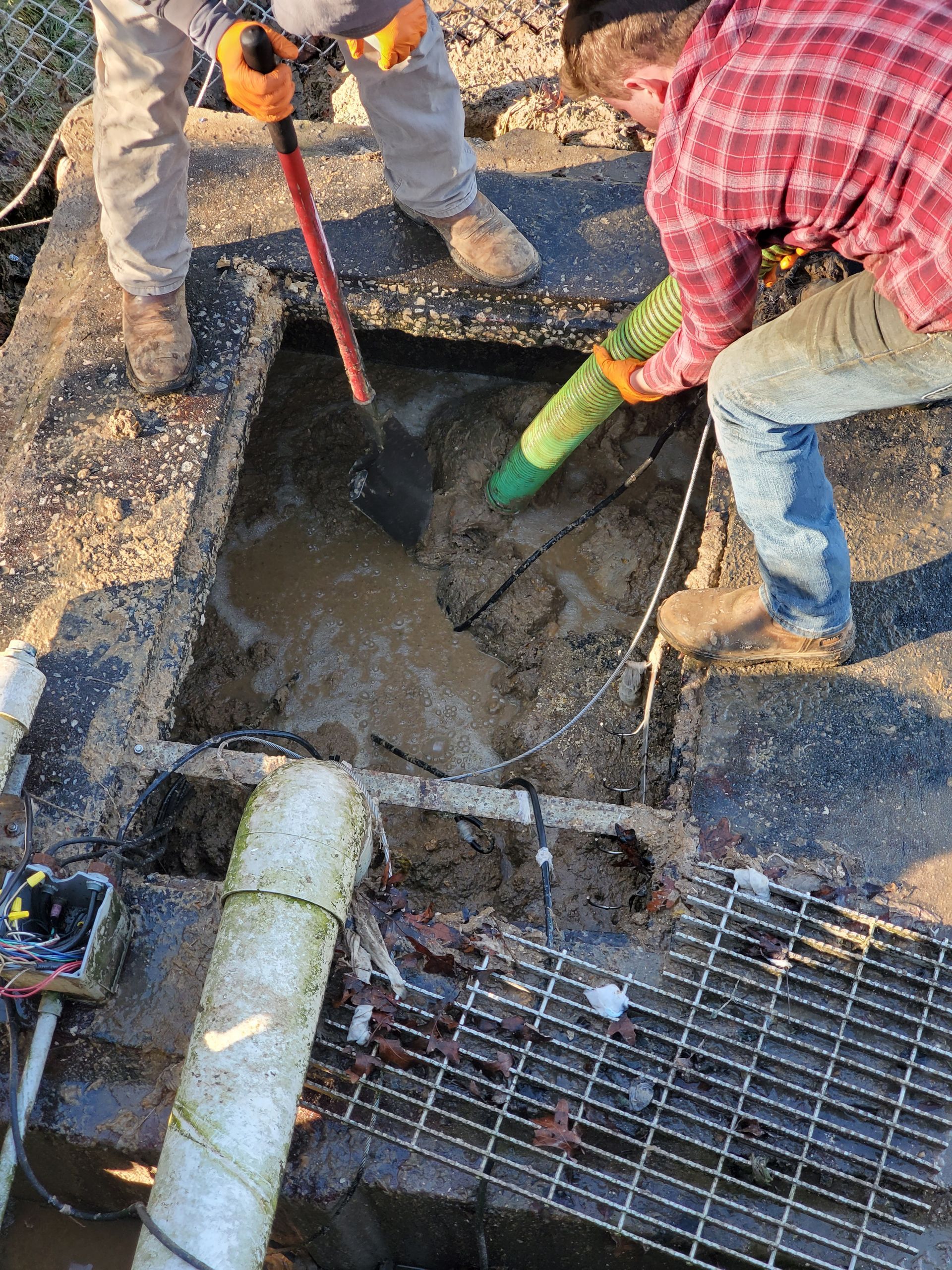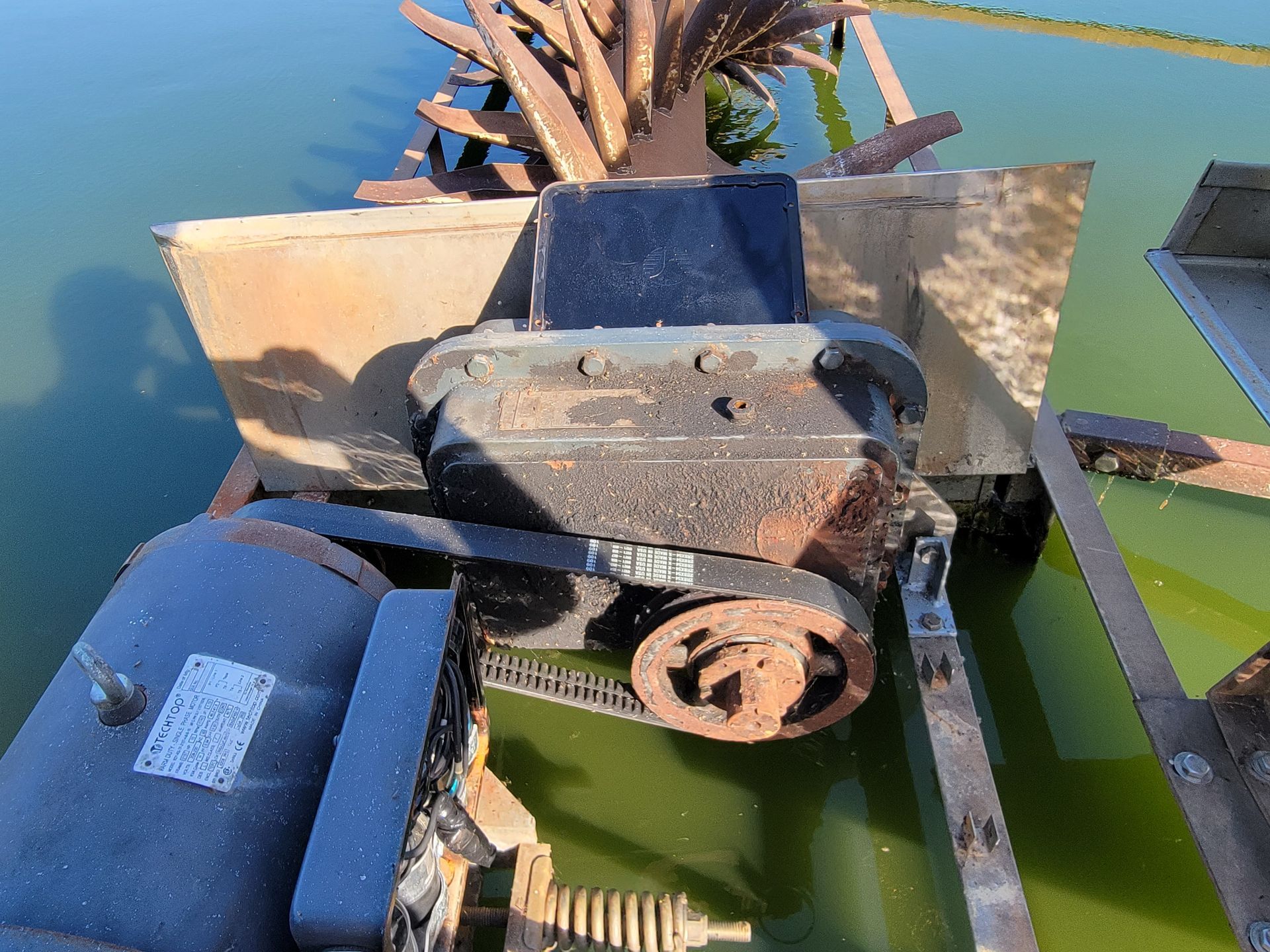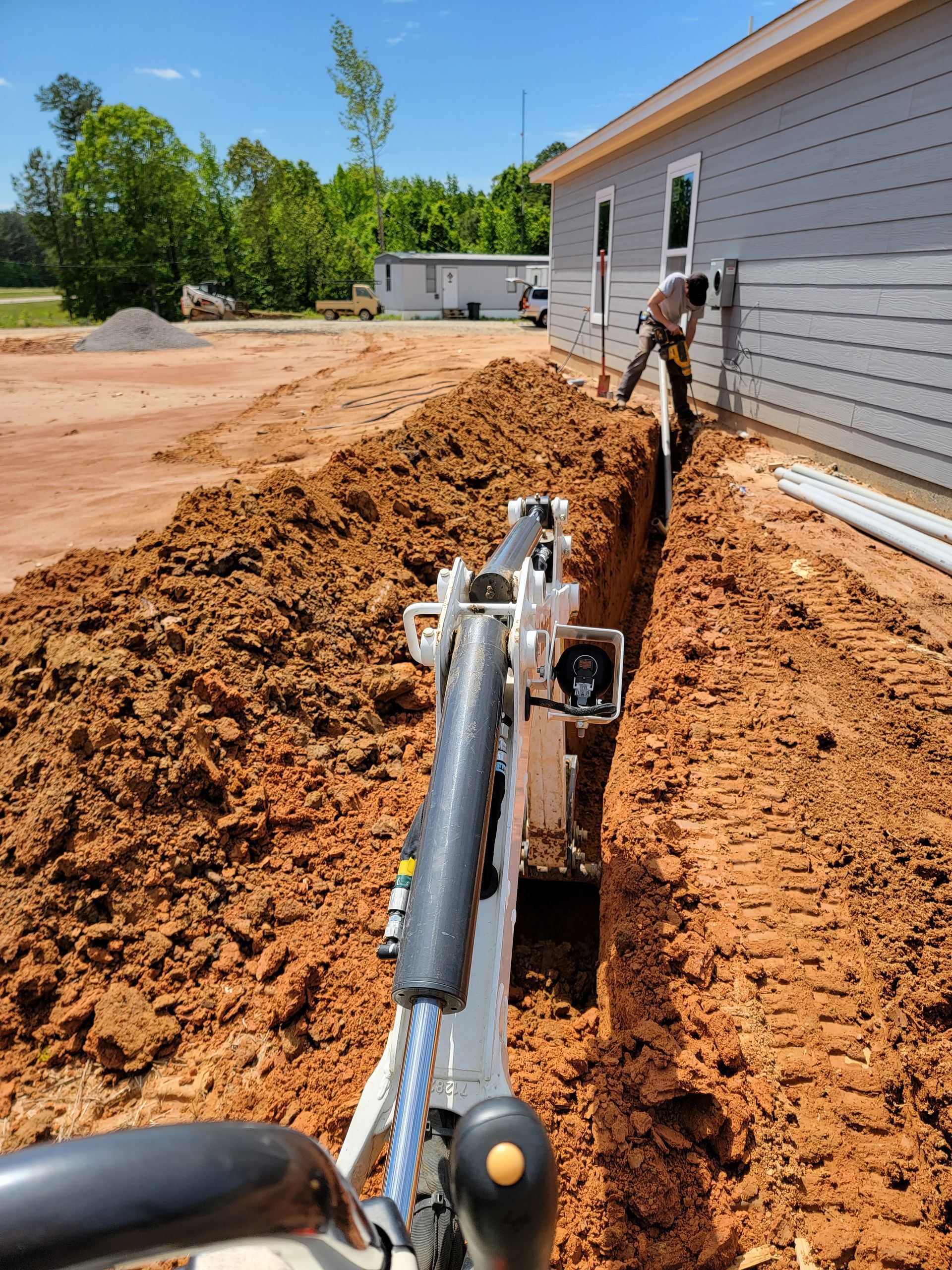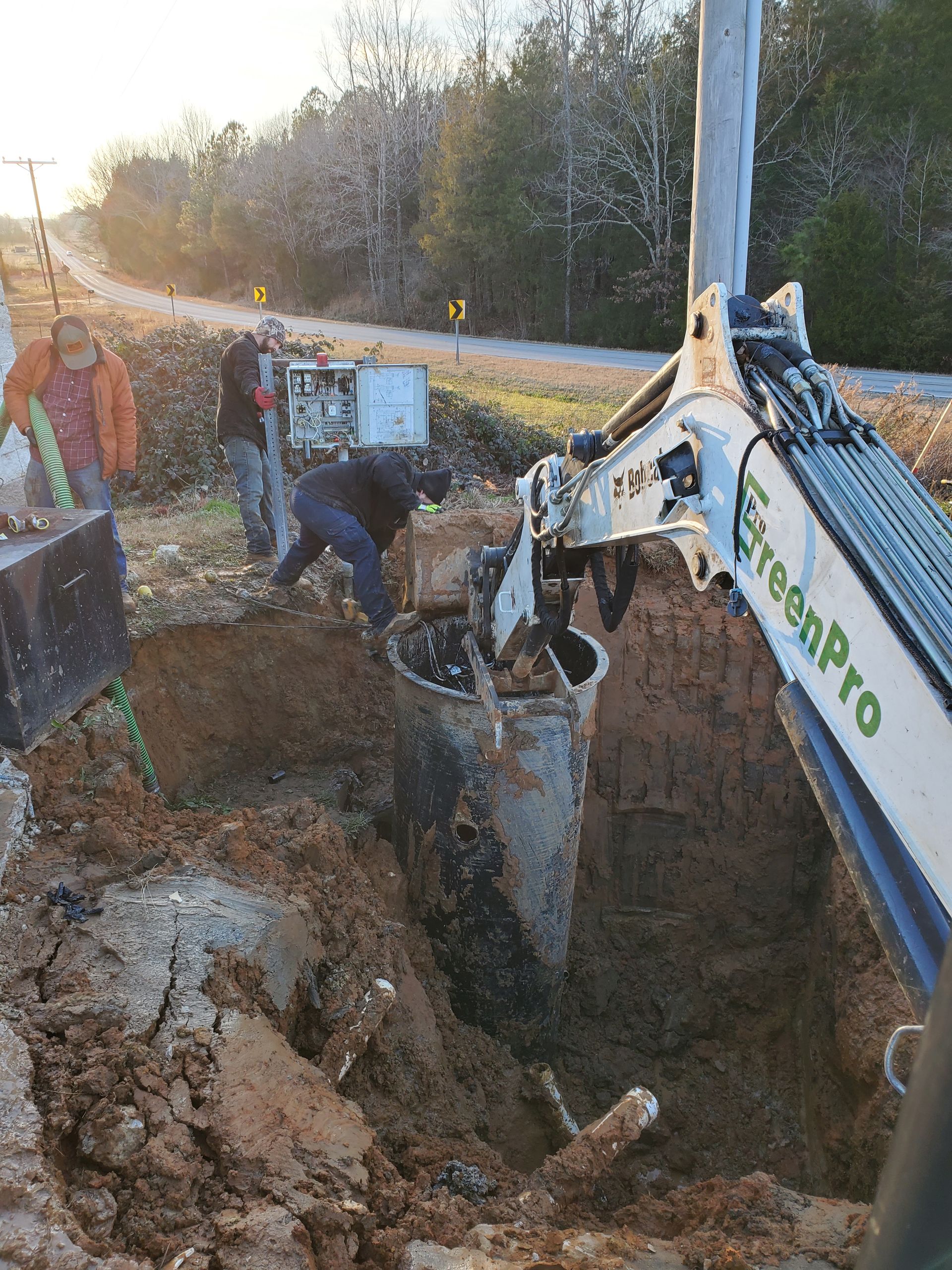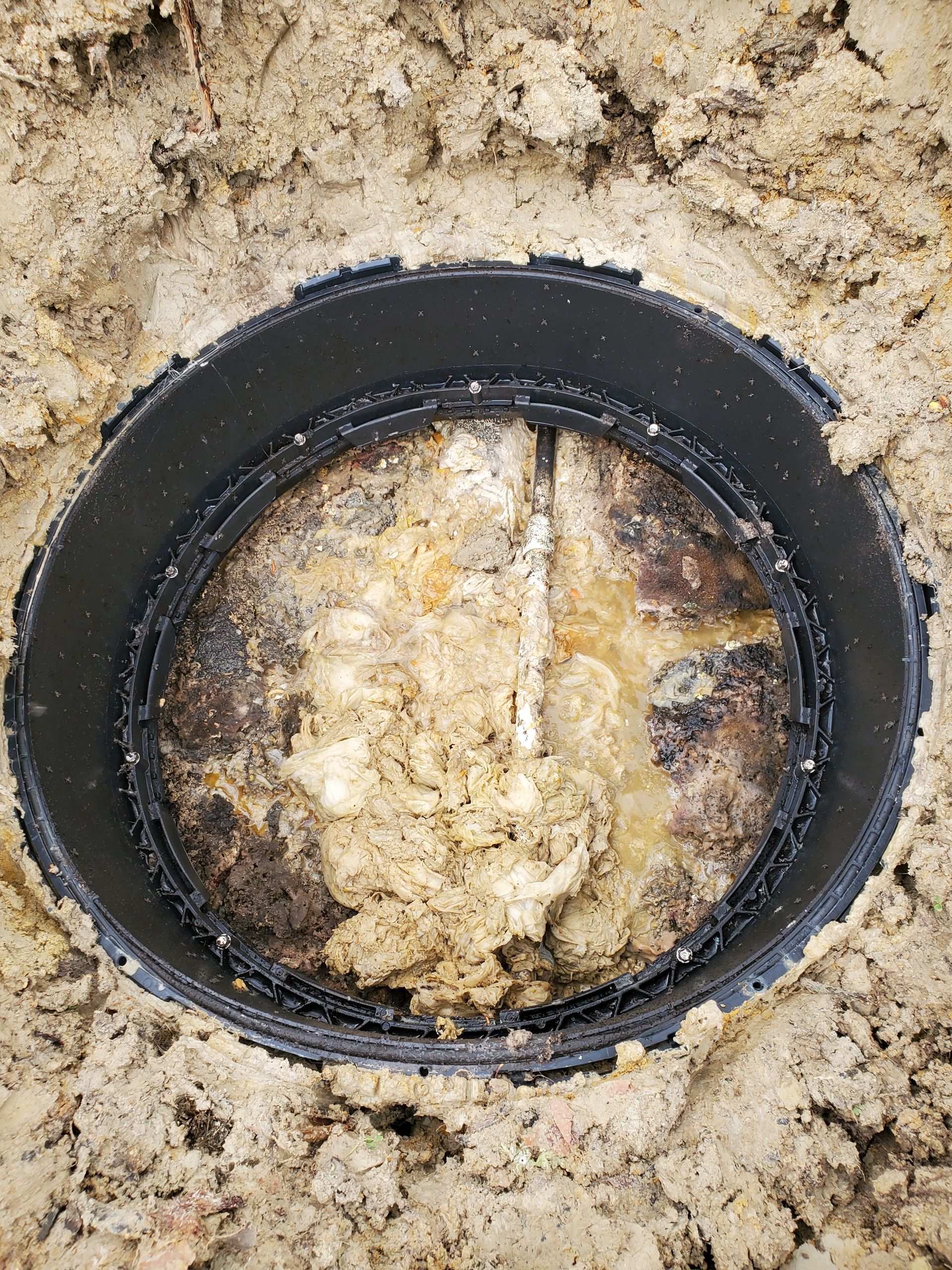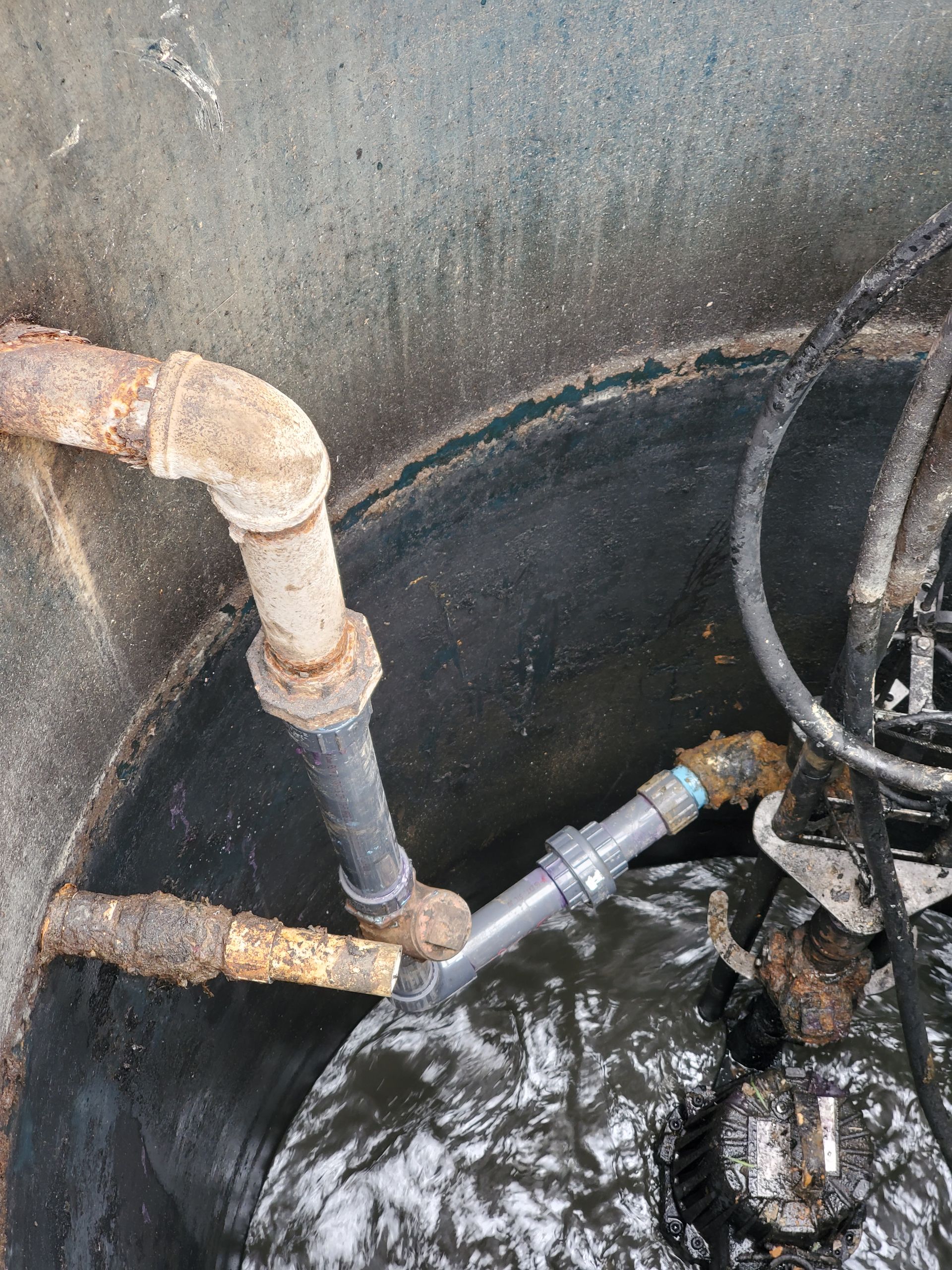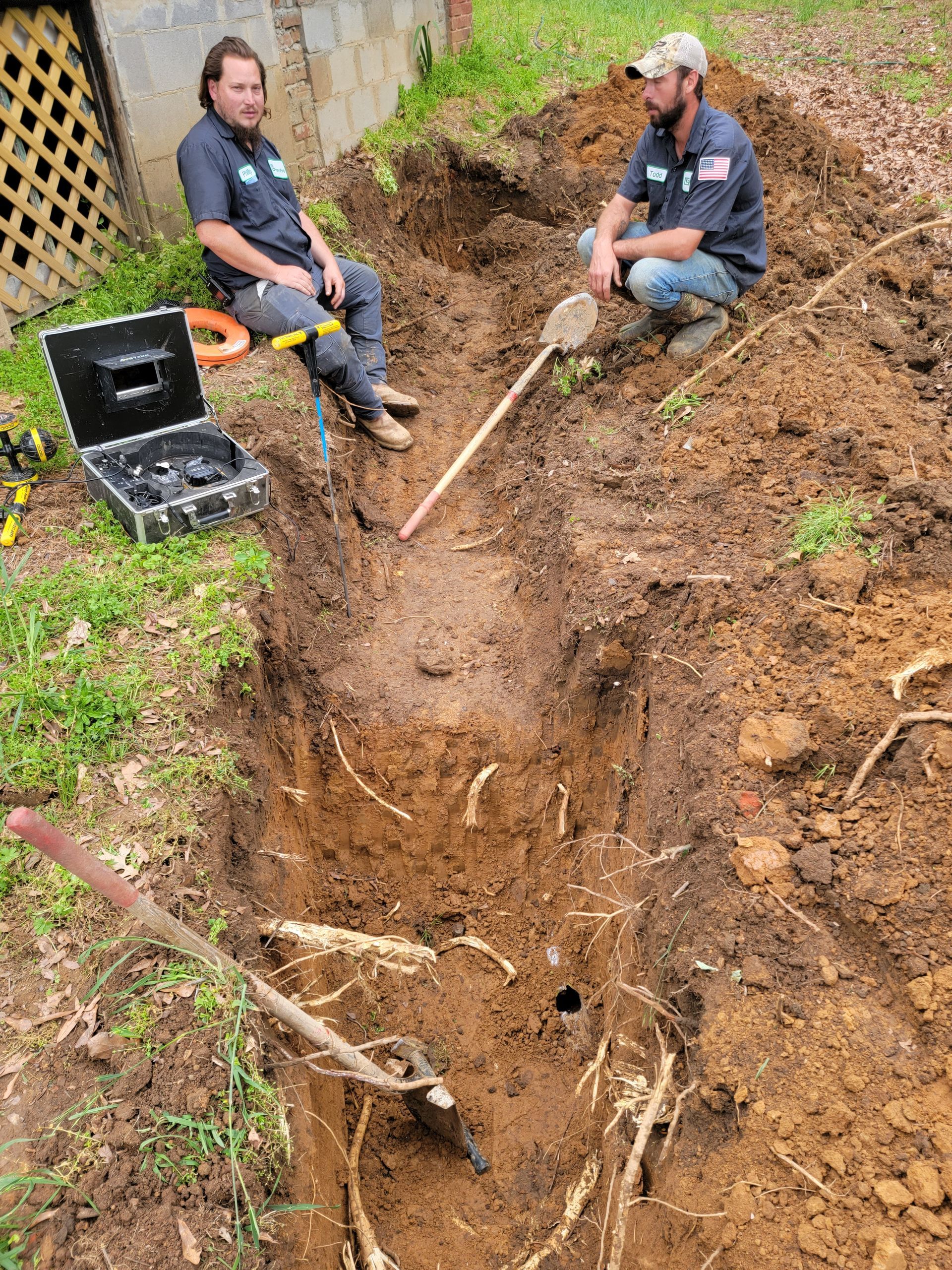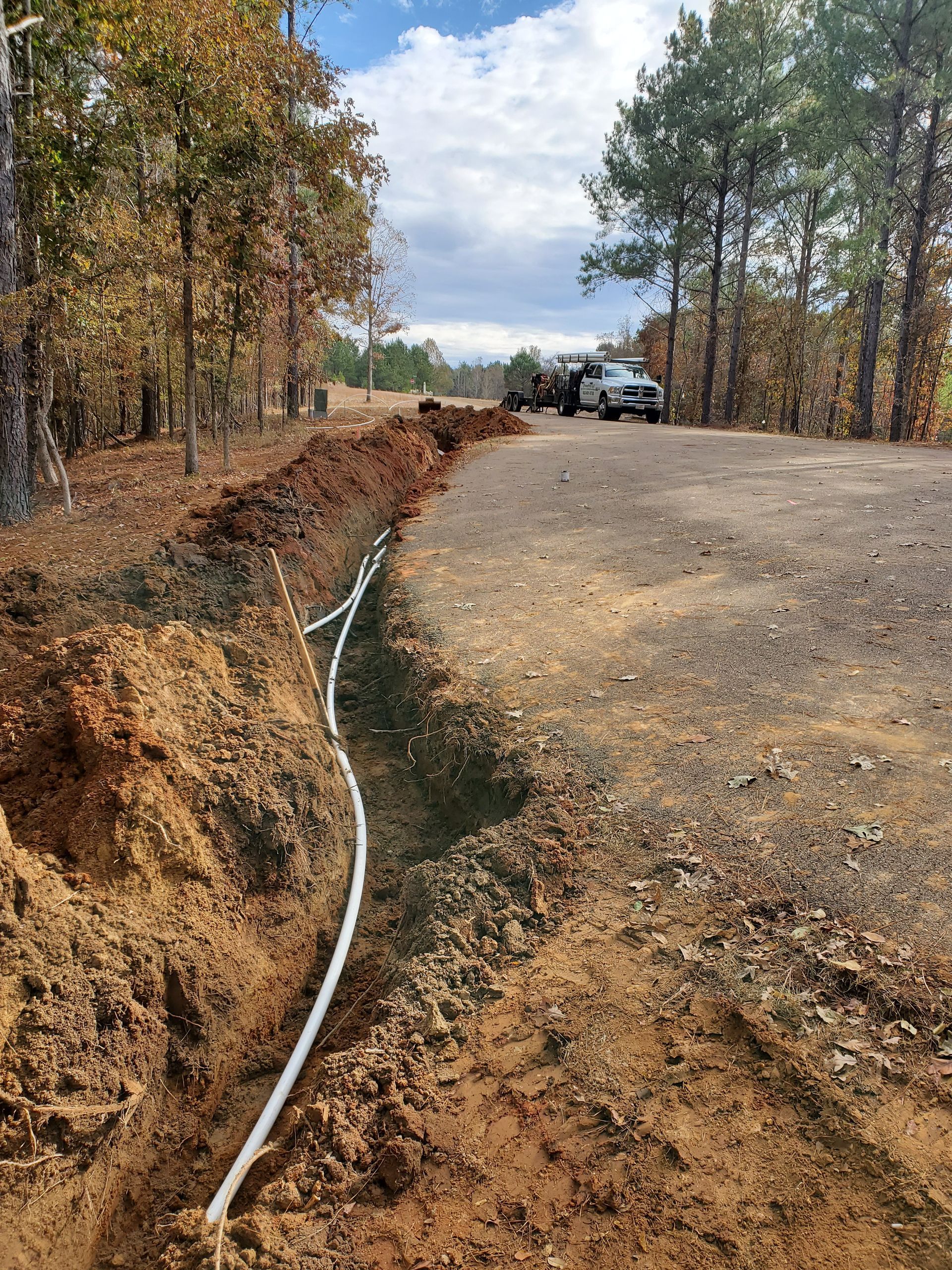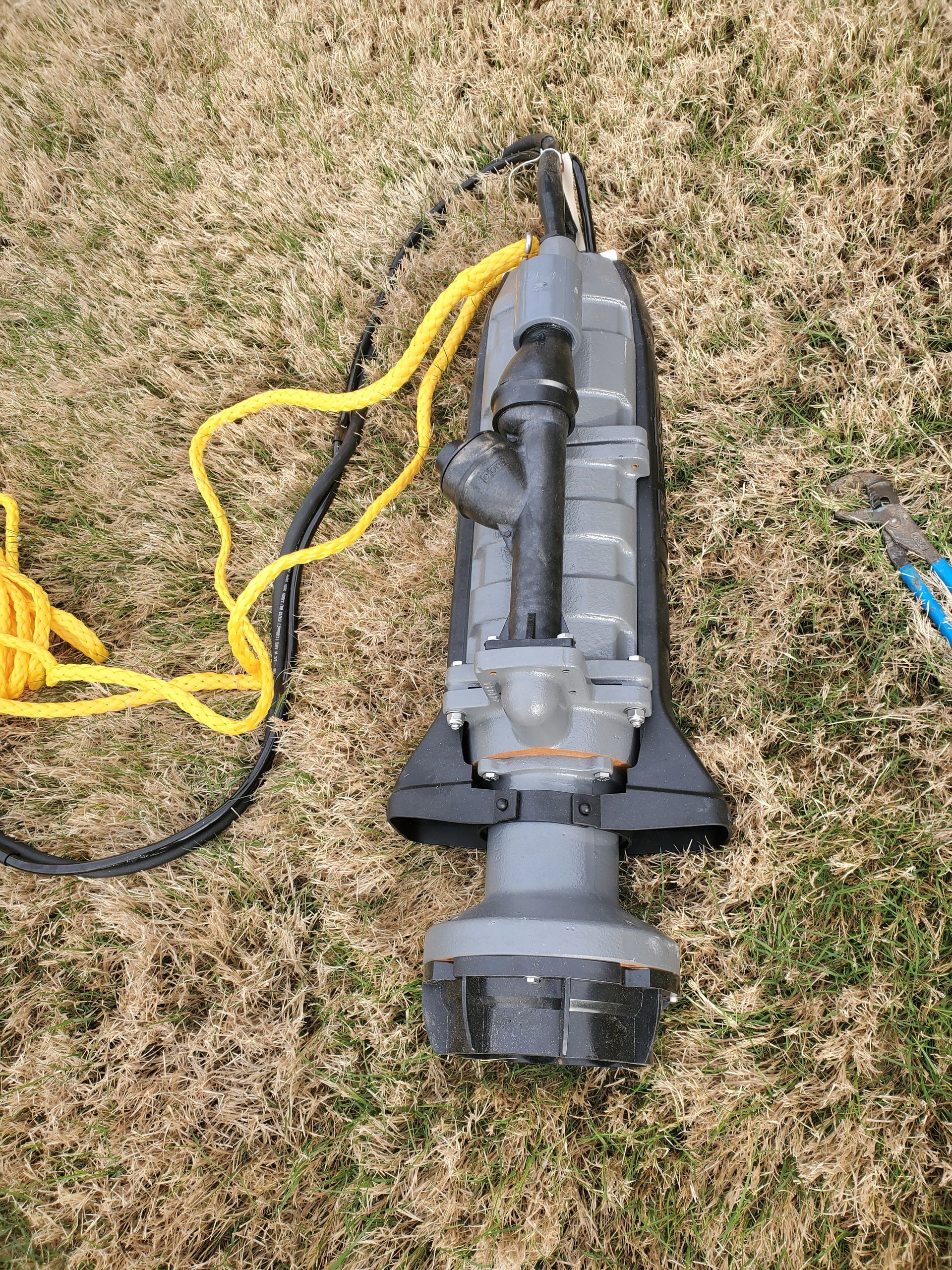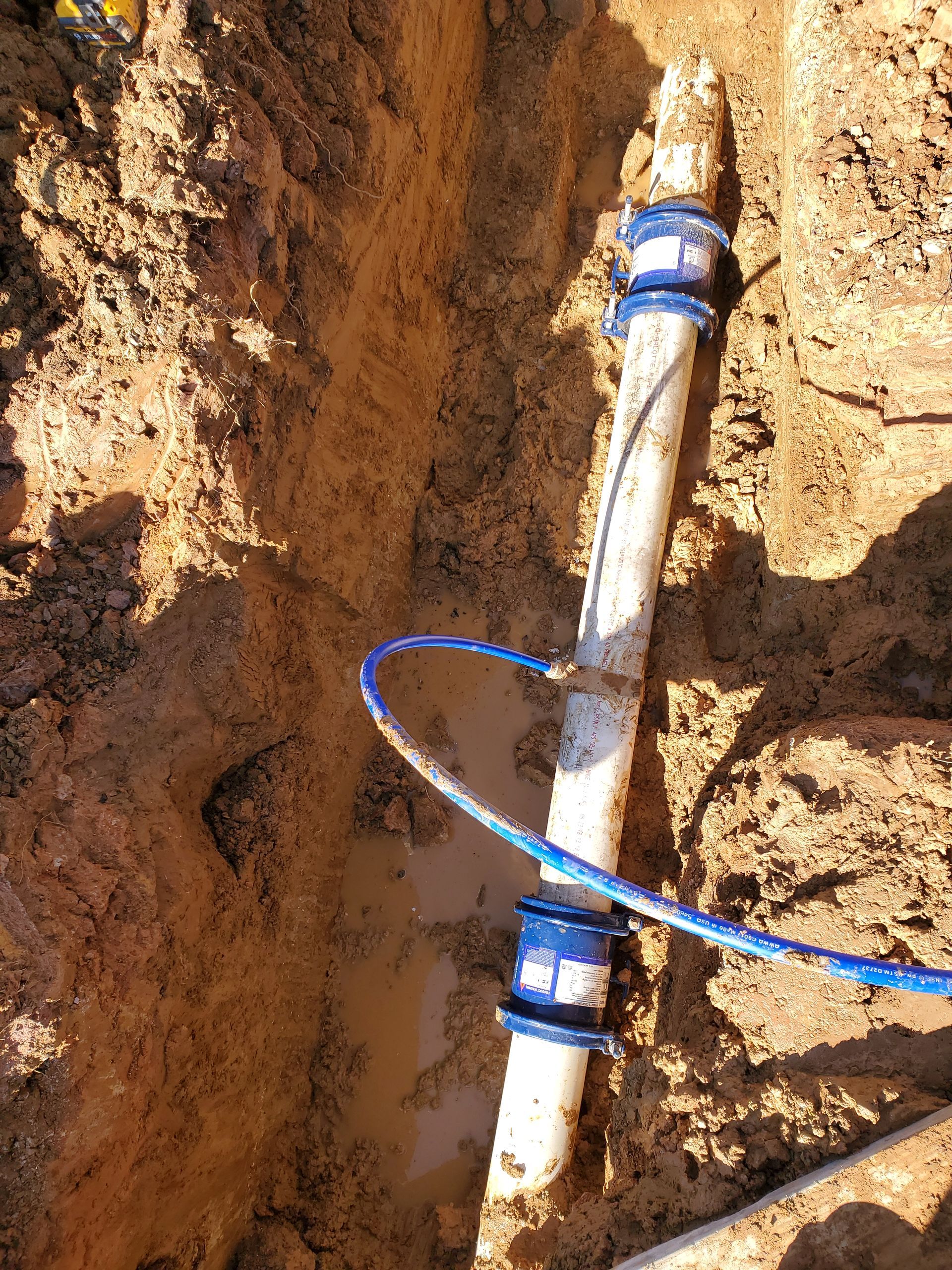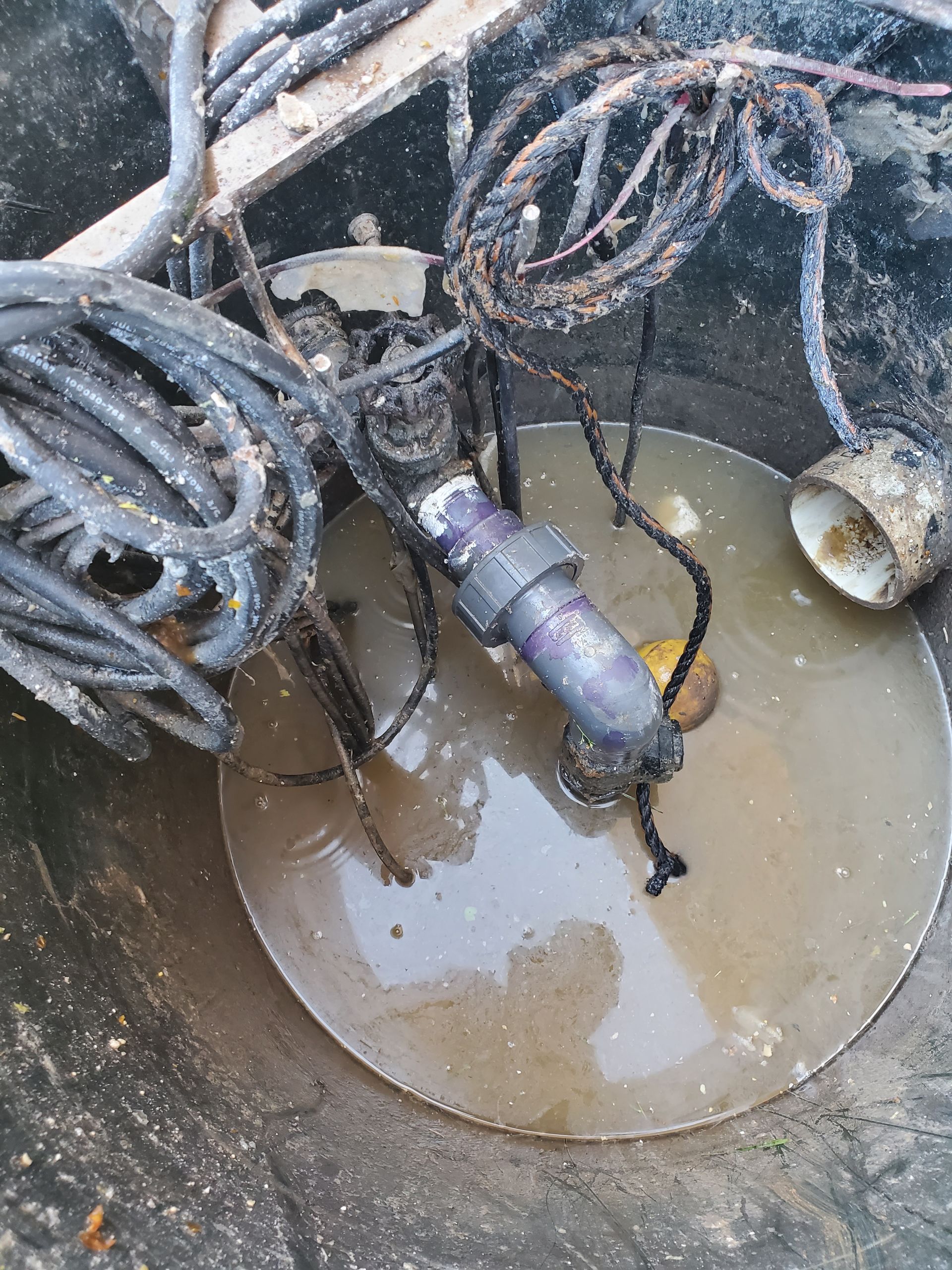Comprehensive Guide to Septic Tank Systems in Oxford, MS
Understanding the Importance, Installation, and Maintenance of Septic Systems for Oxford Residents
An efficient septic tank system is critical to maintaining a healthy and safe living environment for those who rely on it. When a septic system is not functioning correctly, it can lead to a host of problems, including the spread of harmful bacteria, the release of unpleasant odors, and even damage to the property. That is why it is essential to ensure that your septic system is functioning at peak efficiency at all times.
One of the primary benefits of an efficient septic tank system is that it helps to protect public health. A well-functioning septic system can effectively treat and dispose of wastewater, preventing the spread of harmful bacteria and other contaminants that can pose a risk to human health. This is especially important for rural and suburban areas that rely on septic systems as their primary wastewater treatment method.
An efficient septic system can also help to protect the environment. When wastewater is treated and disposed of properly, it can help to prevent contamination of groundwater, surface water, and other natural resources. This is critical for preserving the health of ecosystems and ensuring that these resources remain safe and usable for future generations.
In addition to protecting public health and the environment, an efficient septic system can also help to save homeowners money.
A septic system that is functioning efficiently will require less maintenance and repairs, reducing the overall cost of owning and maintaining the system. Regular maintenance, including periodic pumping of the septic tank, can help to prevent costly repairs and replacements that can result from a poorly maintained system.
Moreover, a well-functioning septic system can also increase the value of a property. When a property has a well-maintained and efficient septic system, it can be a significant selling point for potential buyers. On the other hand, a poorly functioning septic system can be a major deterrent to potential buyers and can decrease the overall value of the property.
To maintain an efficient septic system, regular maintenance is essential. This includes regular pumping of the septic tank, typically every 3-5 years, depending on the size of the tank and the number of people using it. Additionally, homeowners should be careful about what they put down their drains and toilets to prevent clogs and other problems that can affect the efficiency of the system.
It is also important to have the septic system inspected regularly by a professional like GreenPro. A professional inspection can identify any potential issues with the system before they become major problems, allowing for timely repairs and maintenance.
In conclusion, an efficient septic system is essential for protecting public health, preserving the environment, saving money, and increasing property value. By properly maintaining and caring for your septic system, you can ensure that it continues to function at peak efficiency for years to come.
Fill out our 'soft-pull' finance application (that does not hurt your credit), and we'll be glad to help! After submitting the application, you can expect to hear back from us within 48 hours to discuss your options.

Easy application, get approved in minutes

No-interest, no-payment plans for up to 18 months

Explore financing options without impacting your credit

Easily manage your account and make payments online
